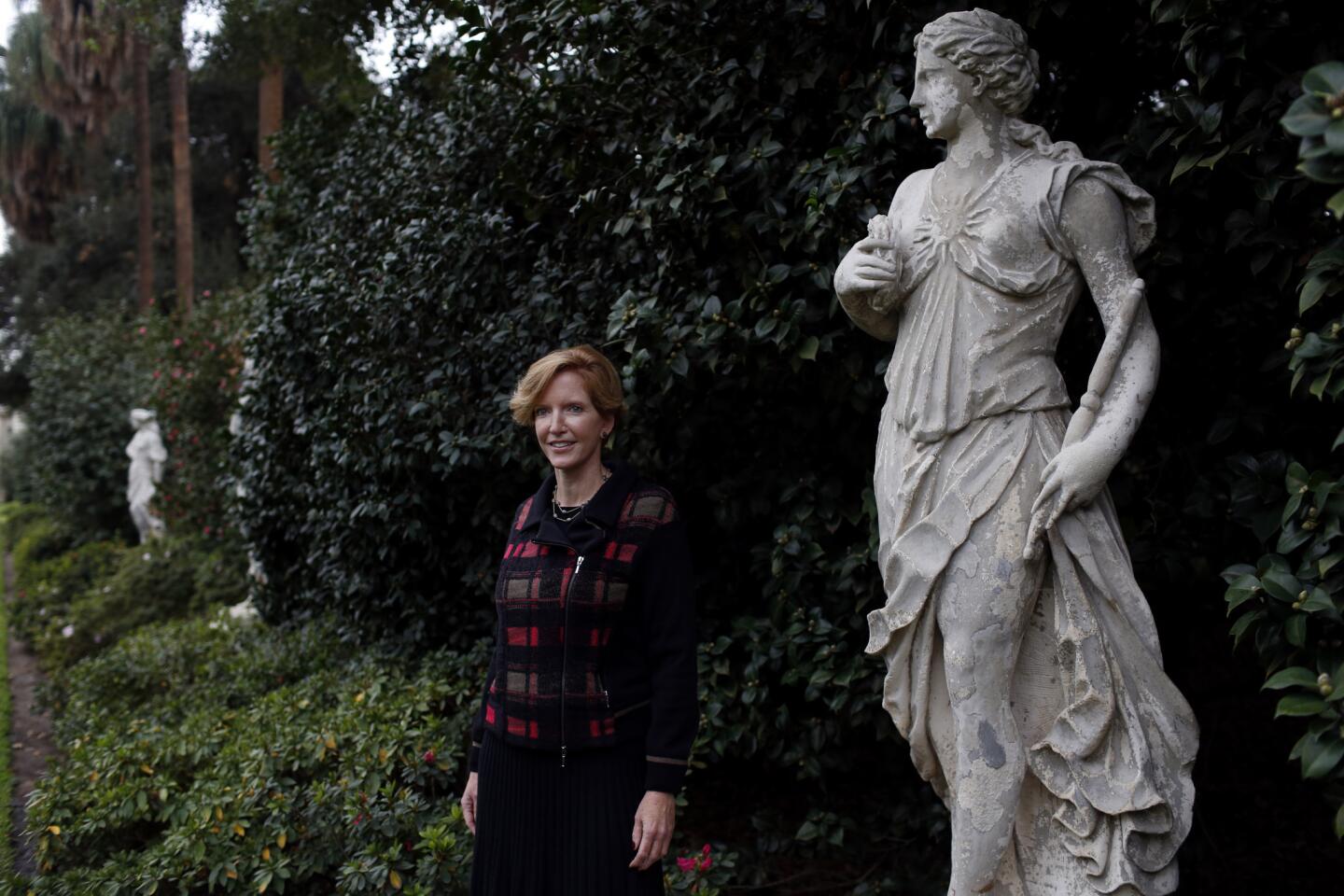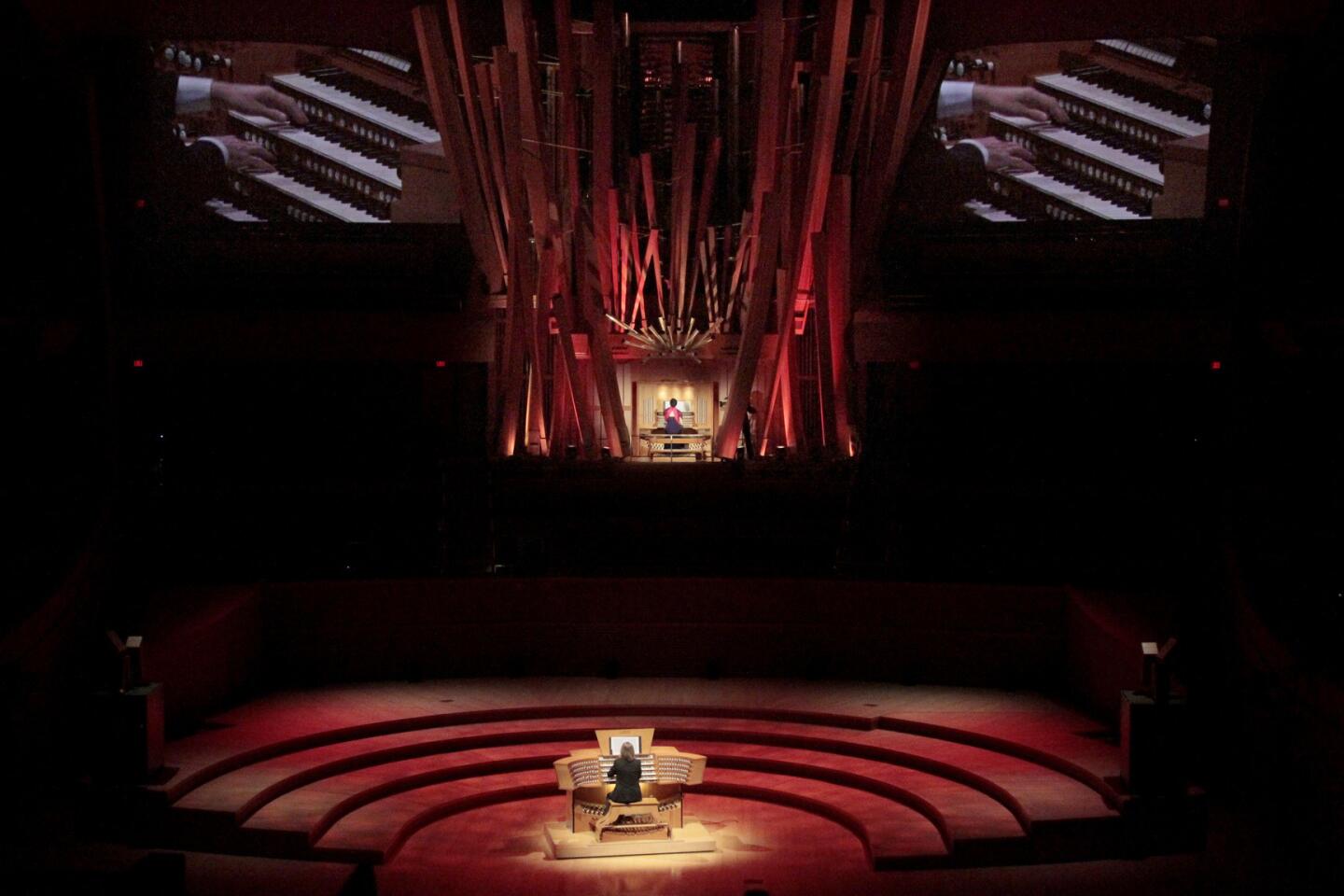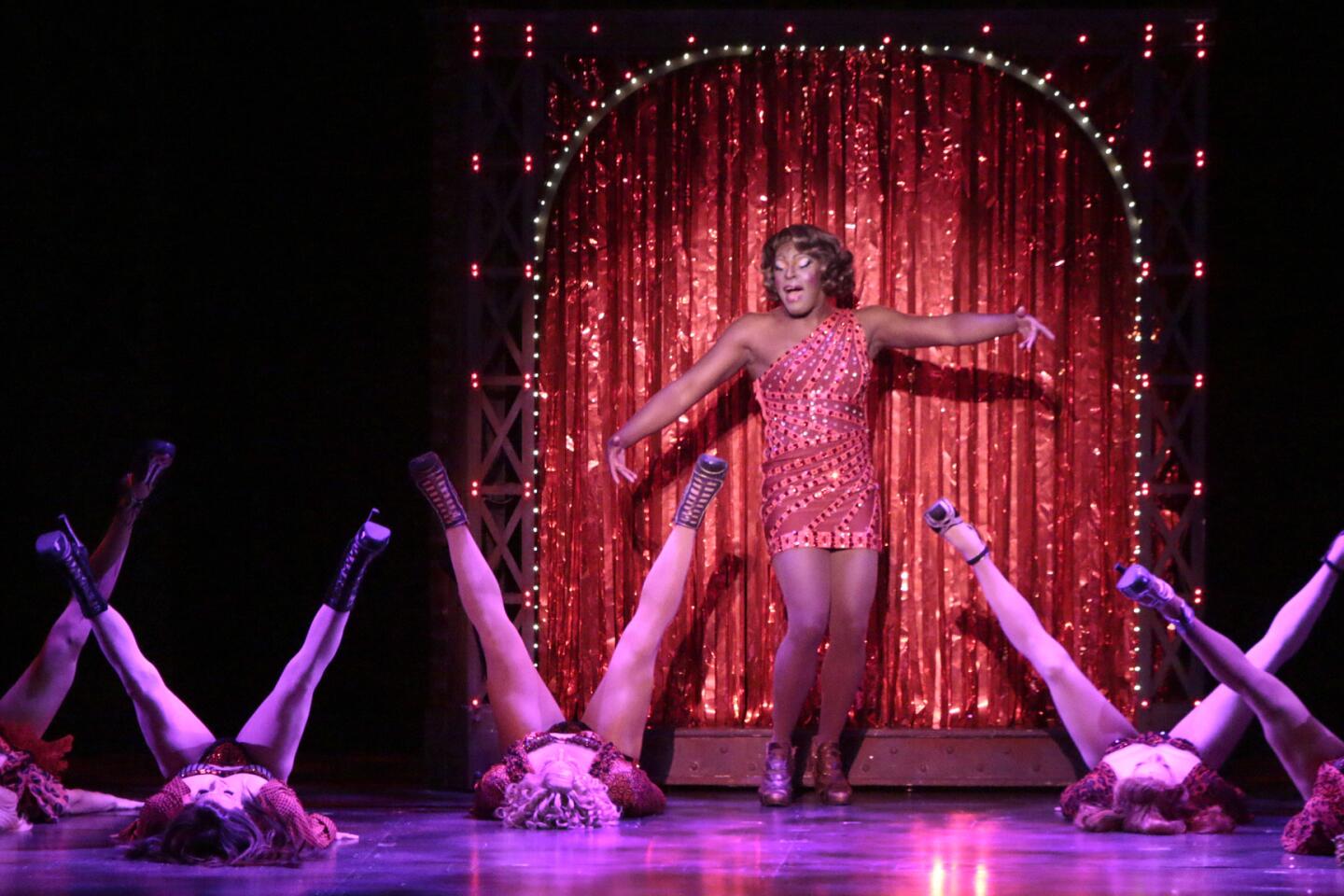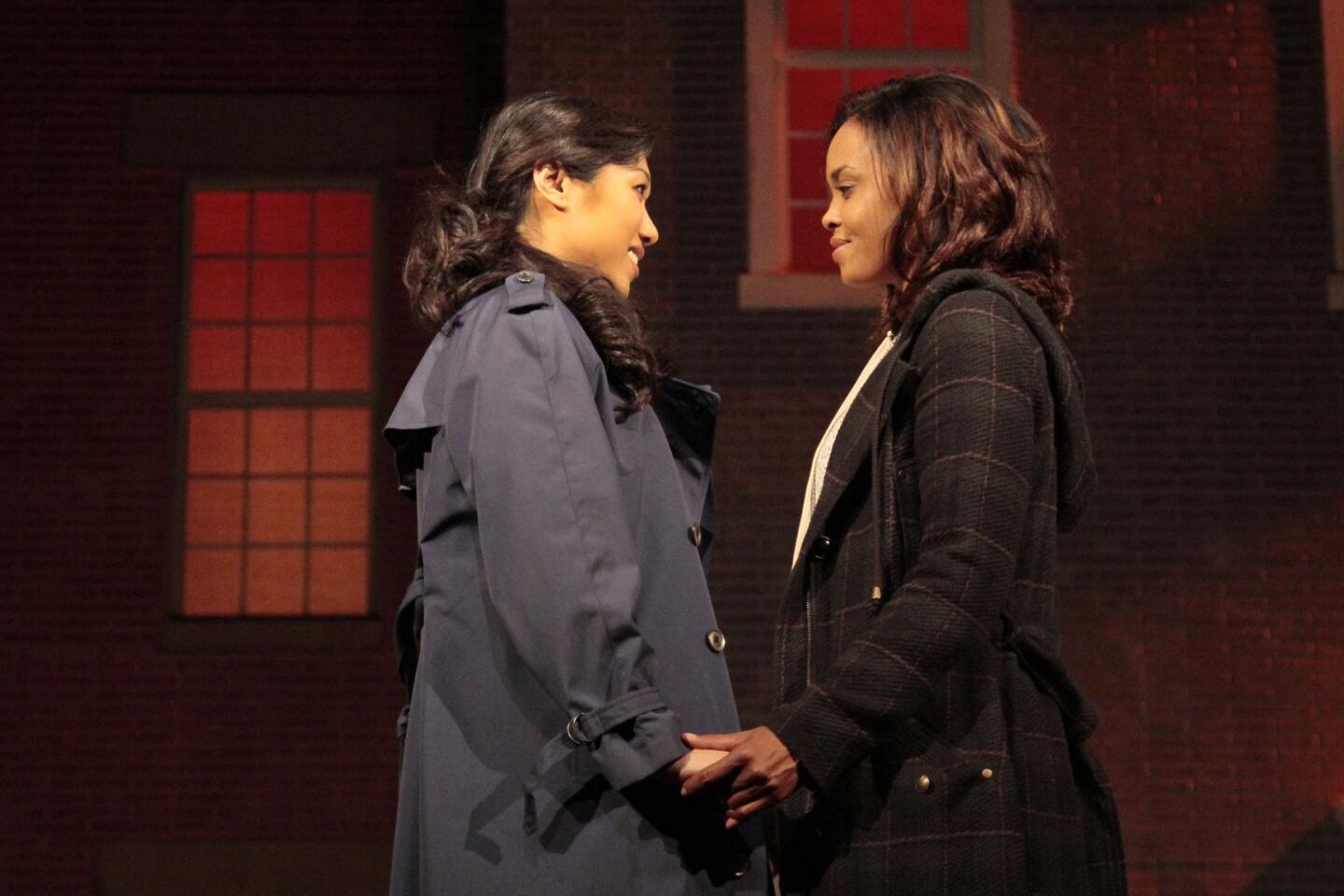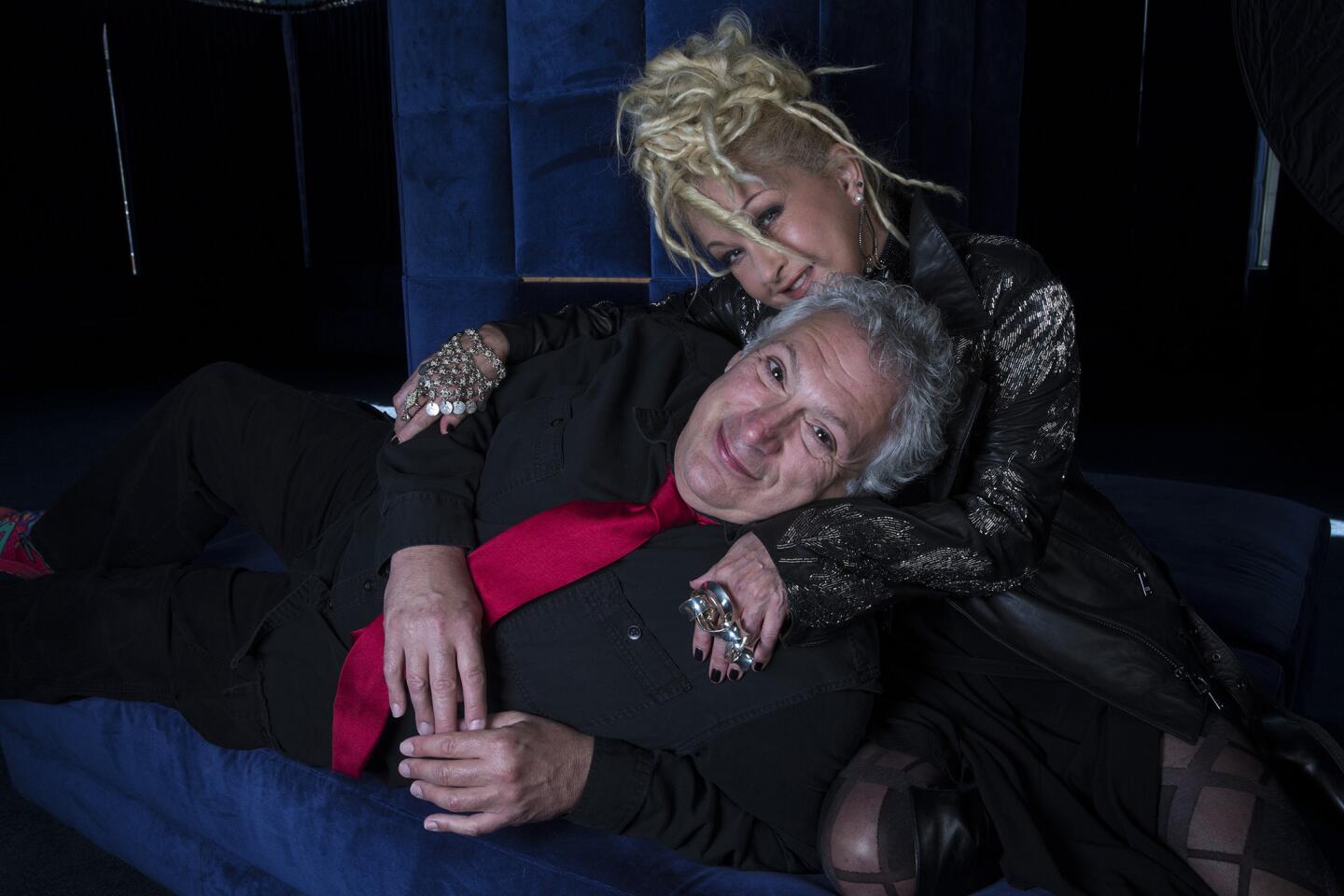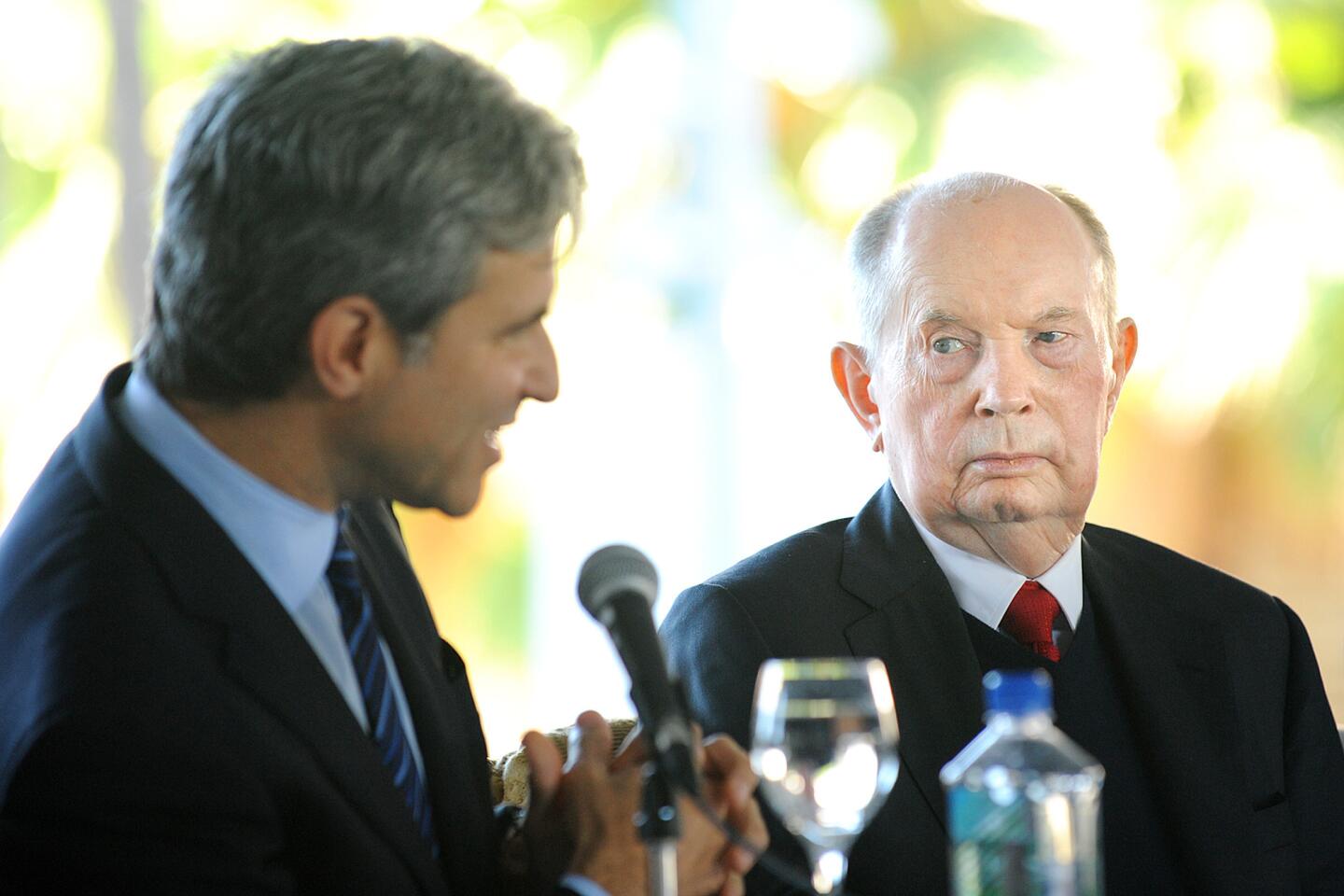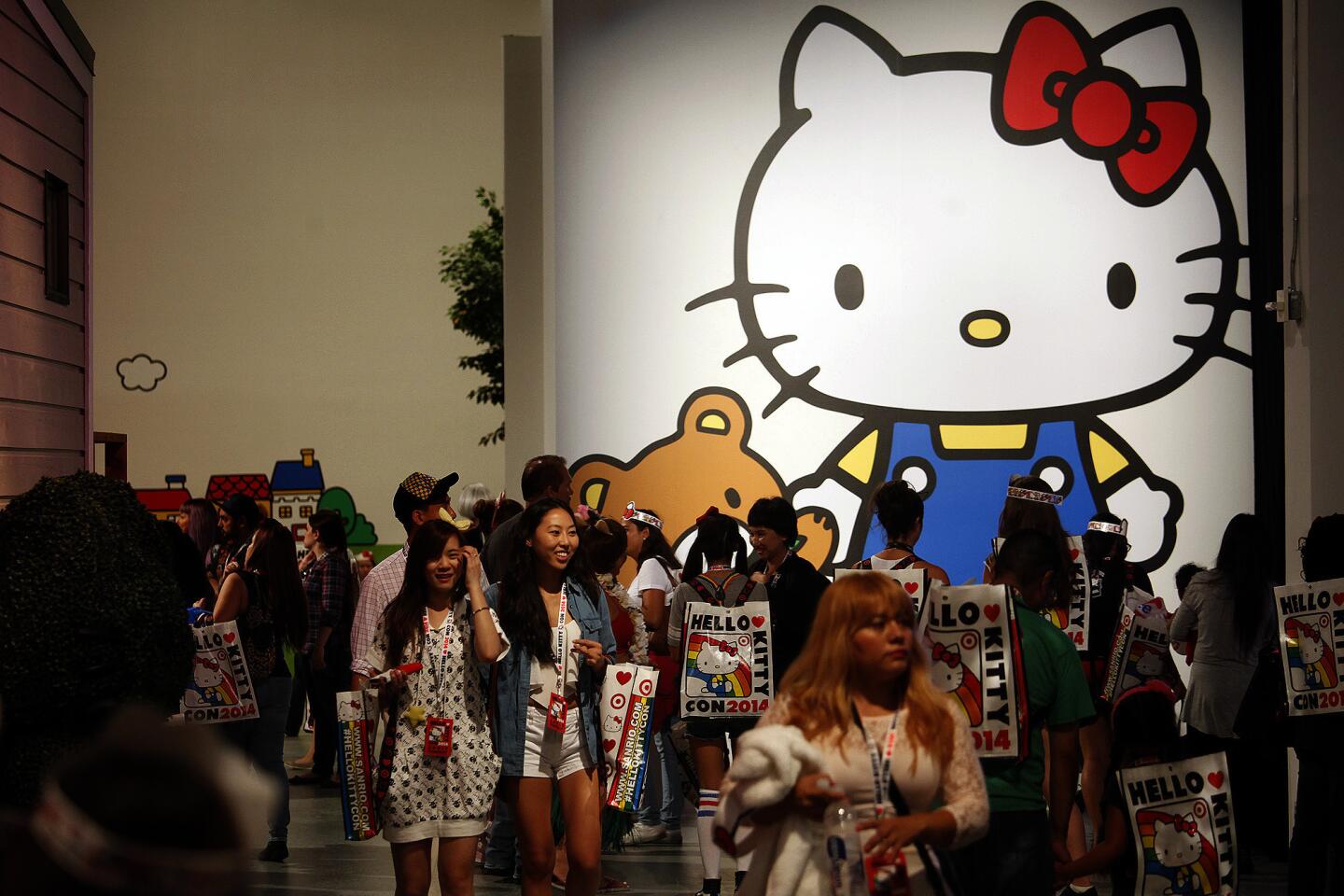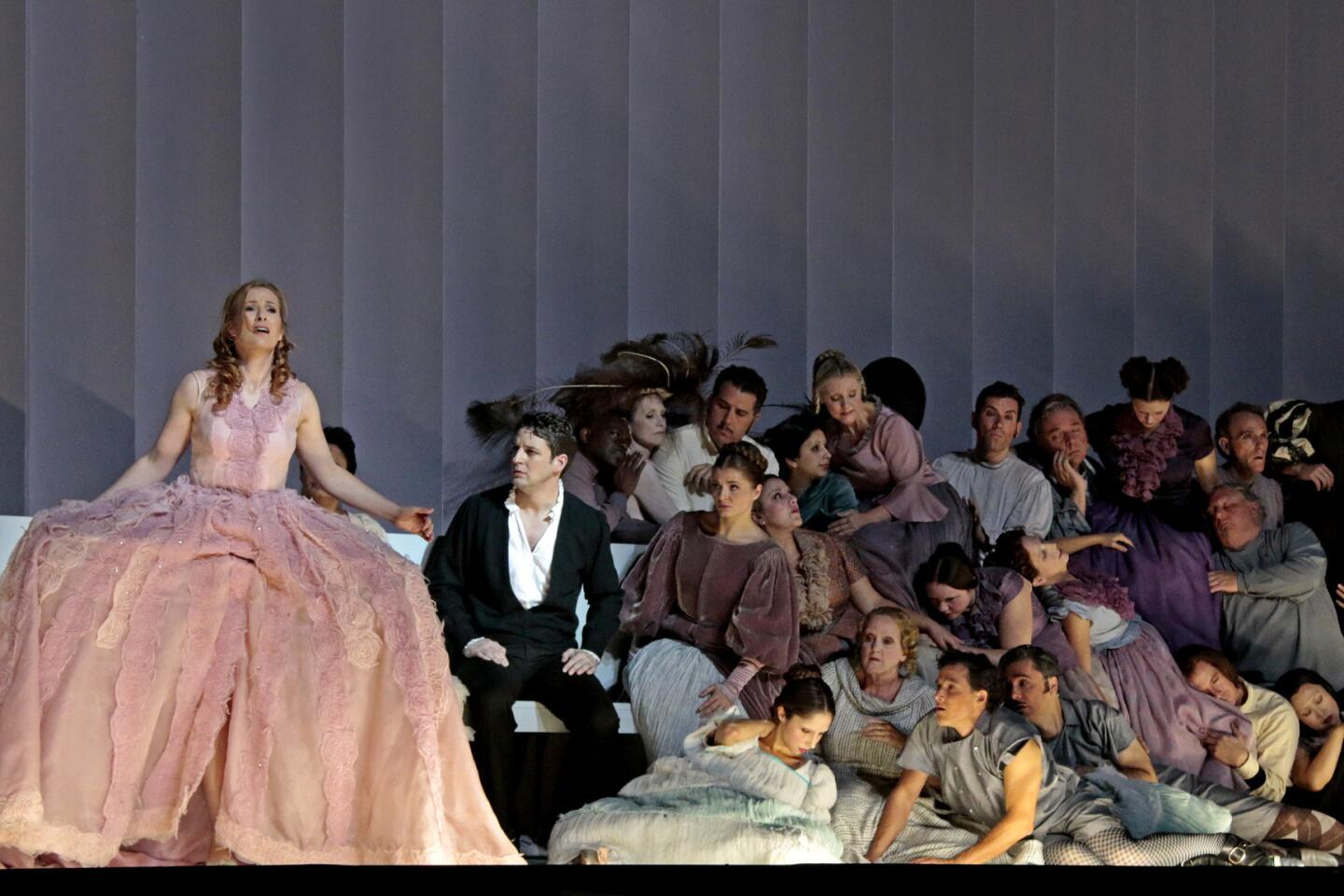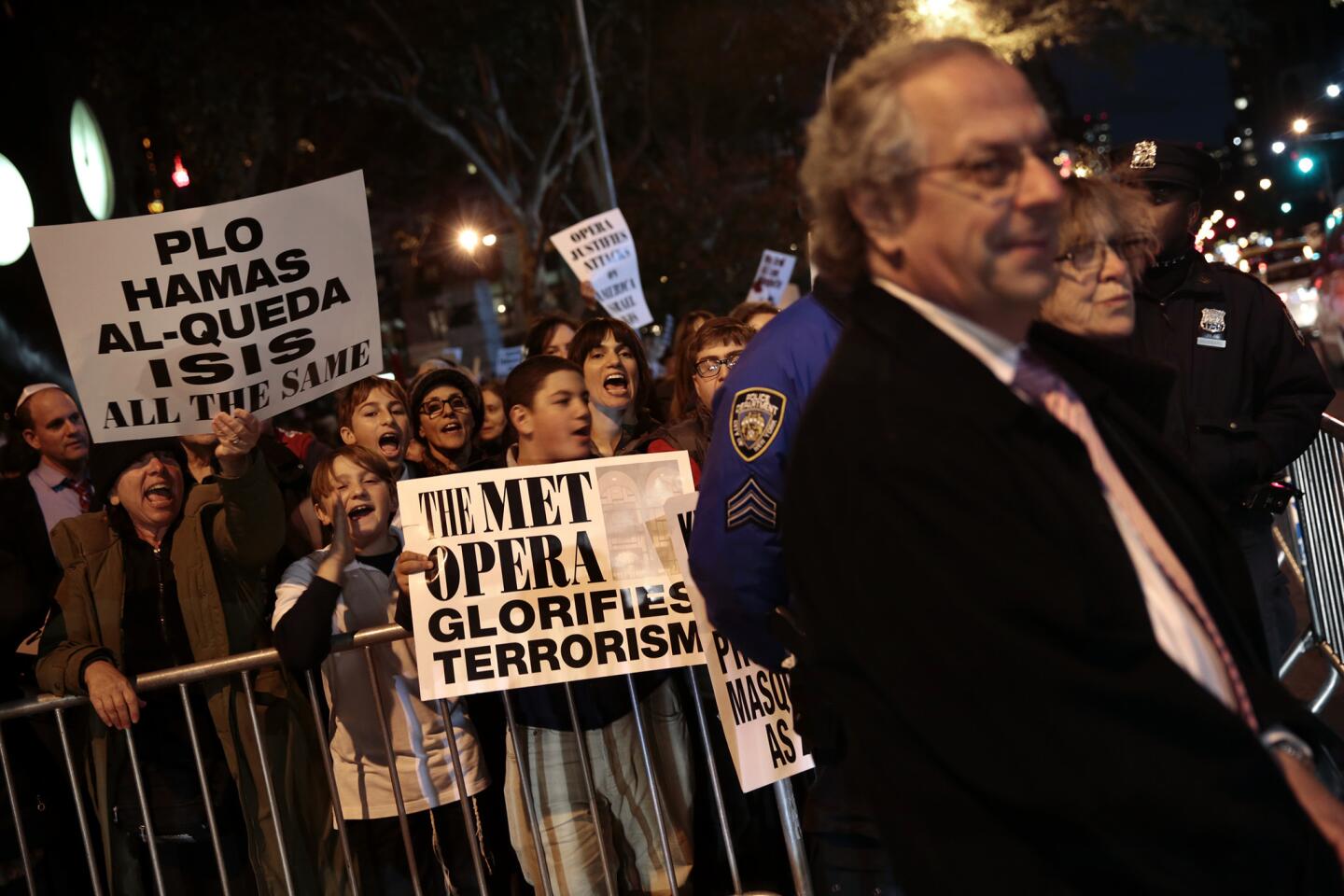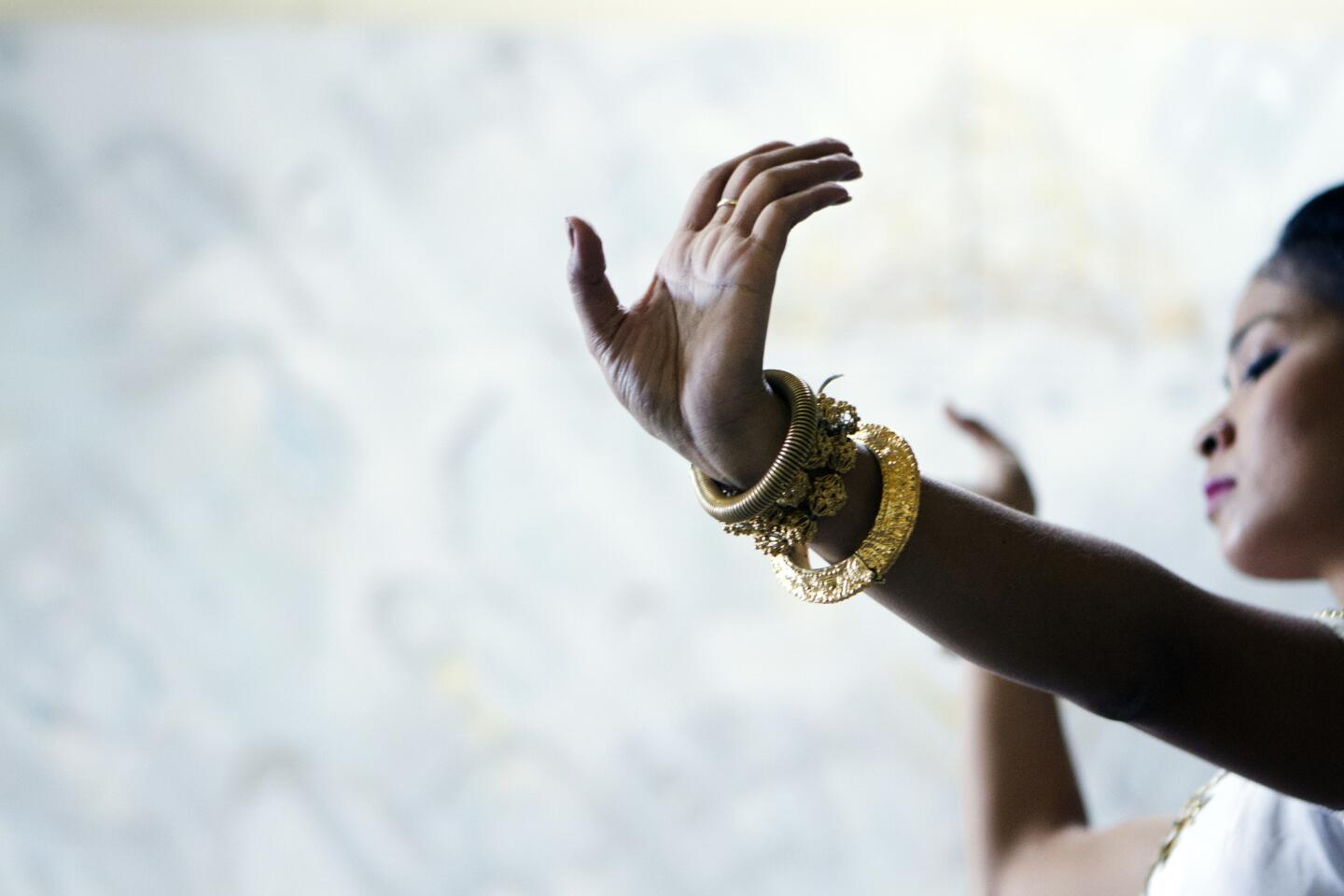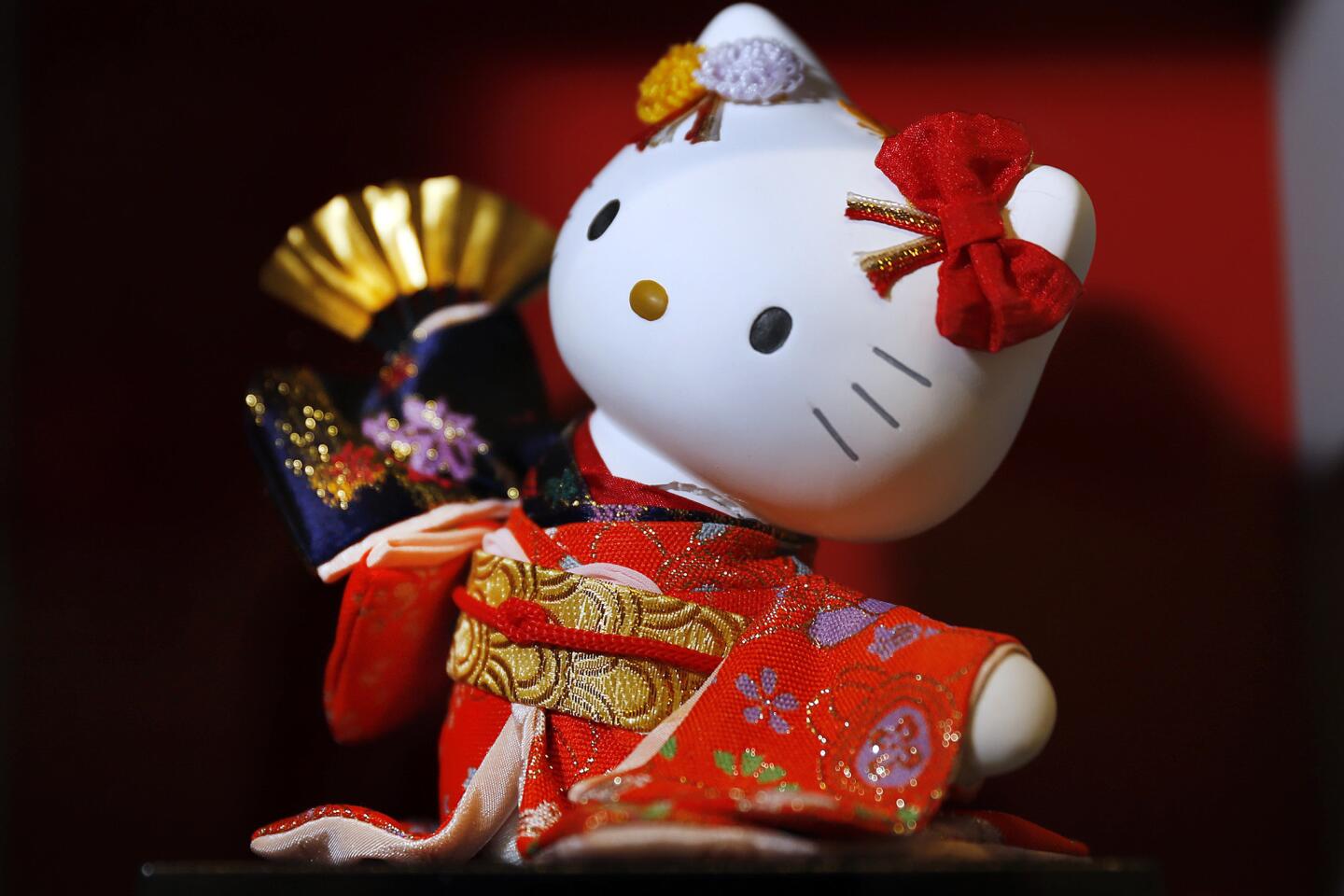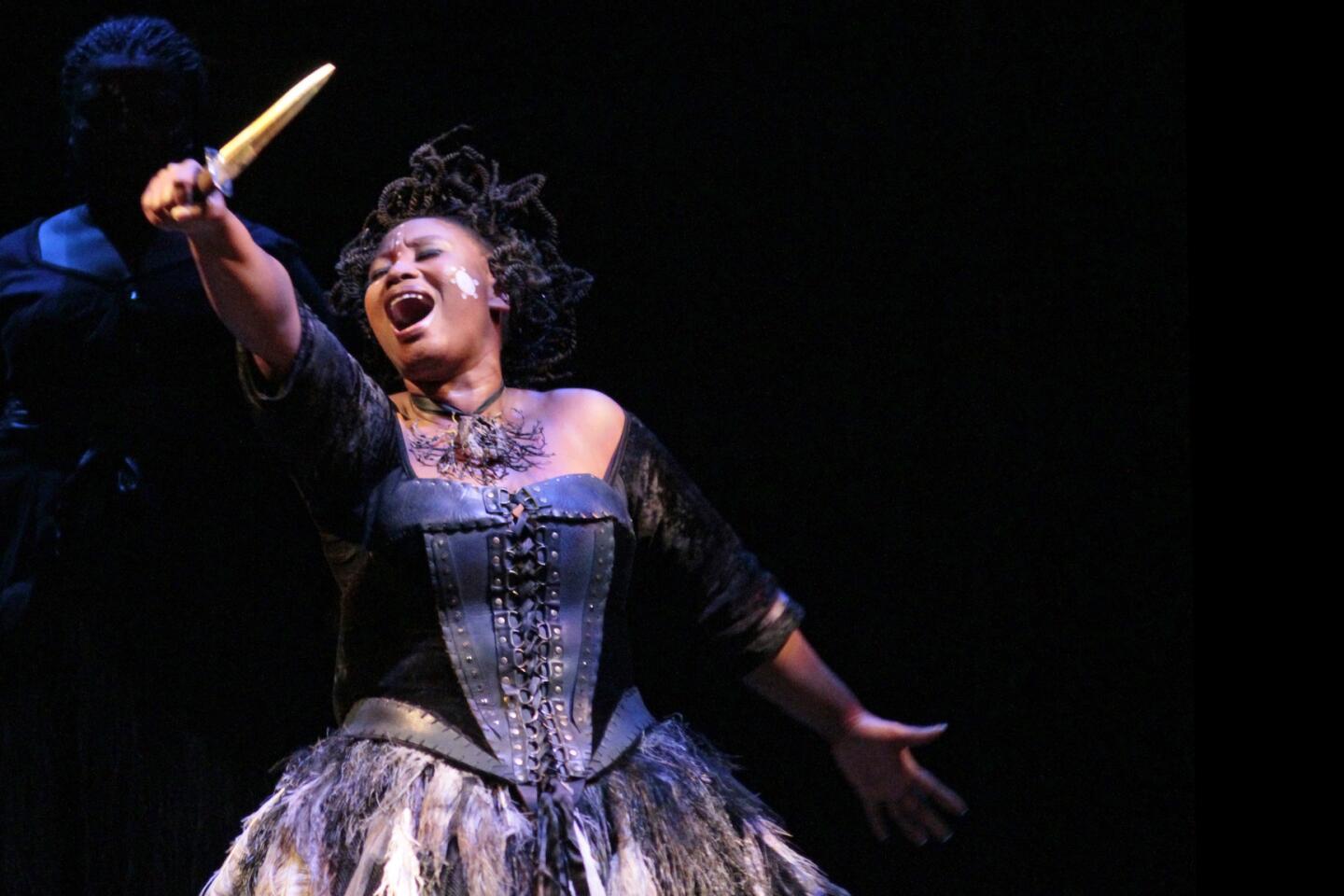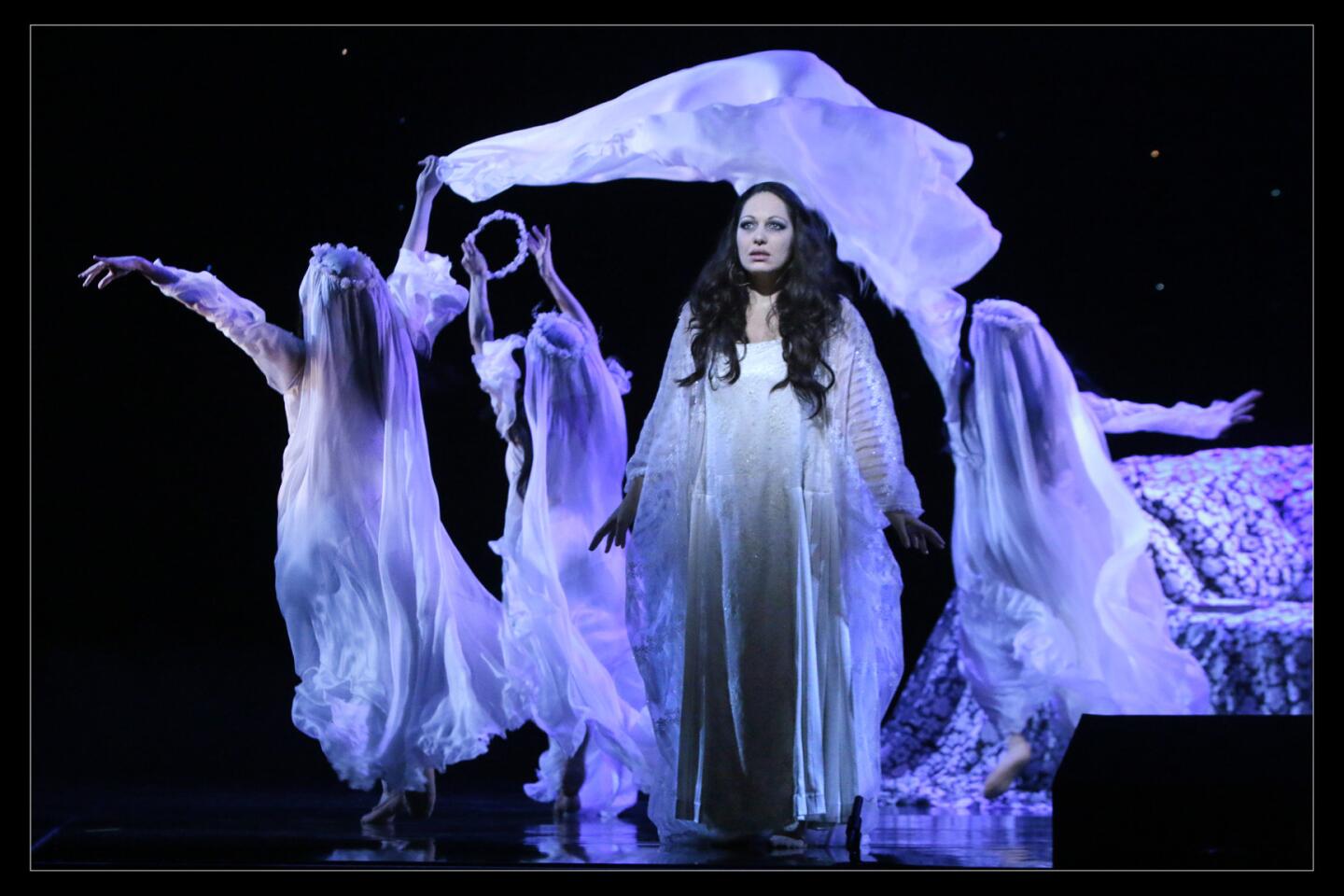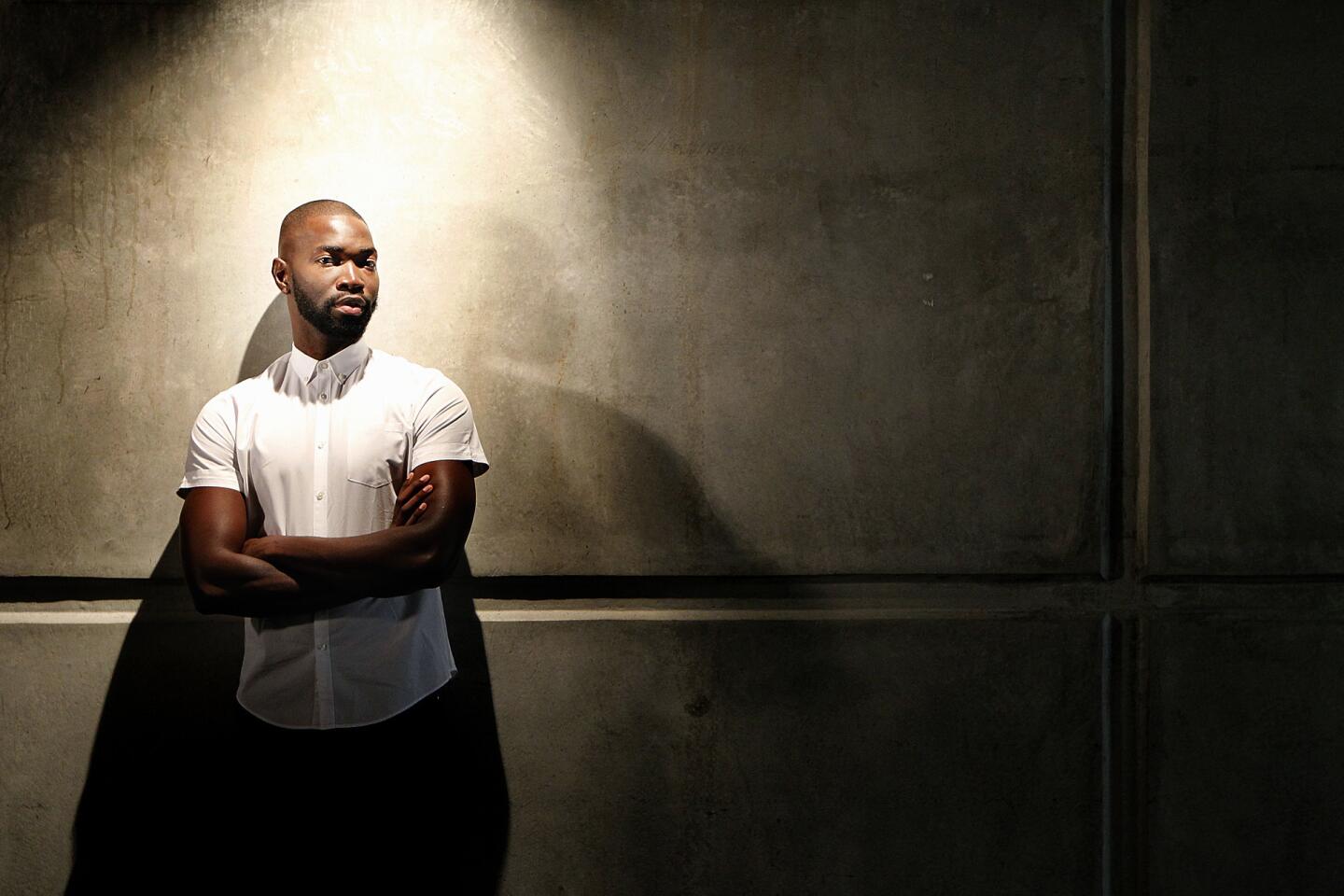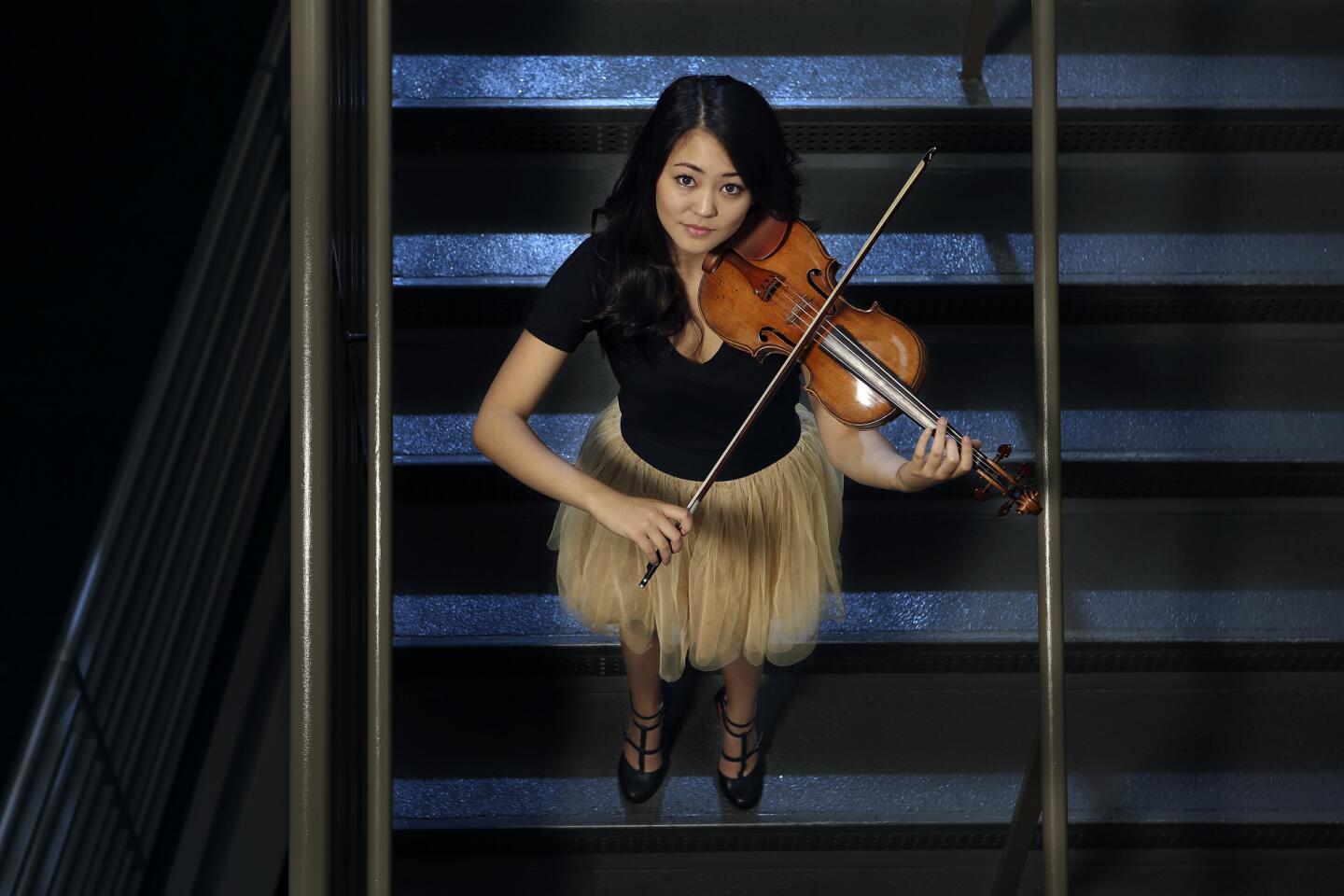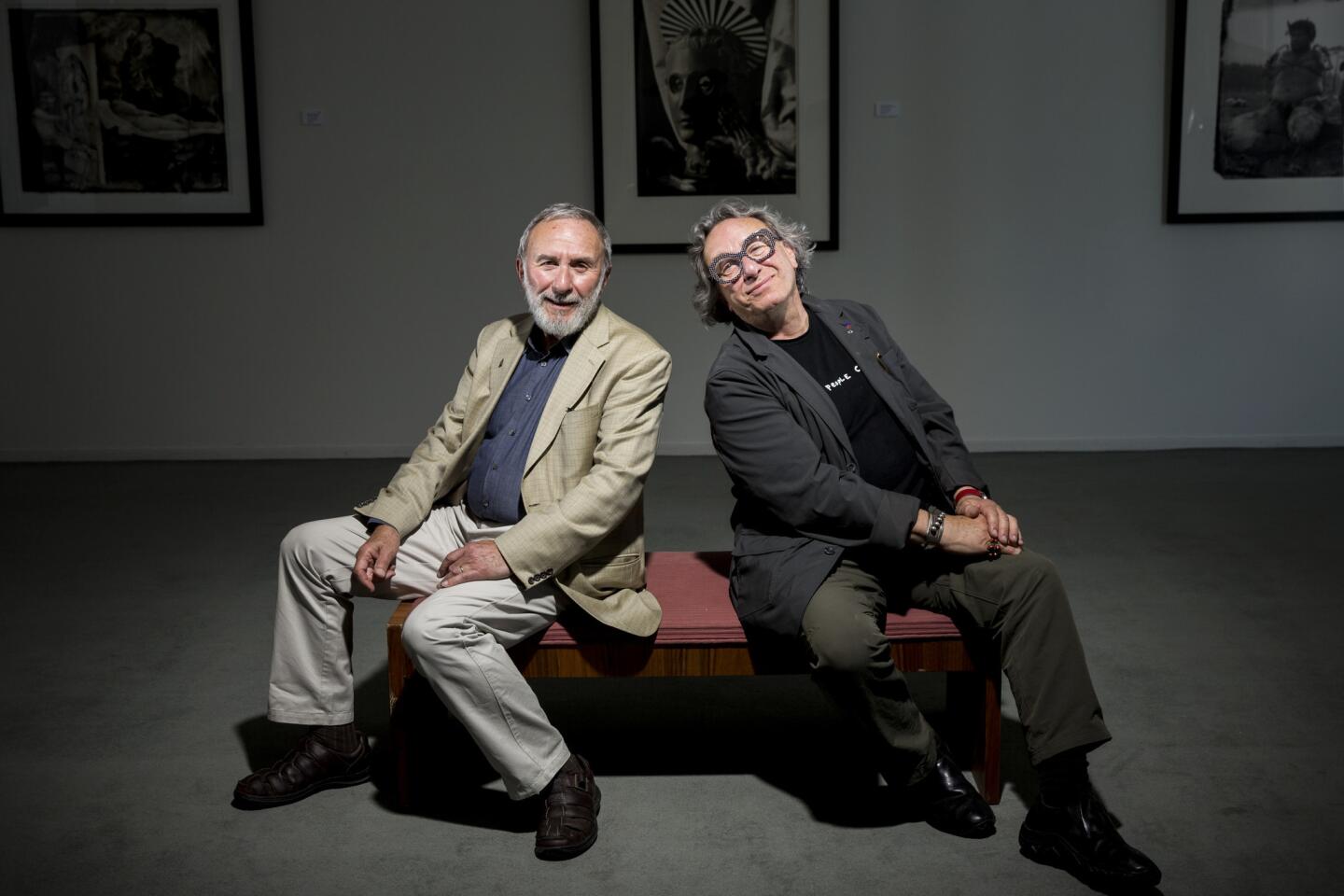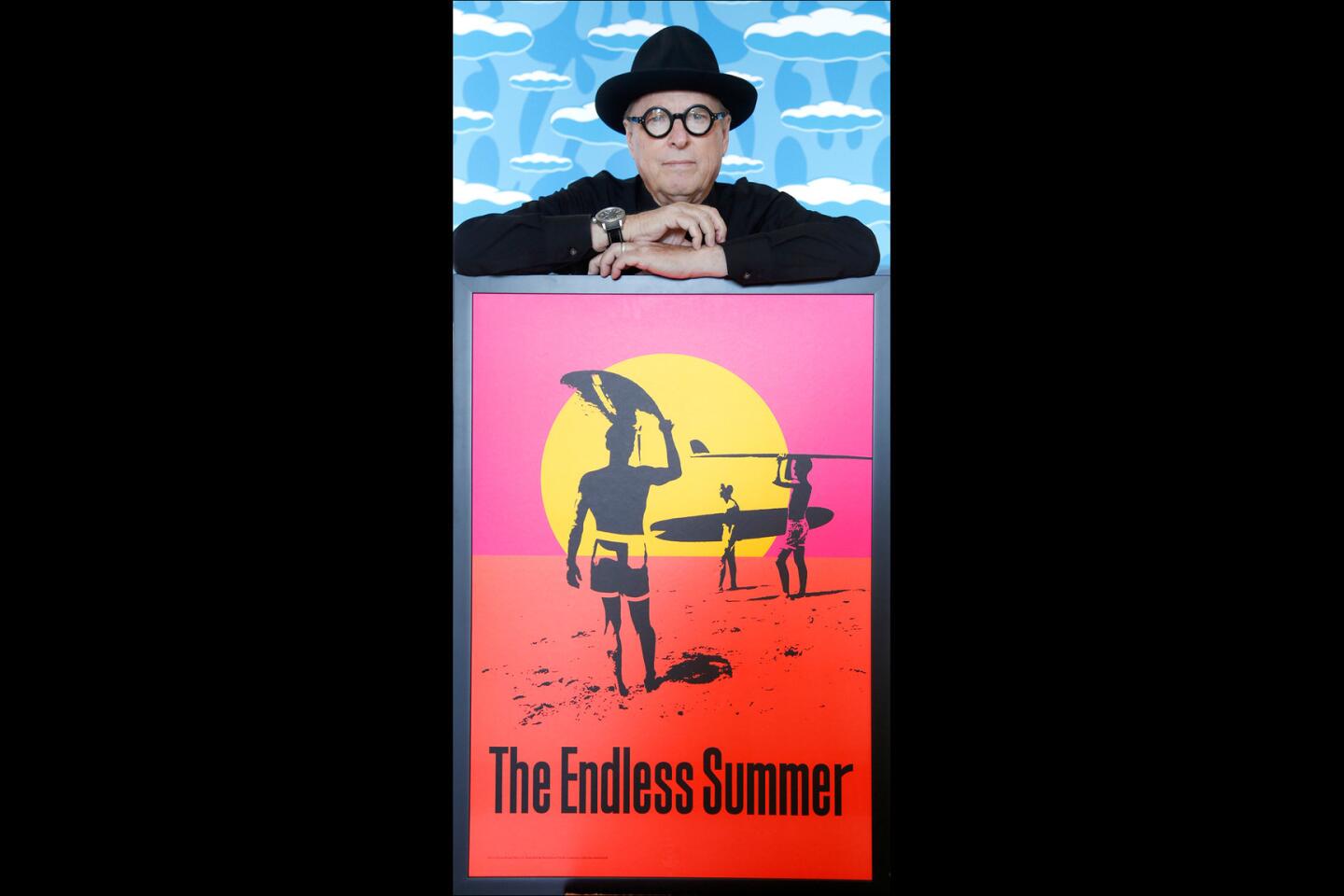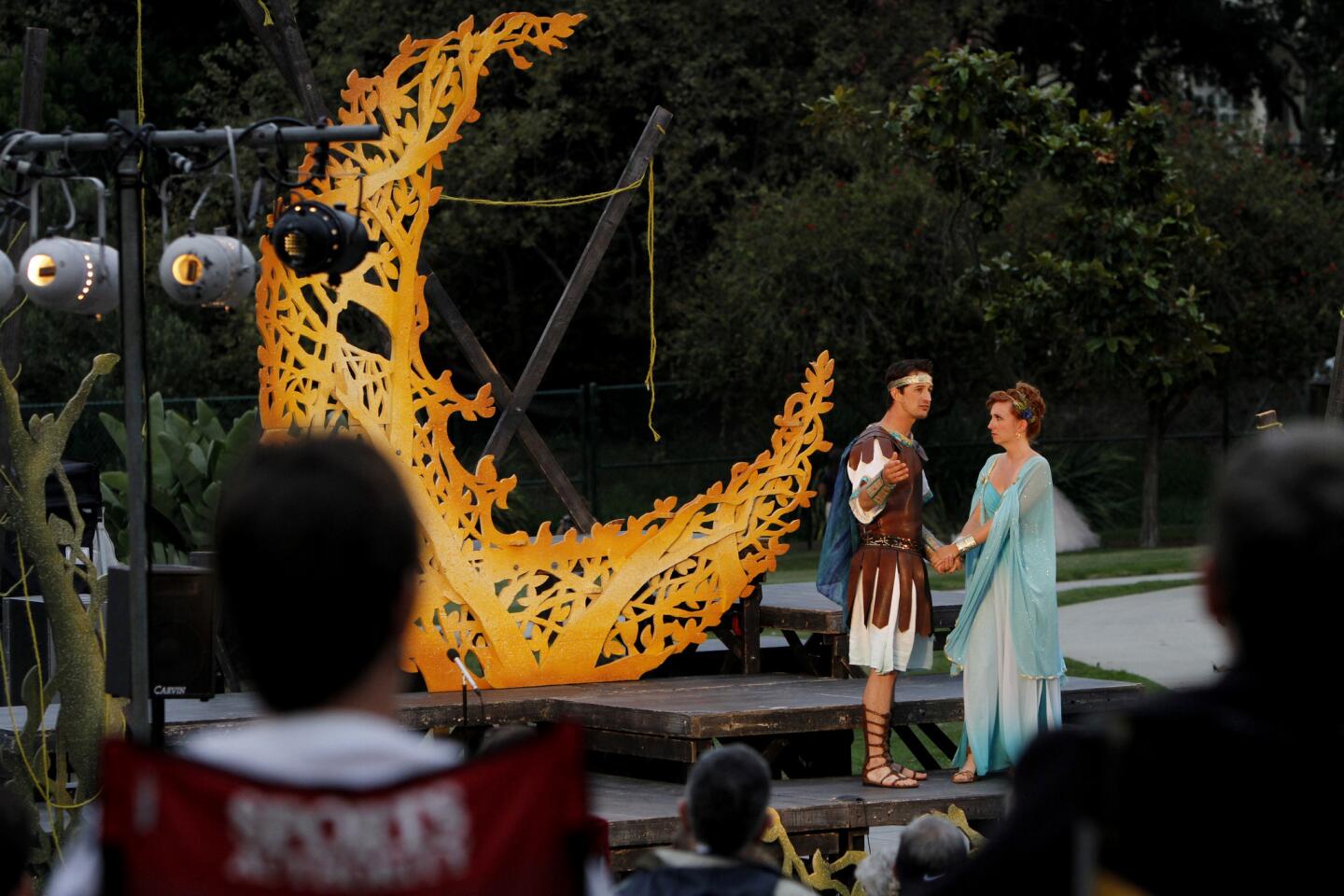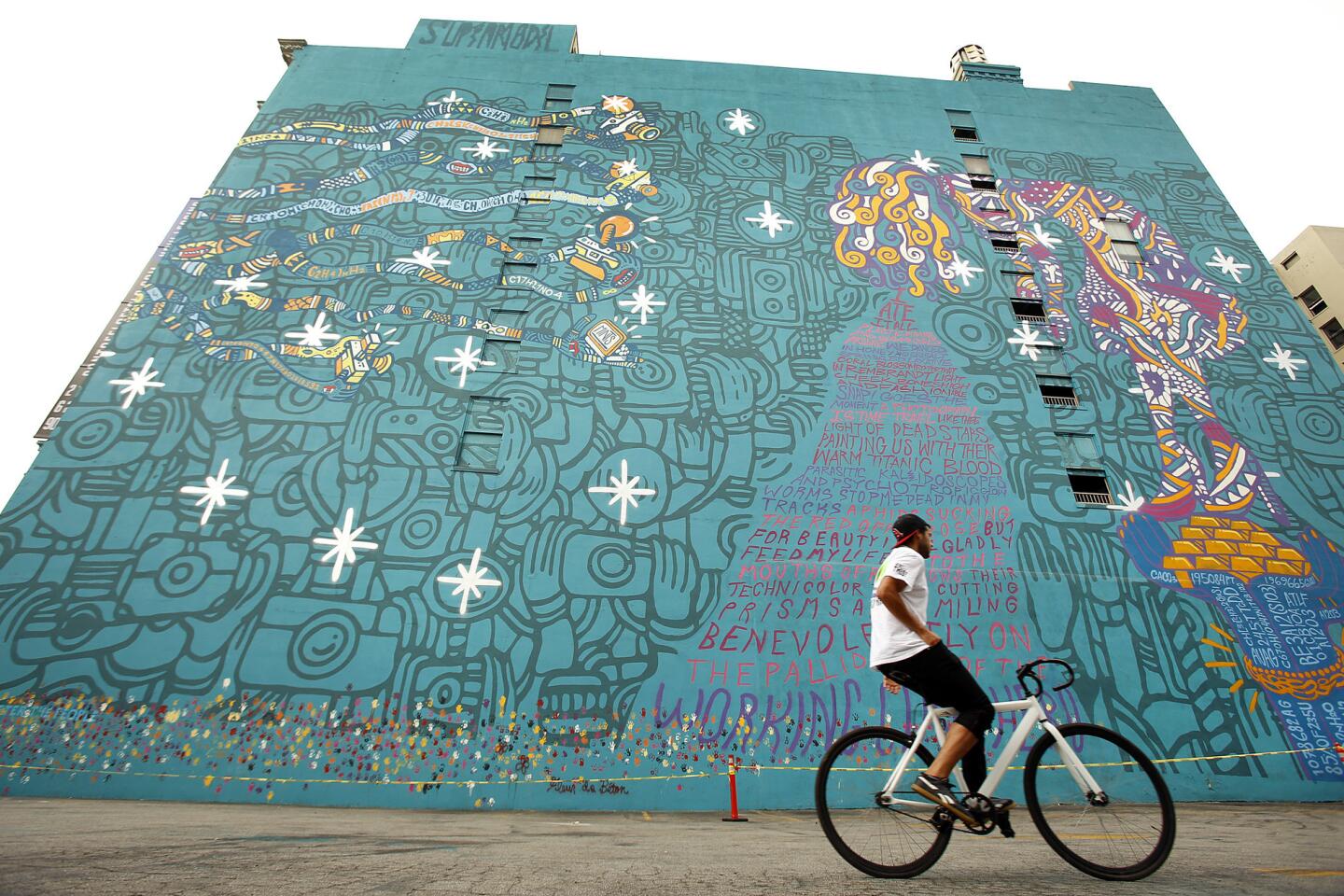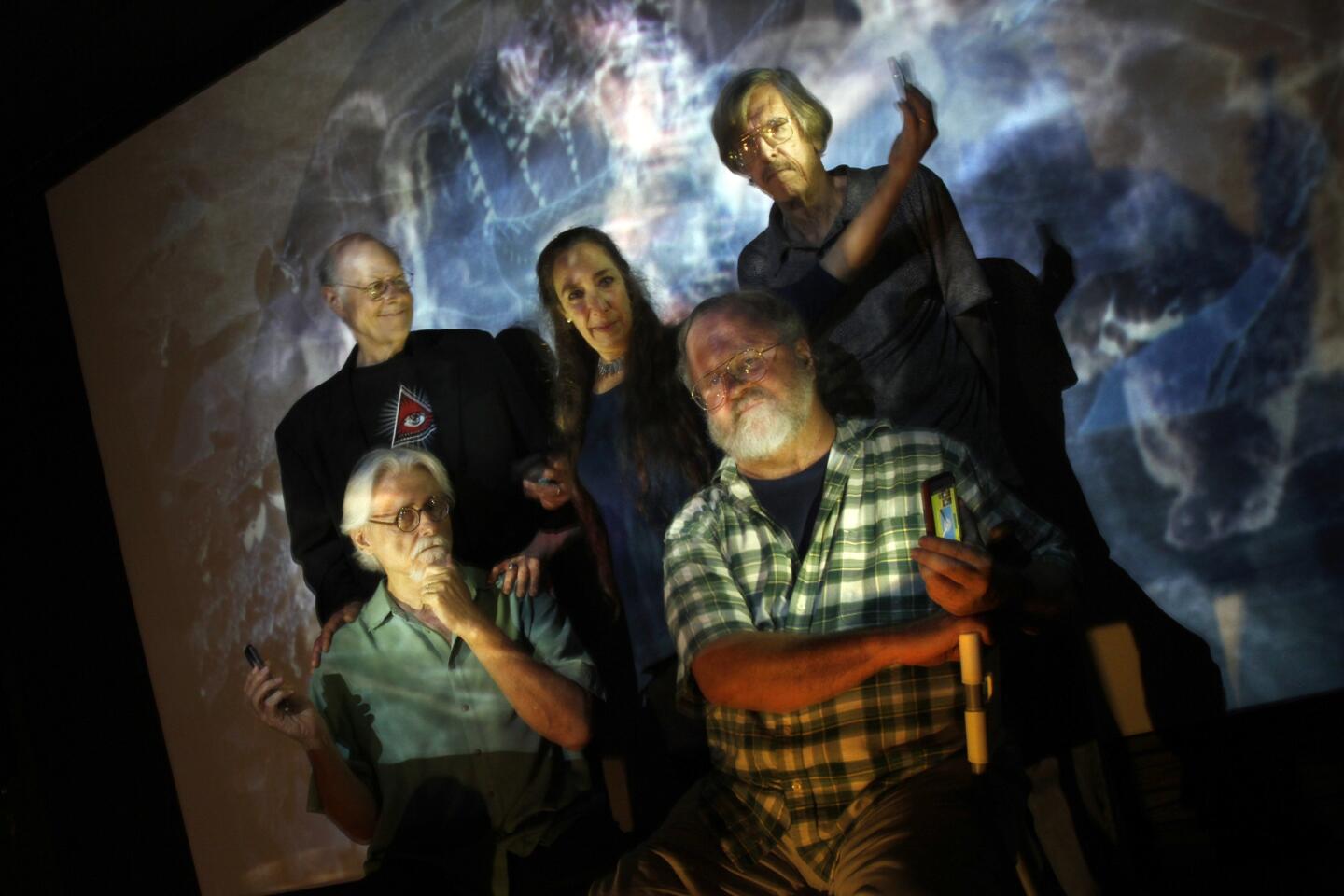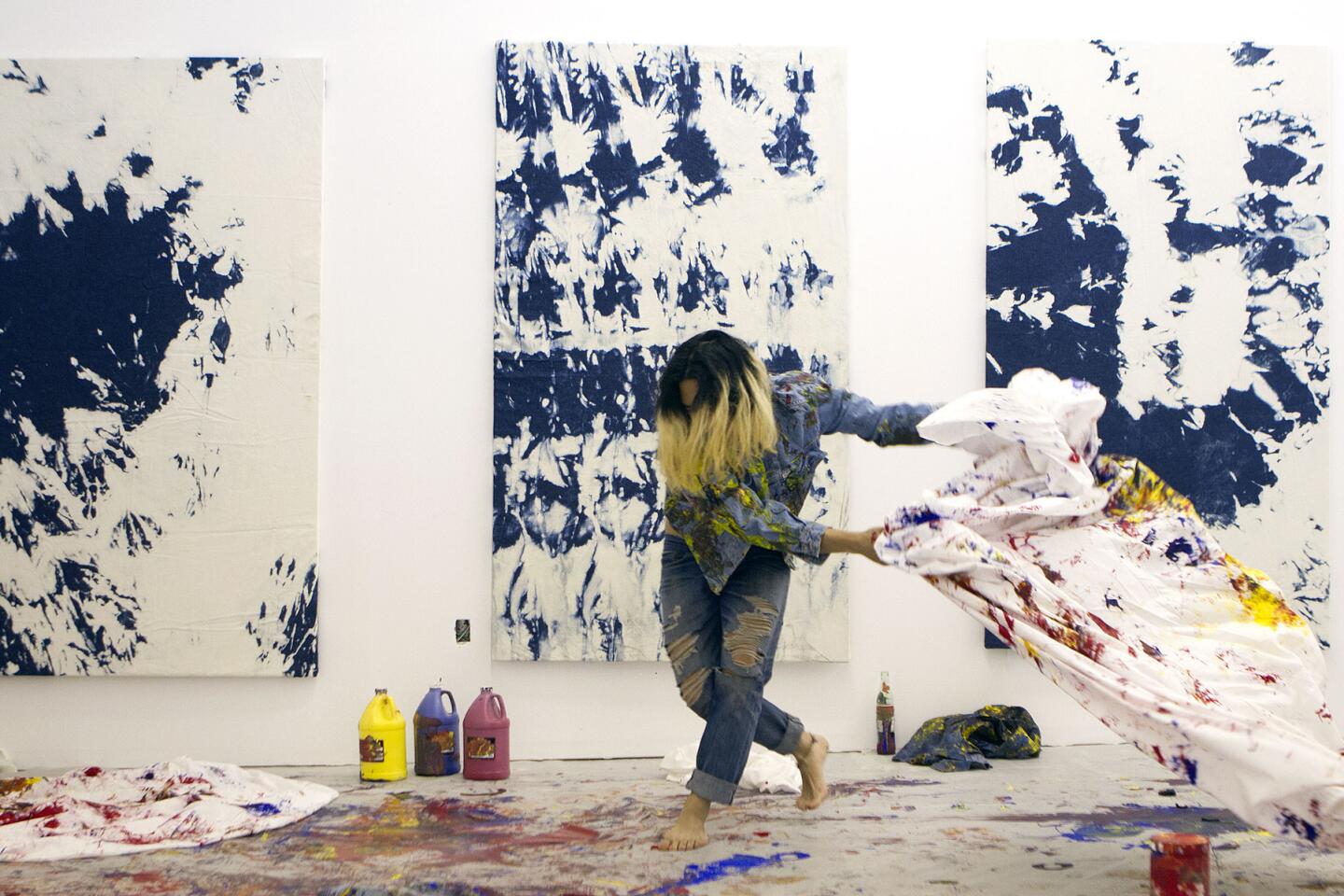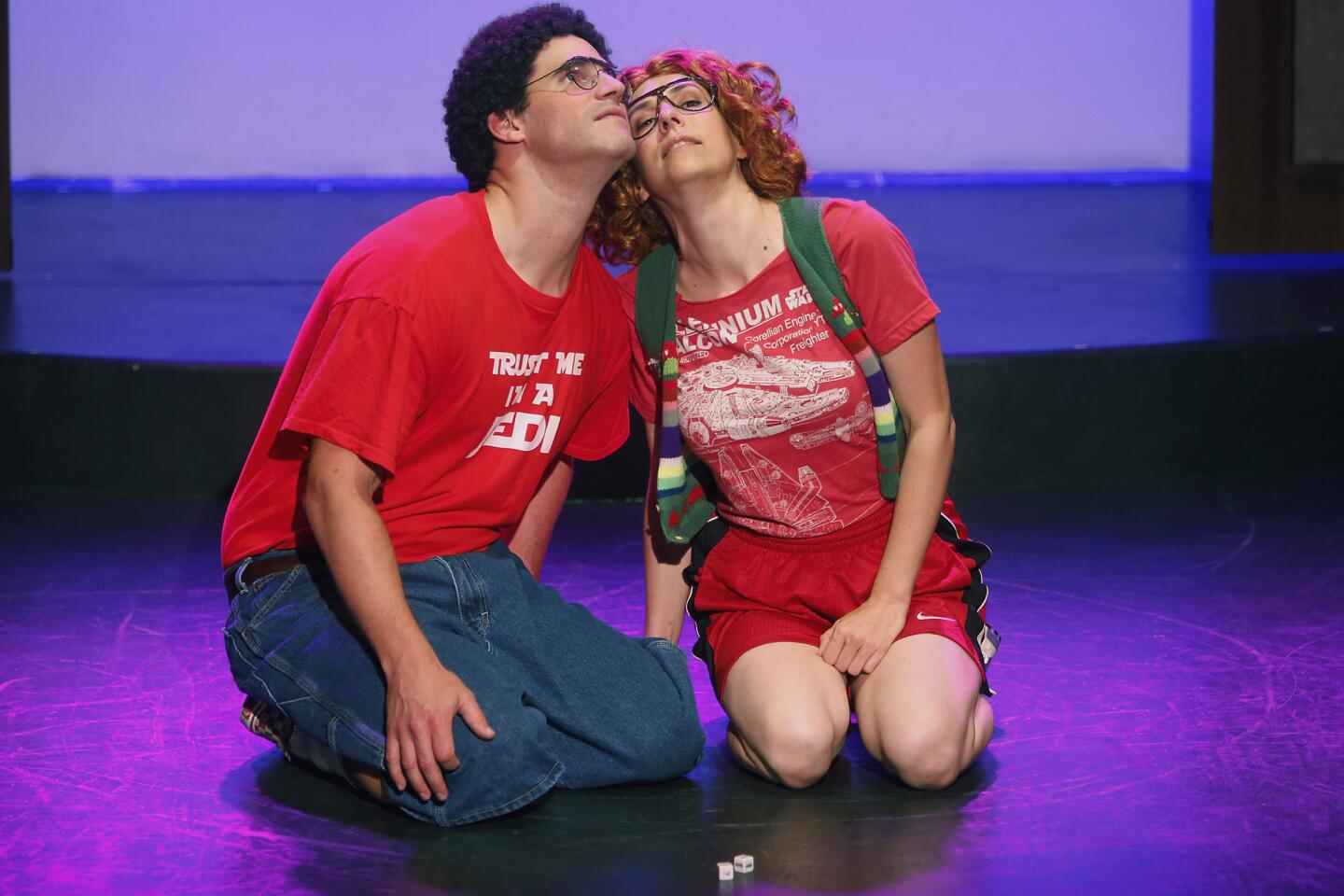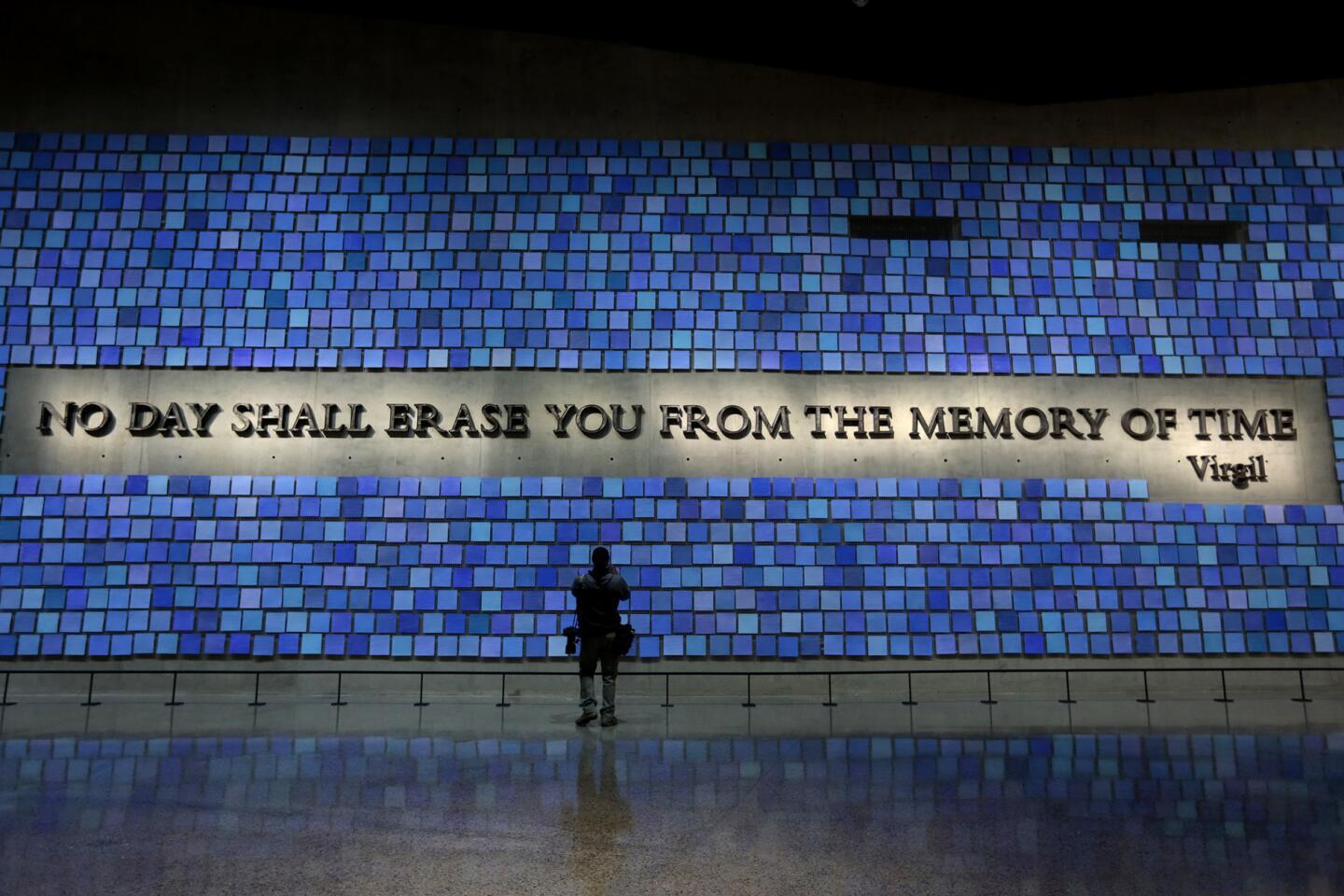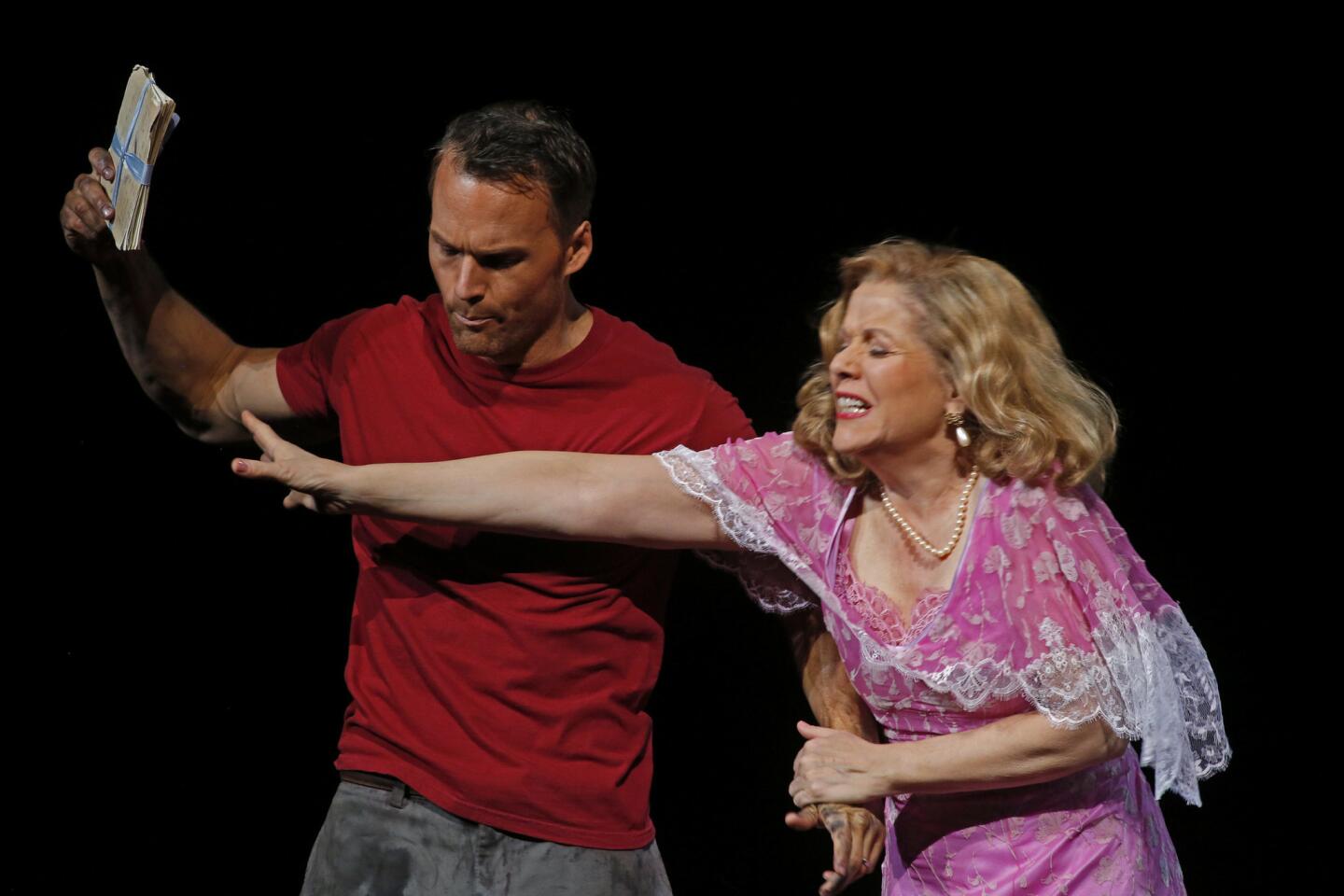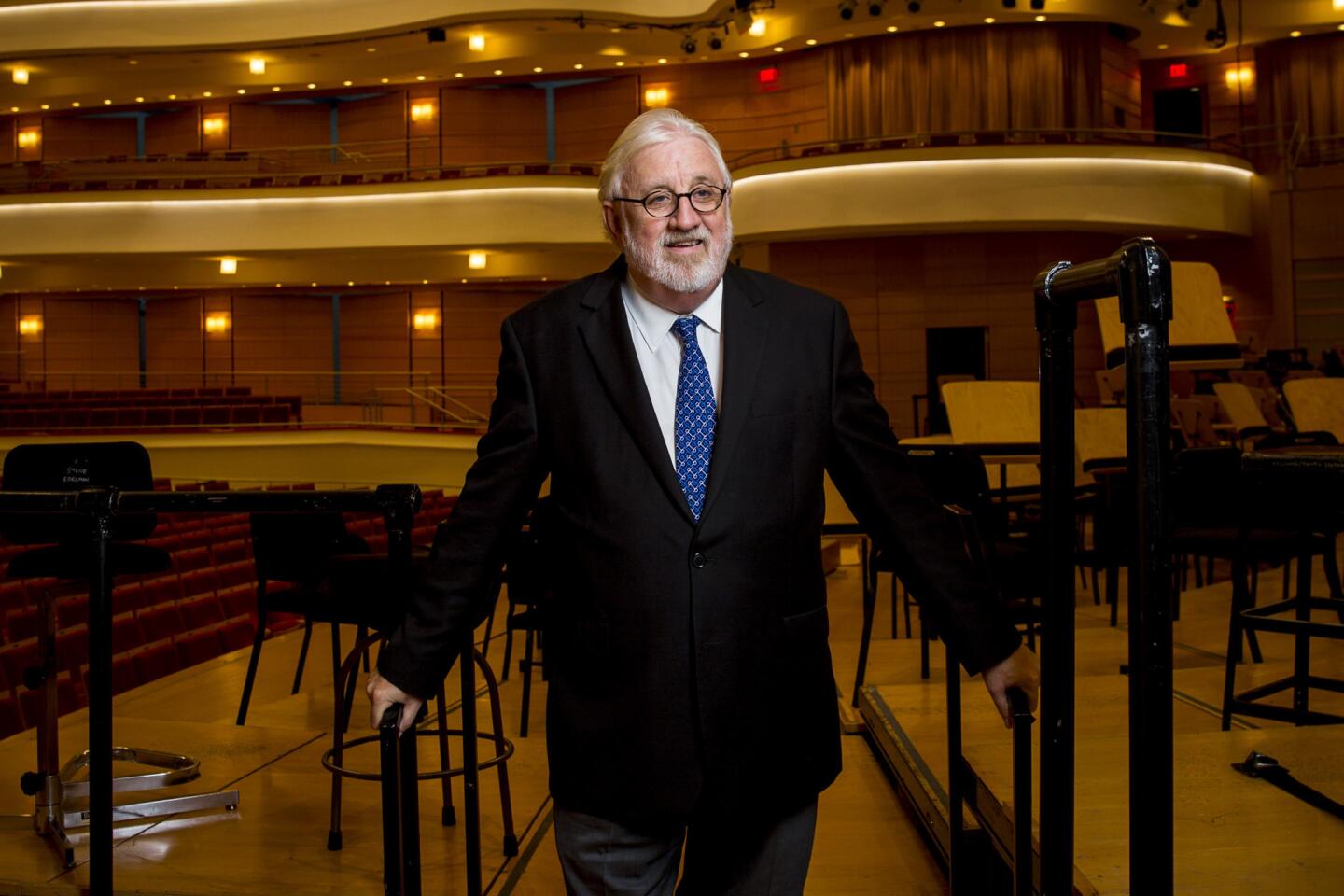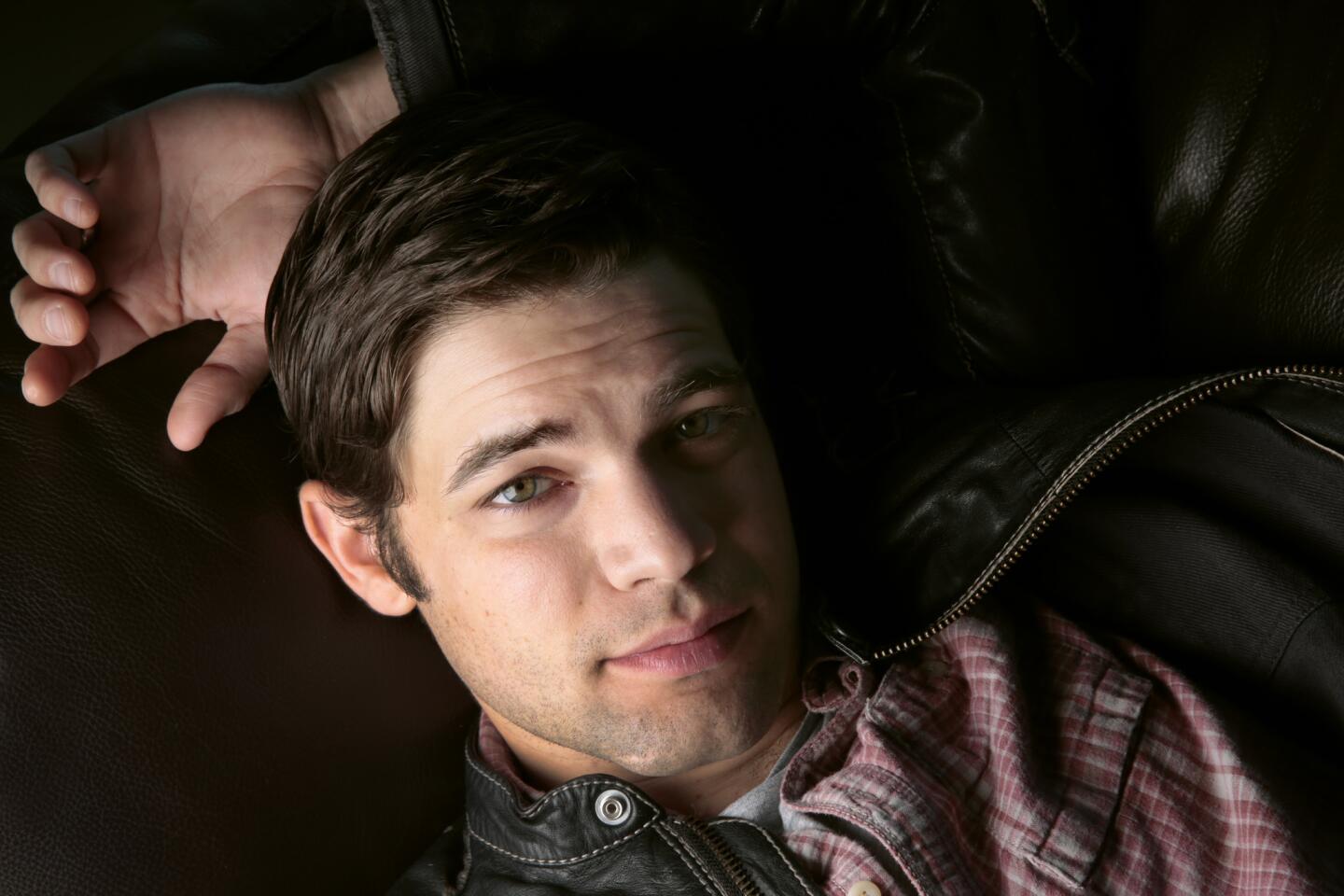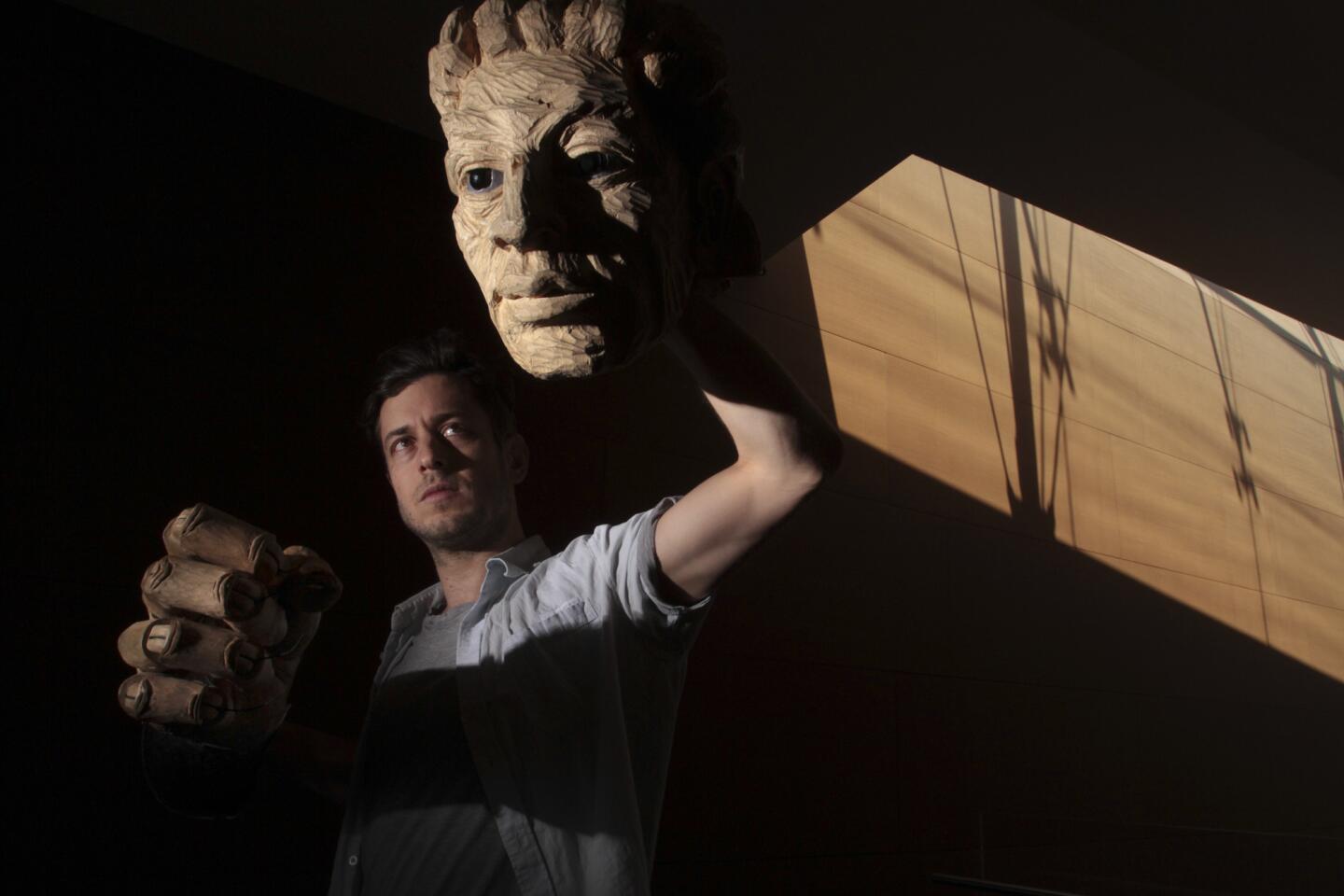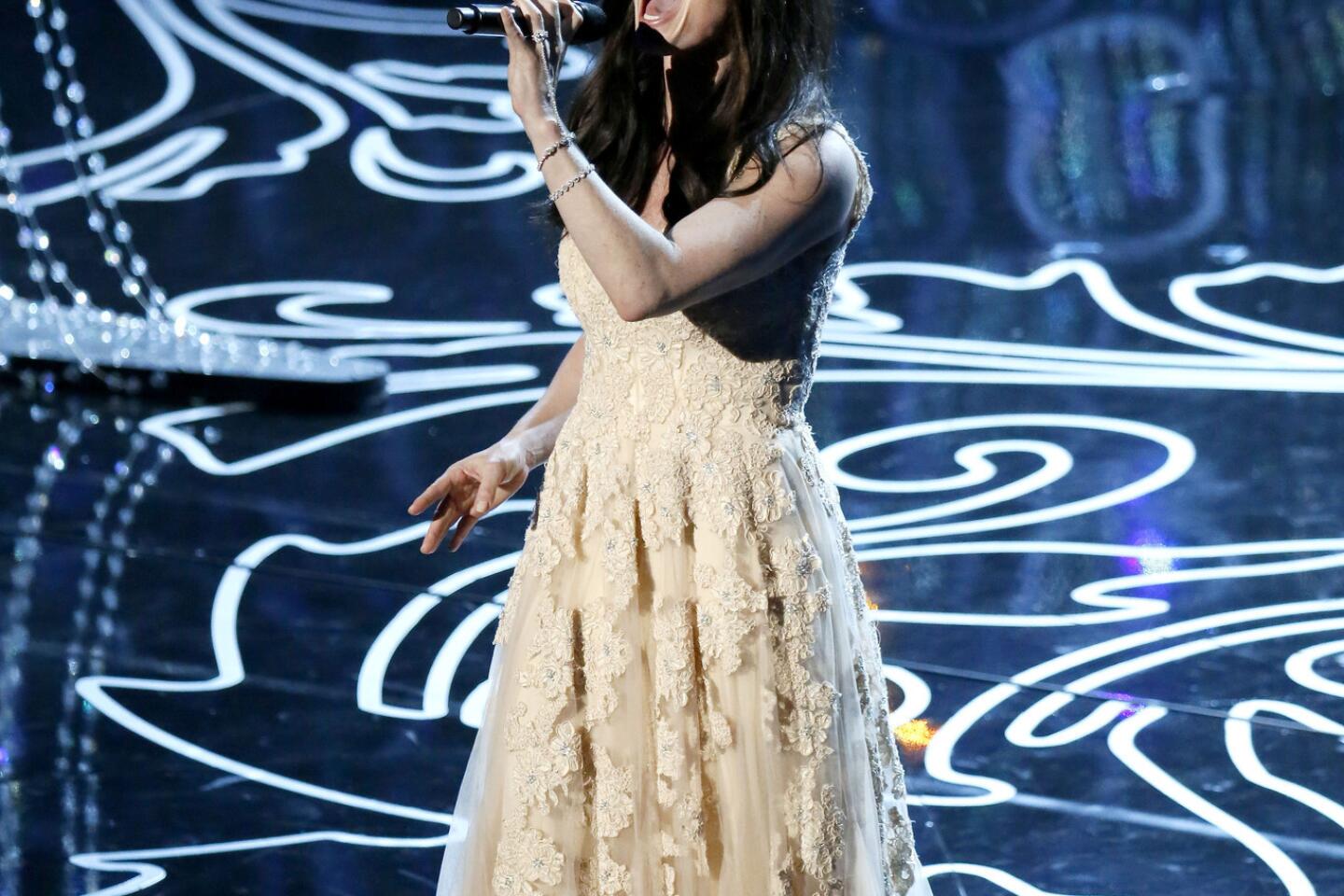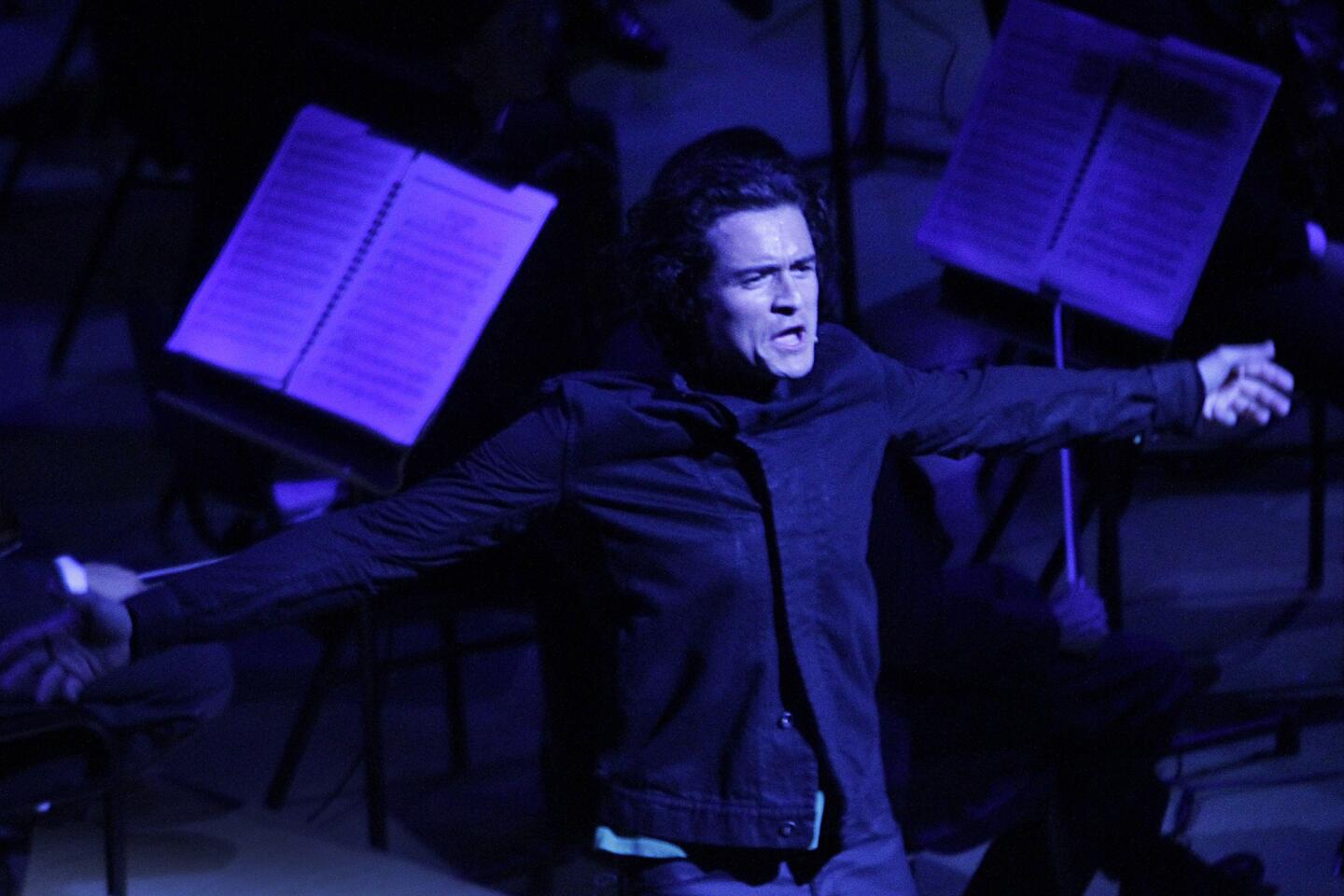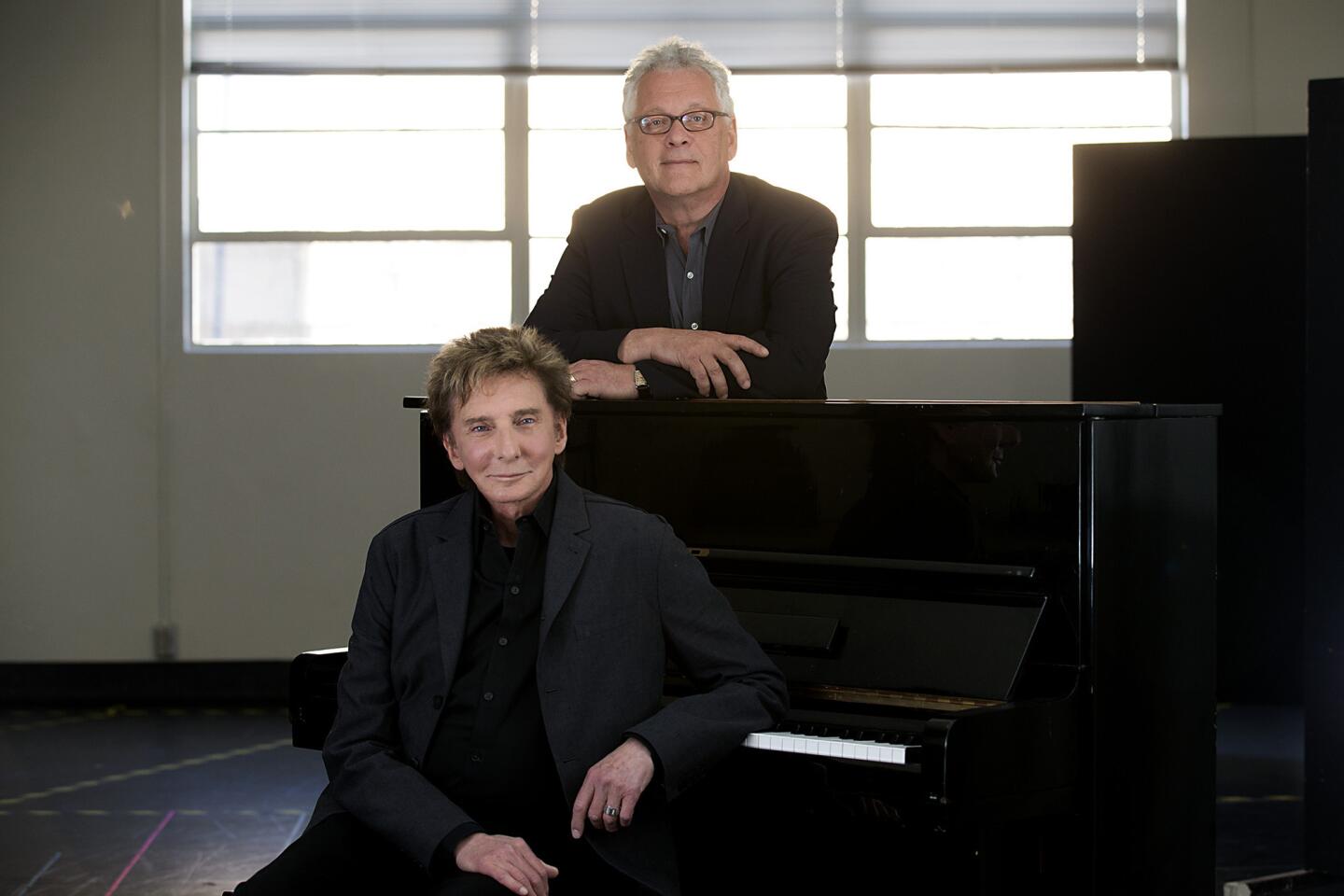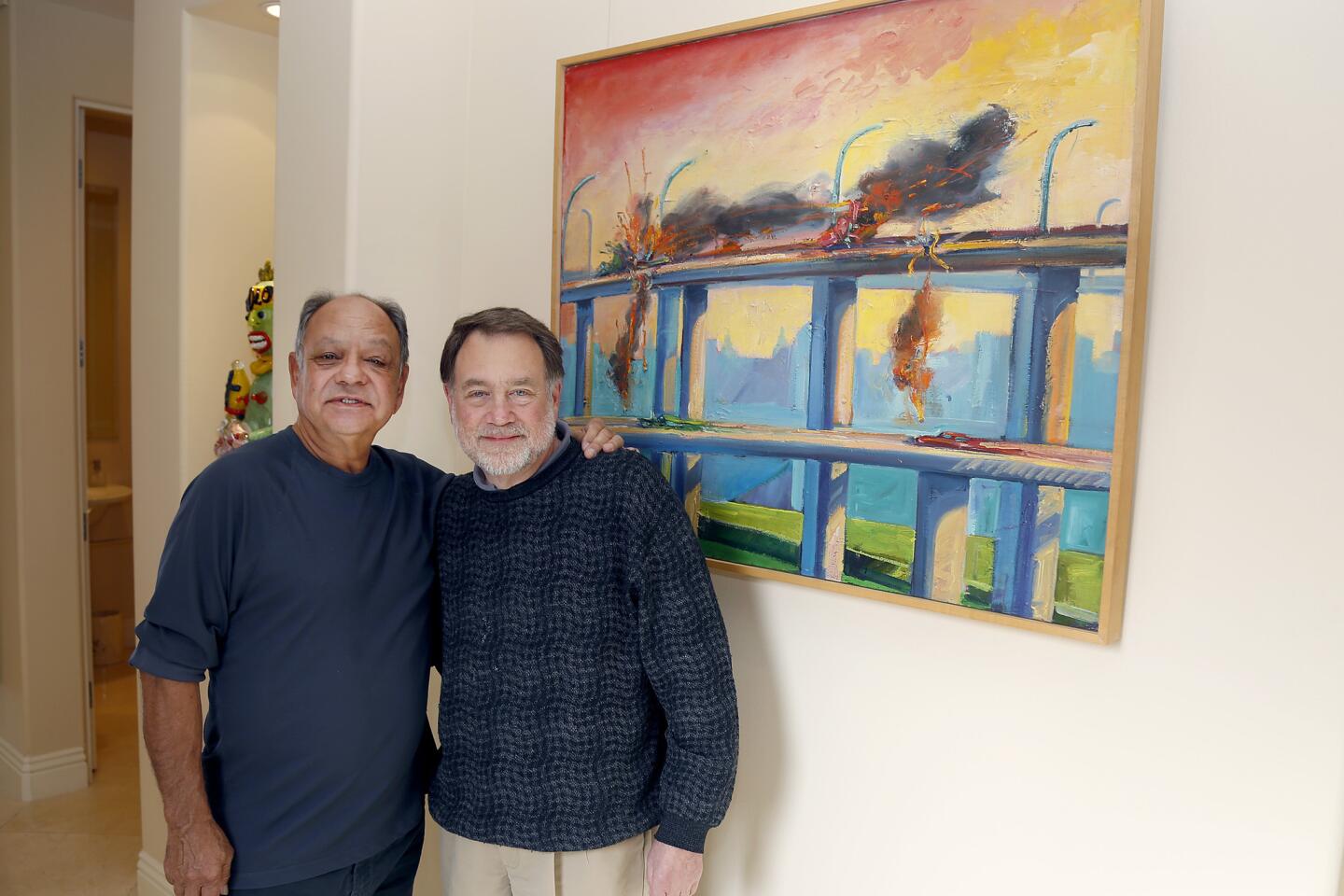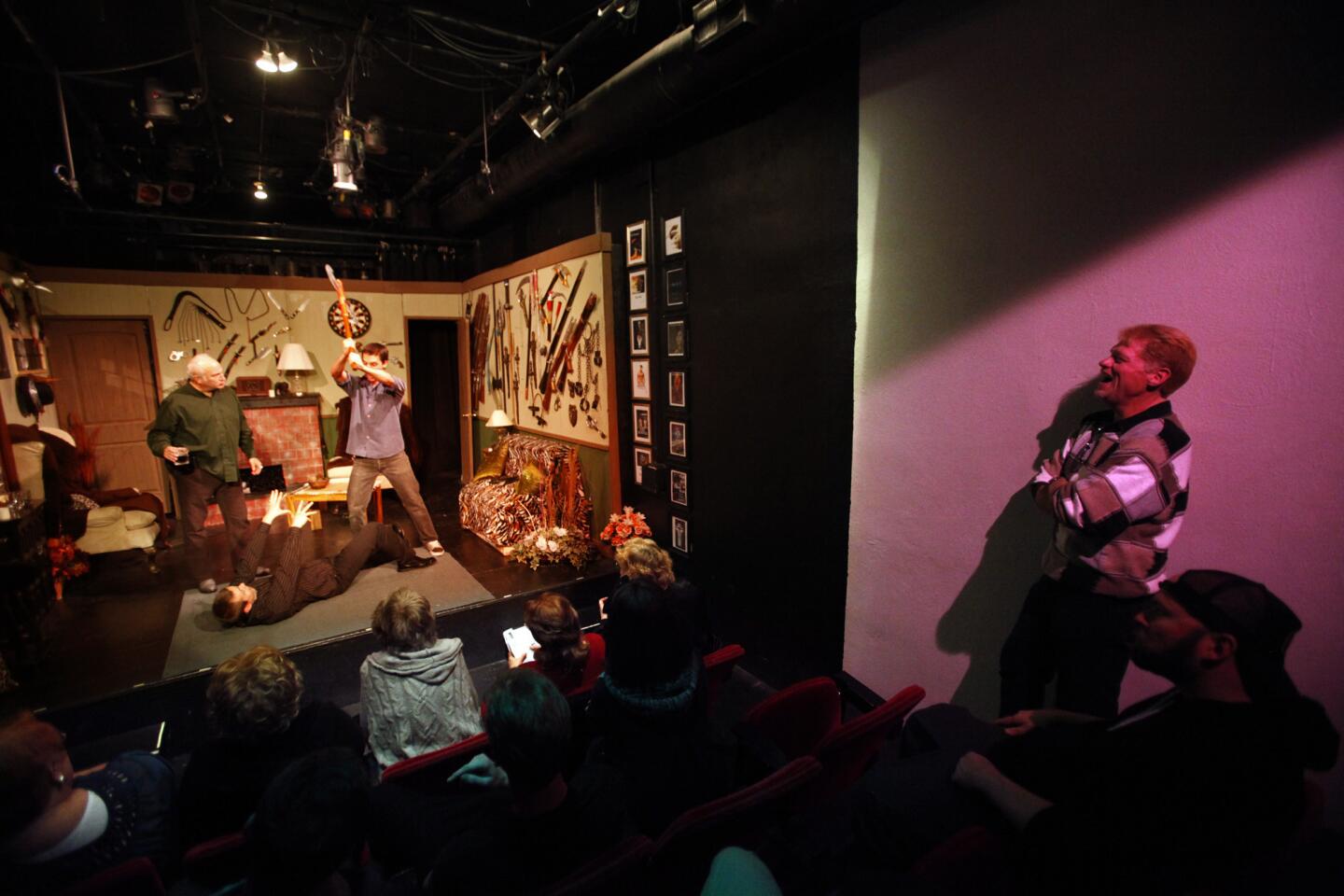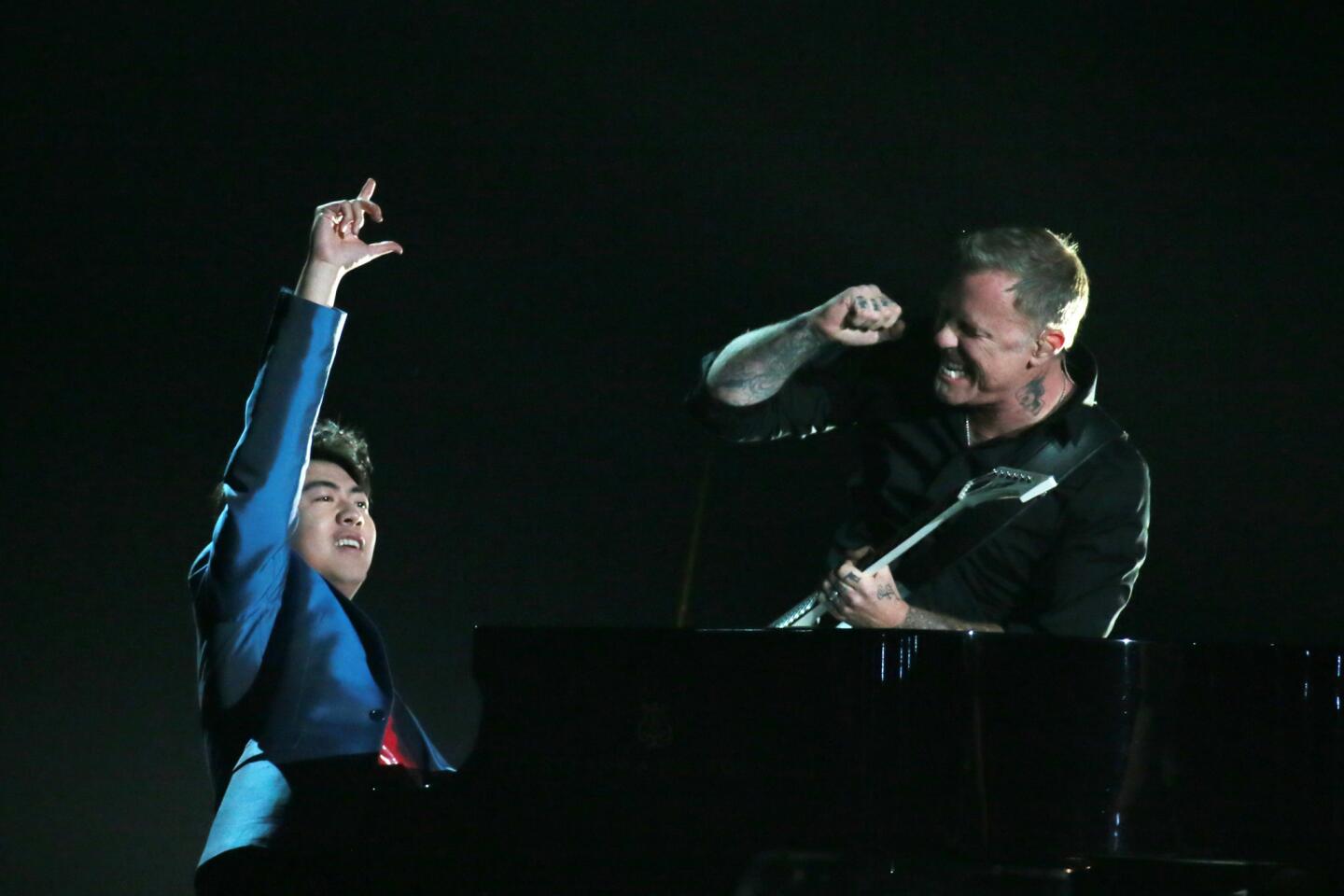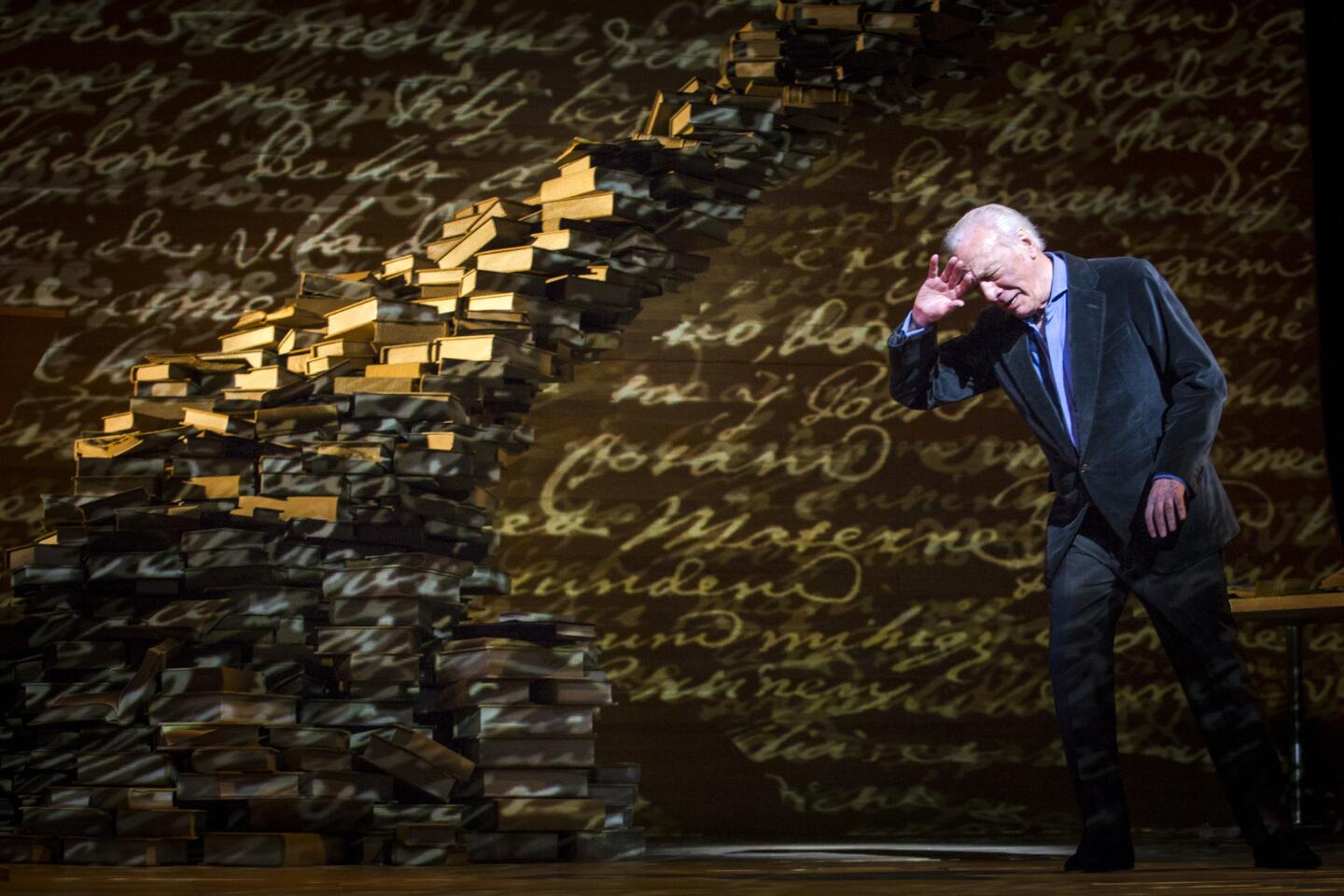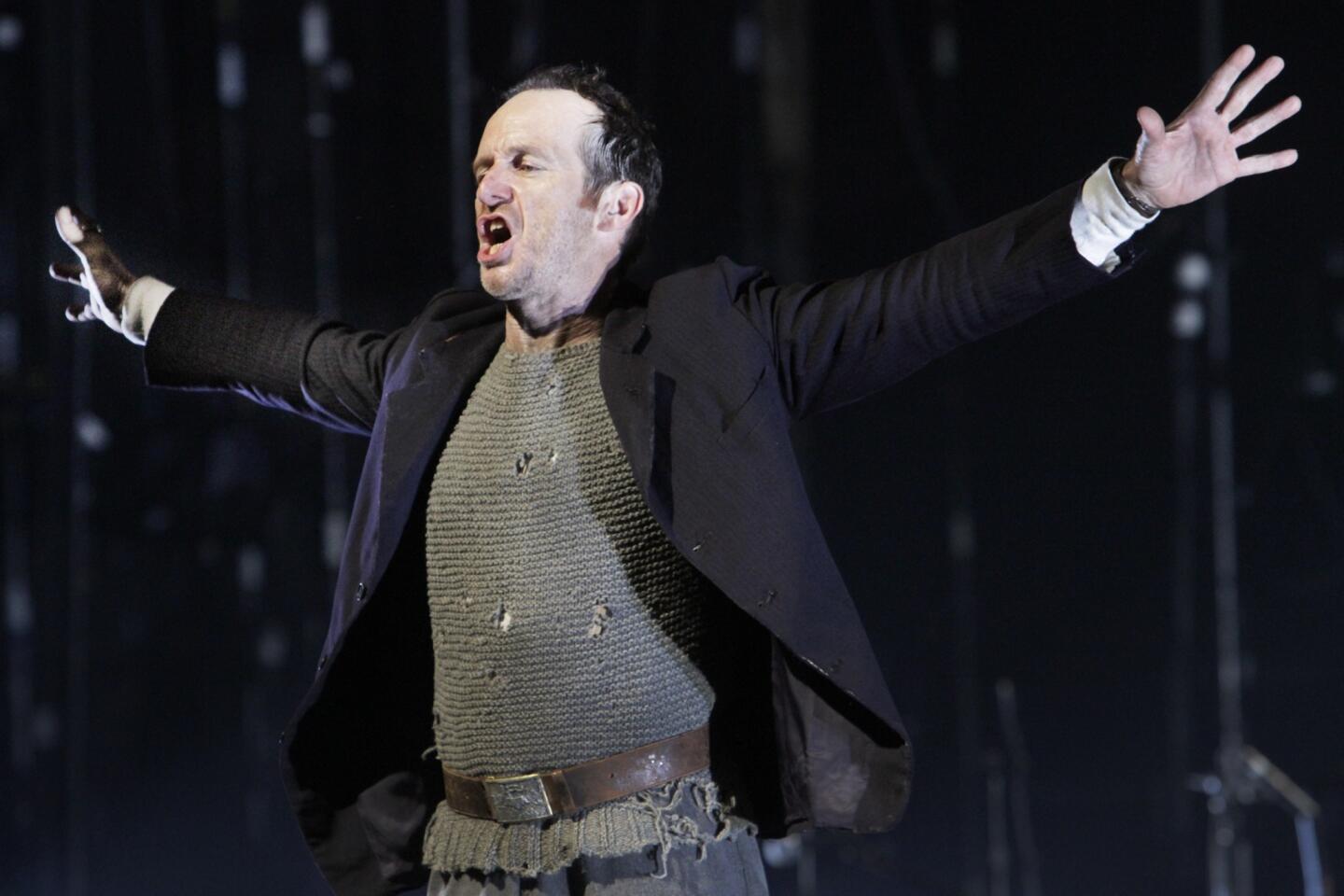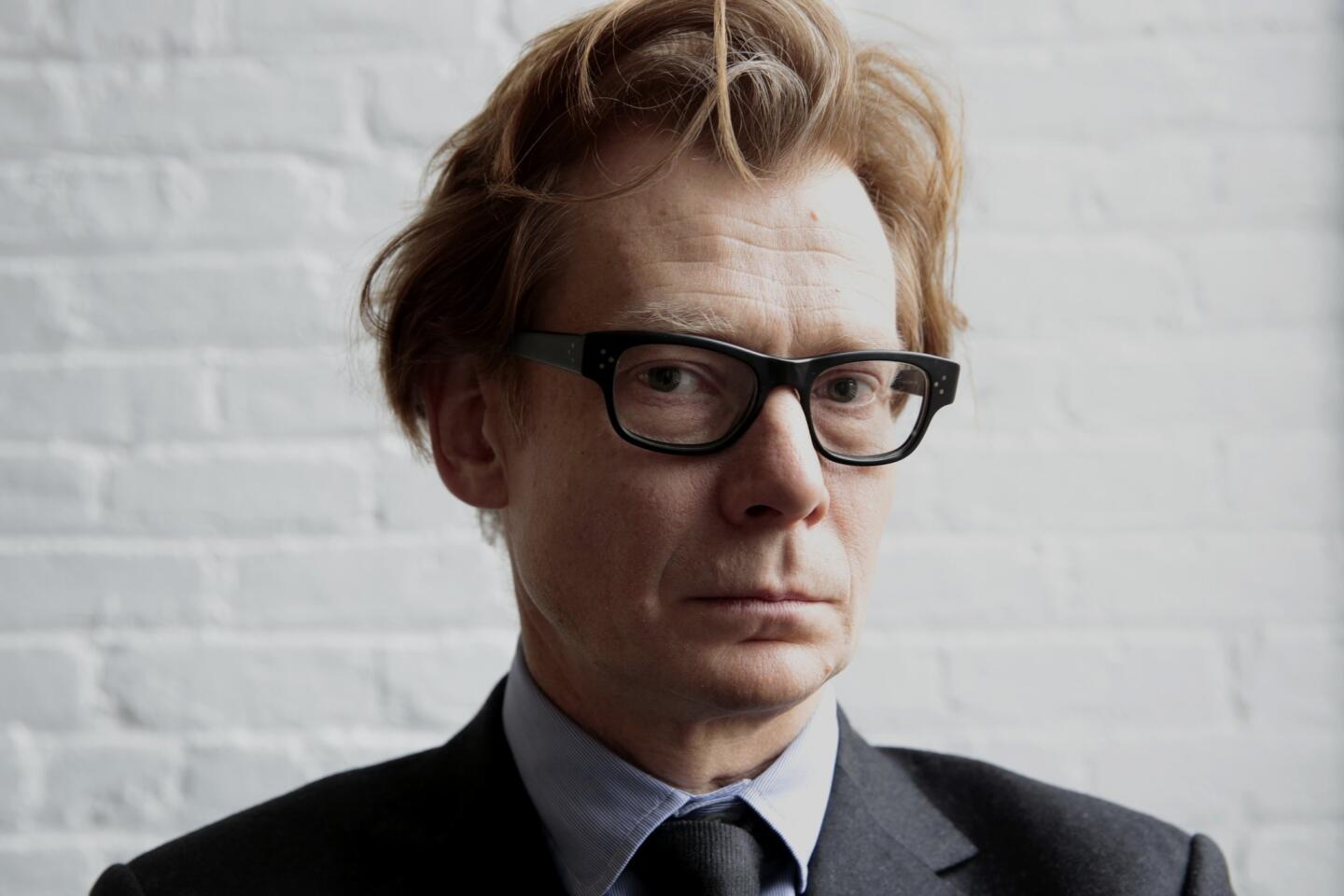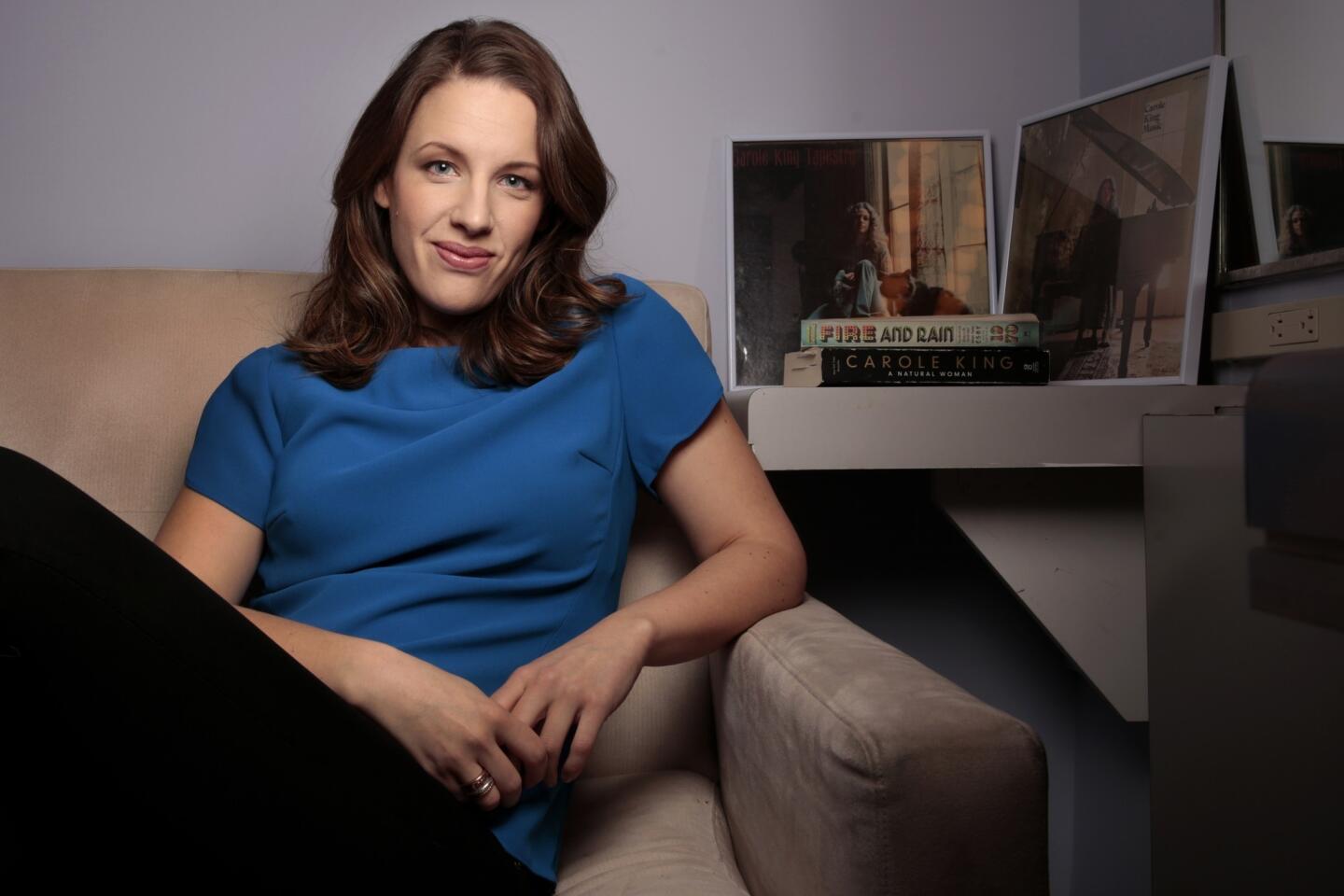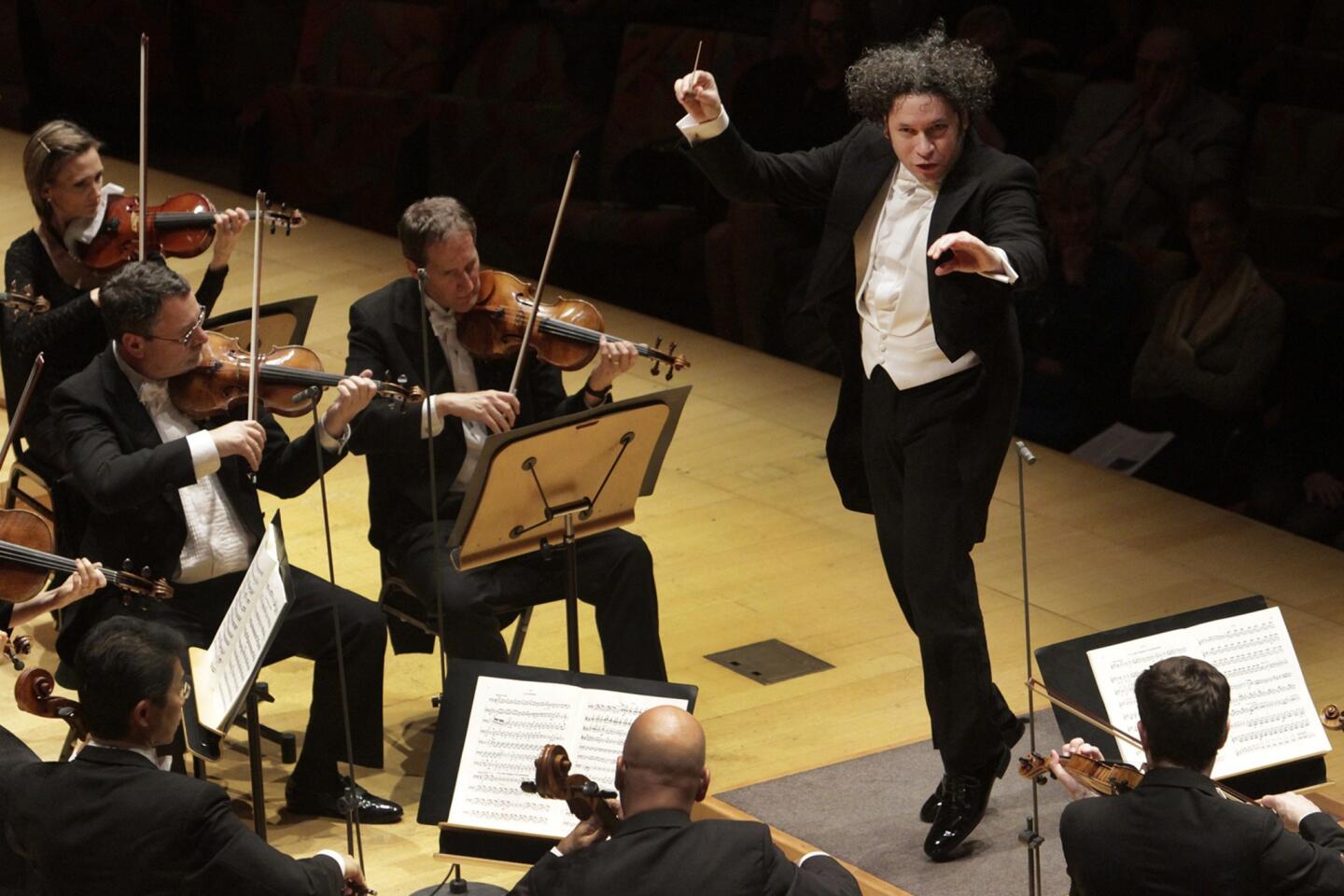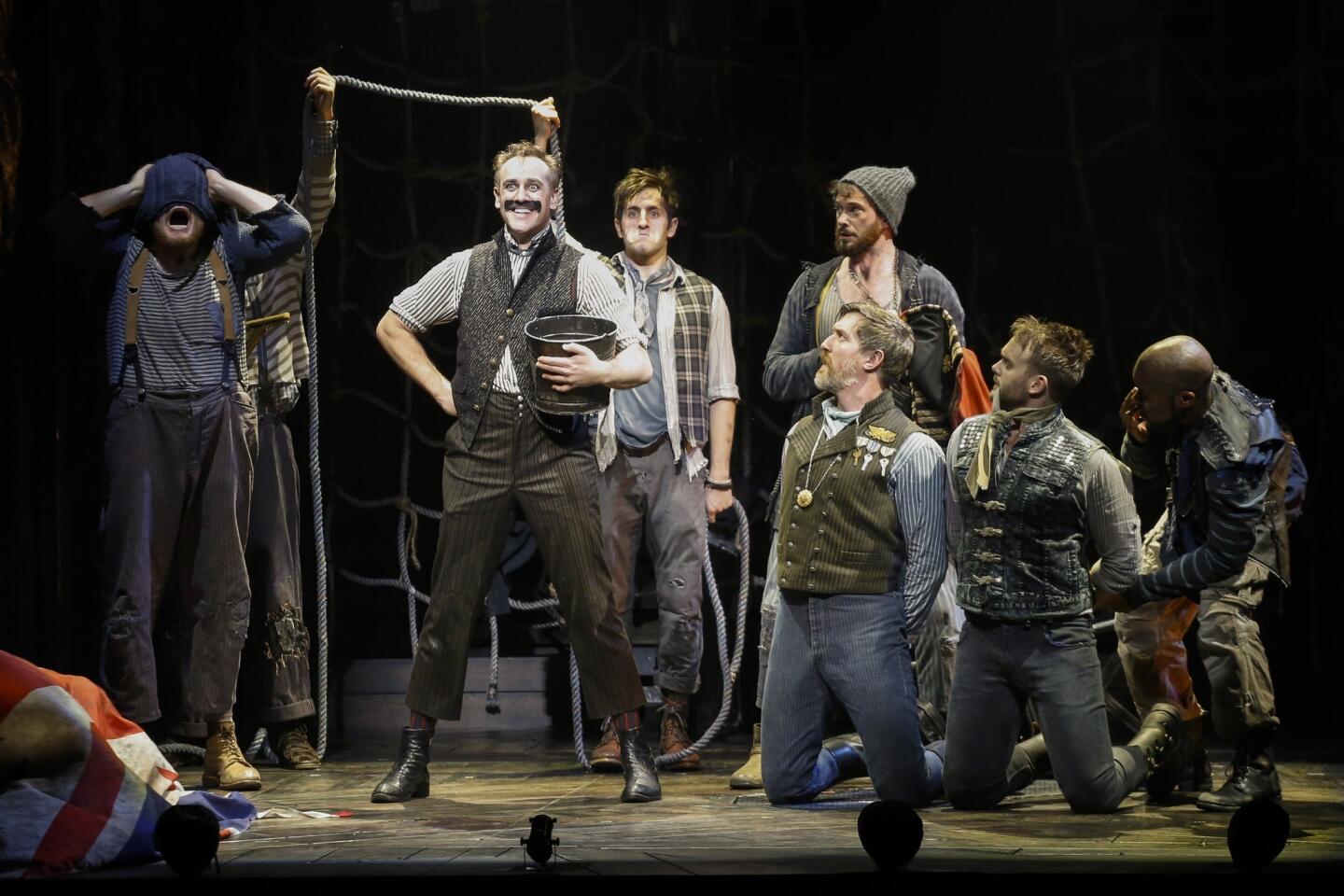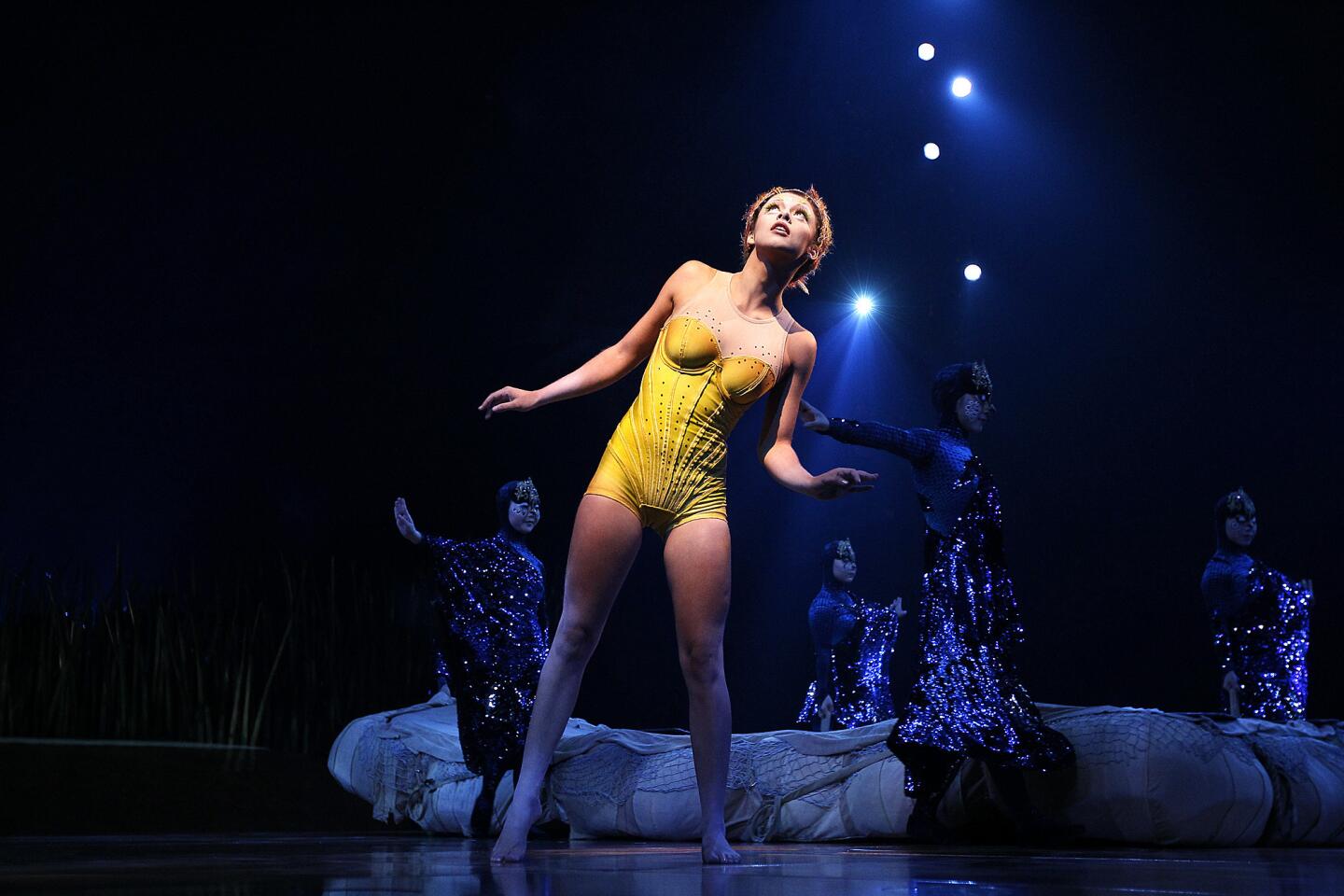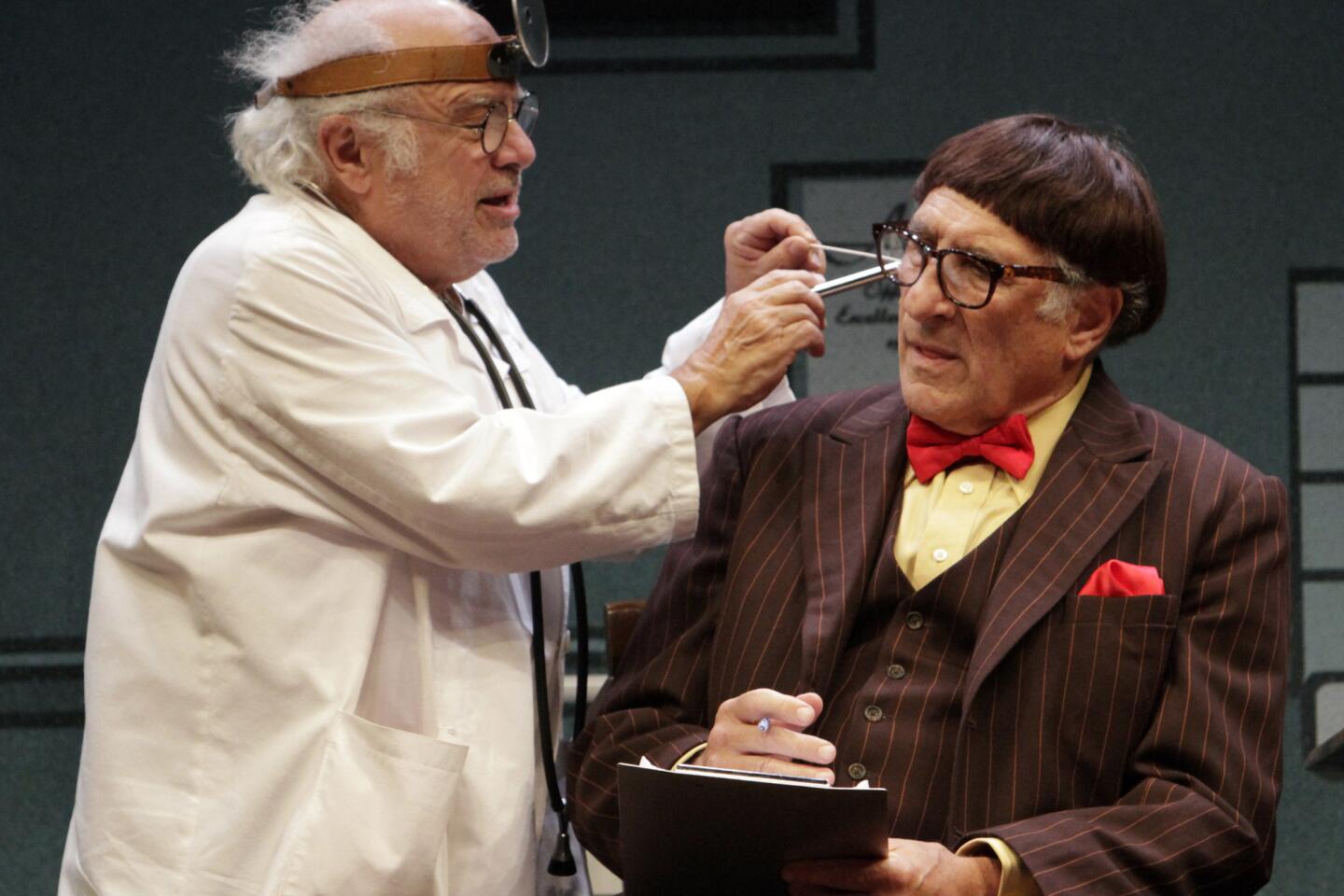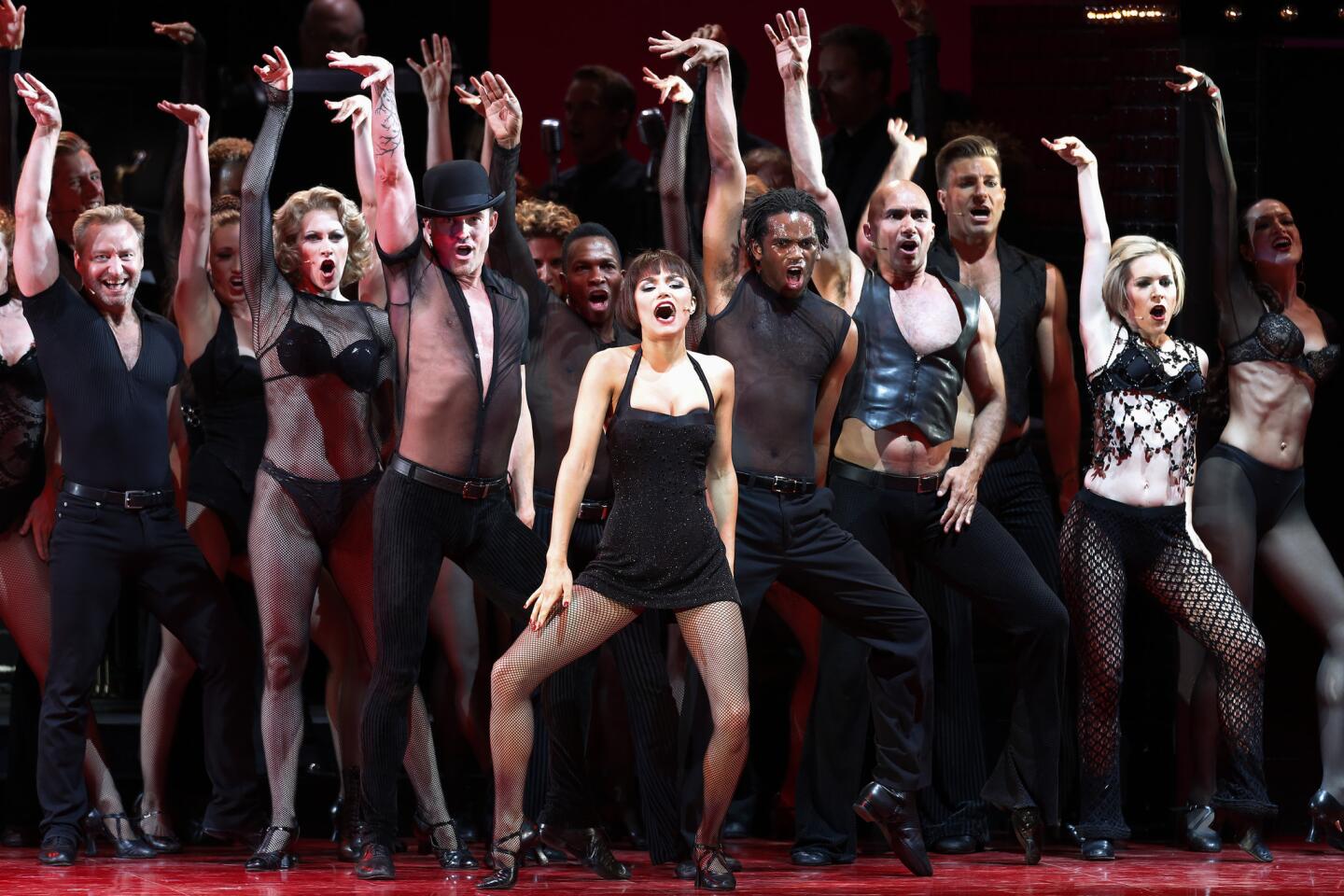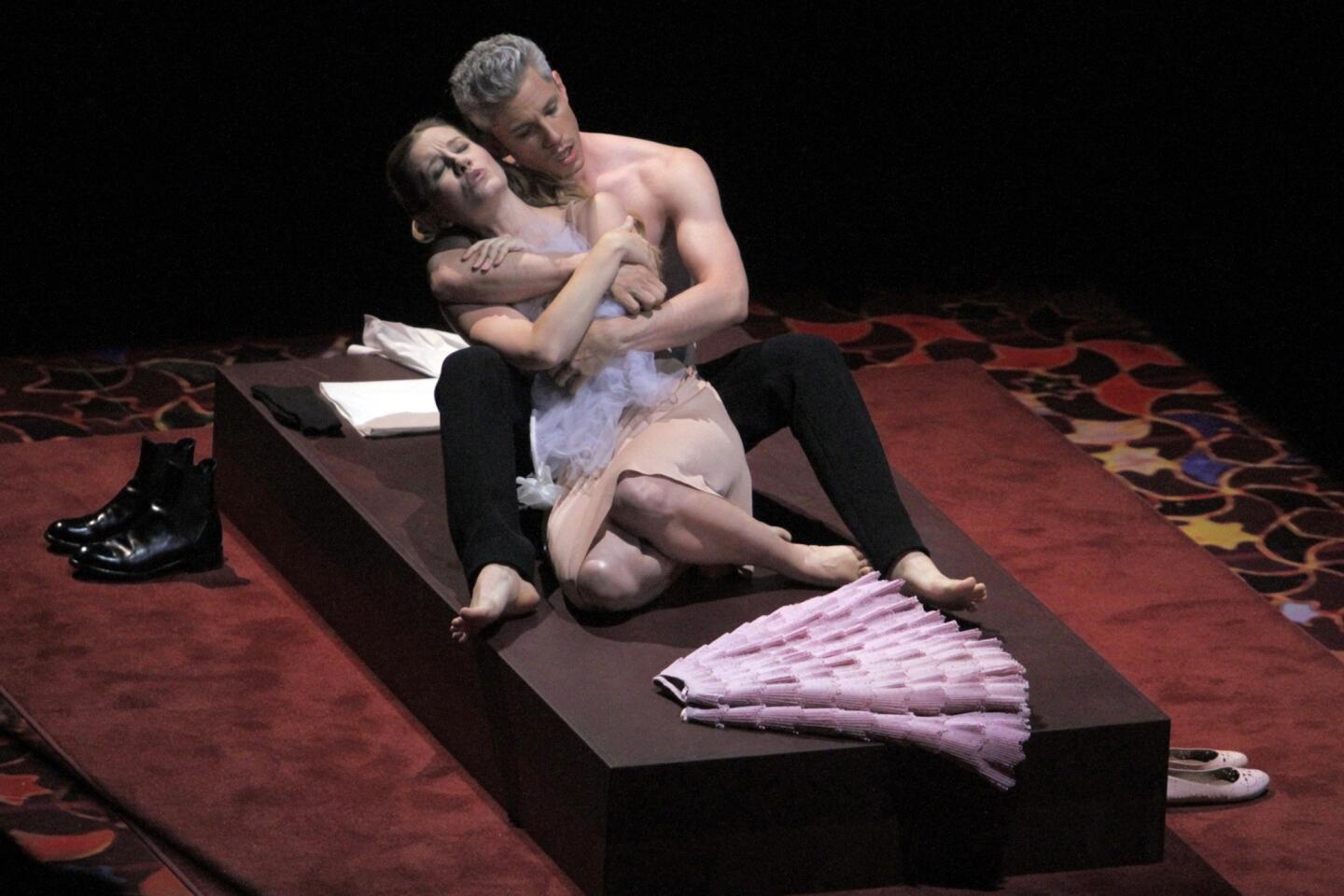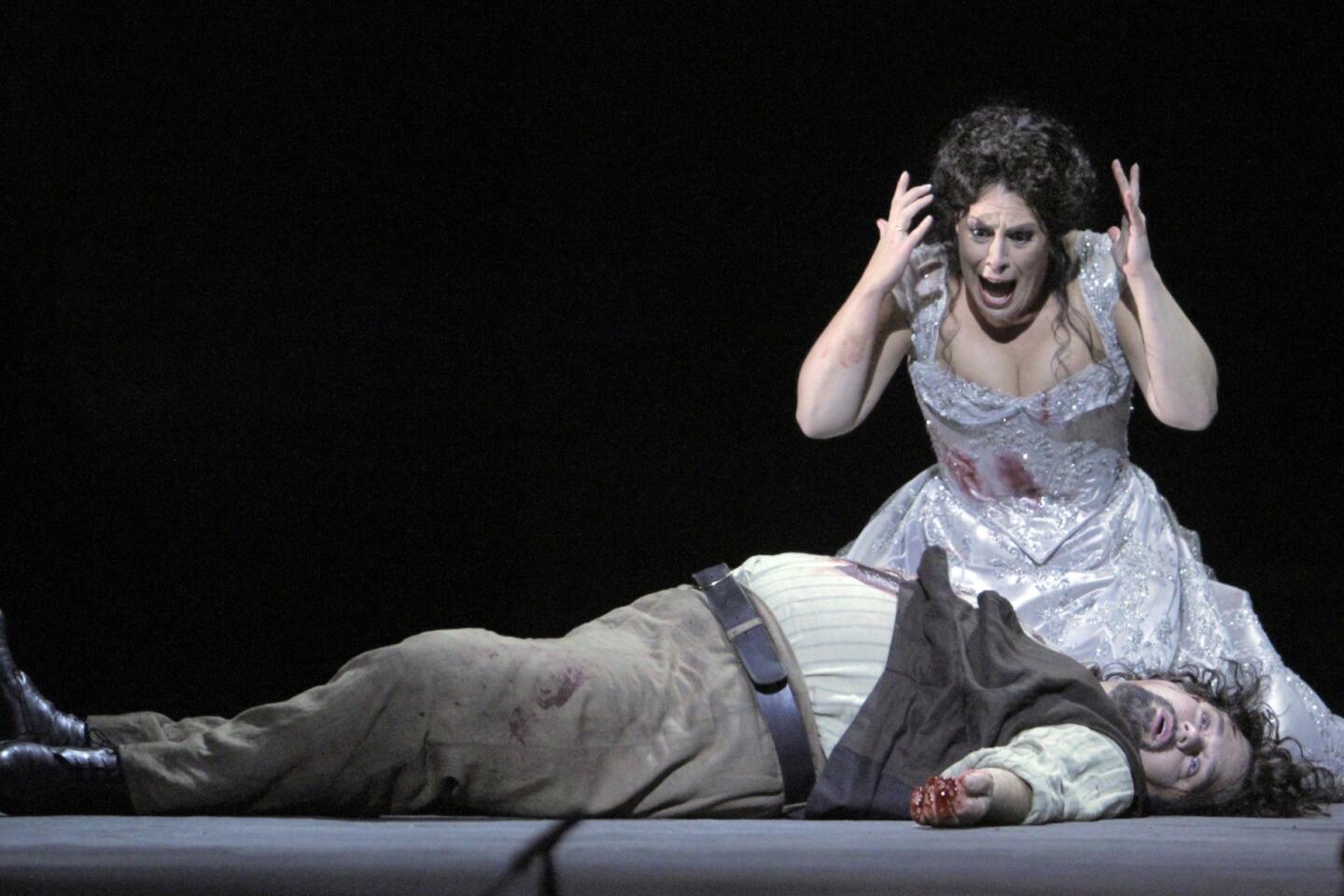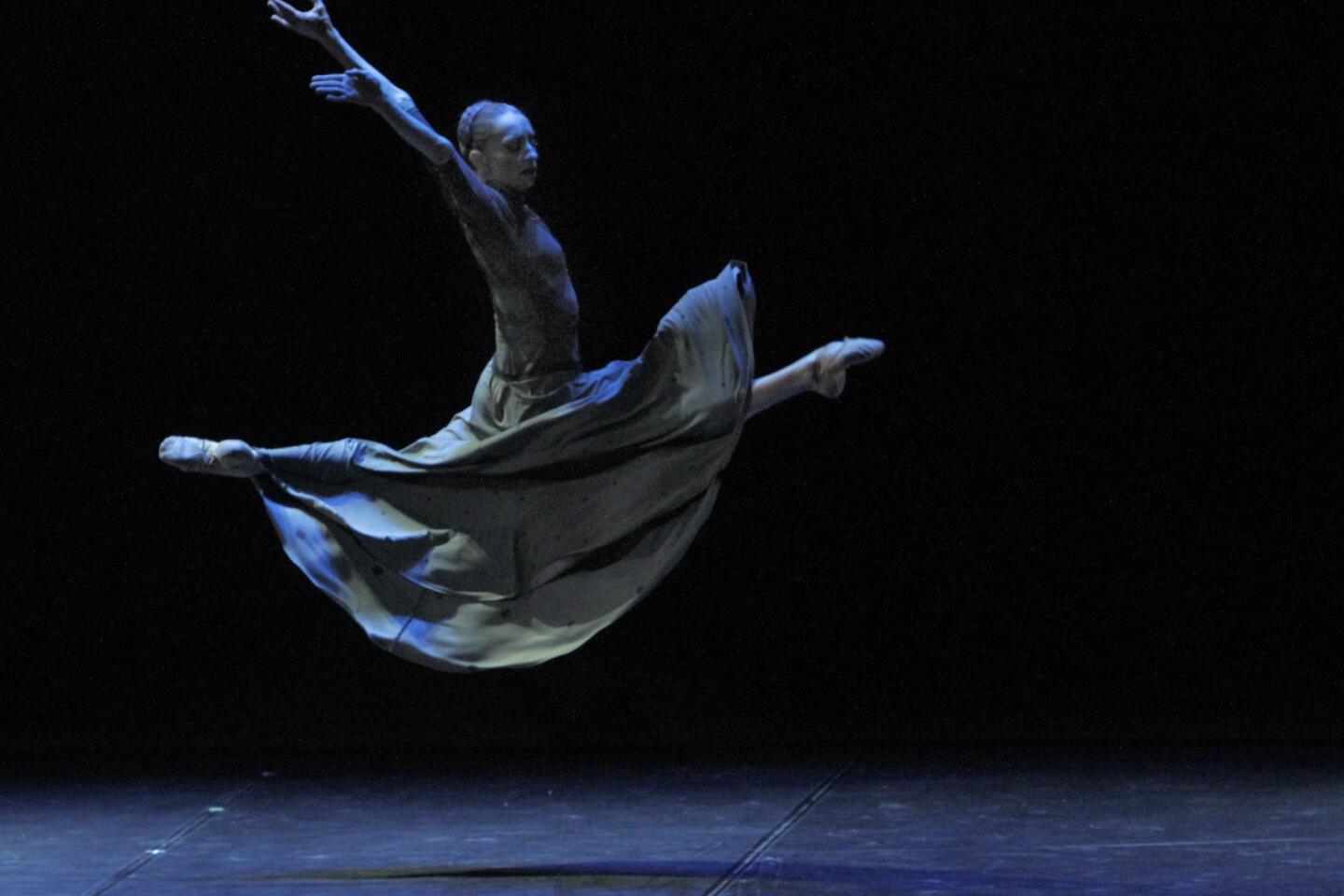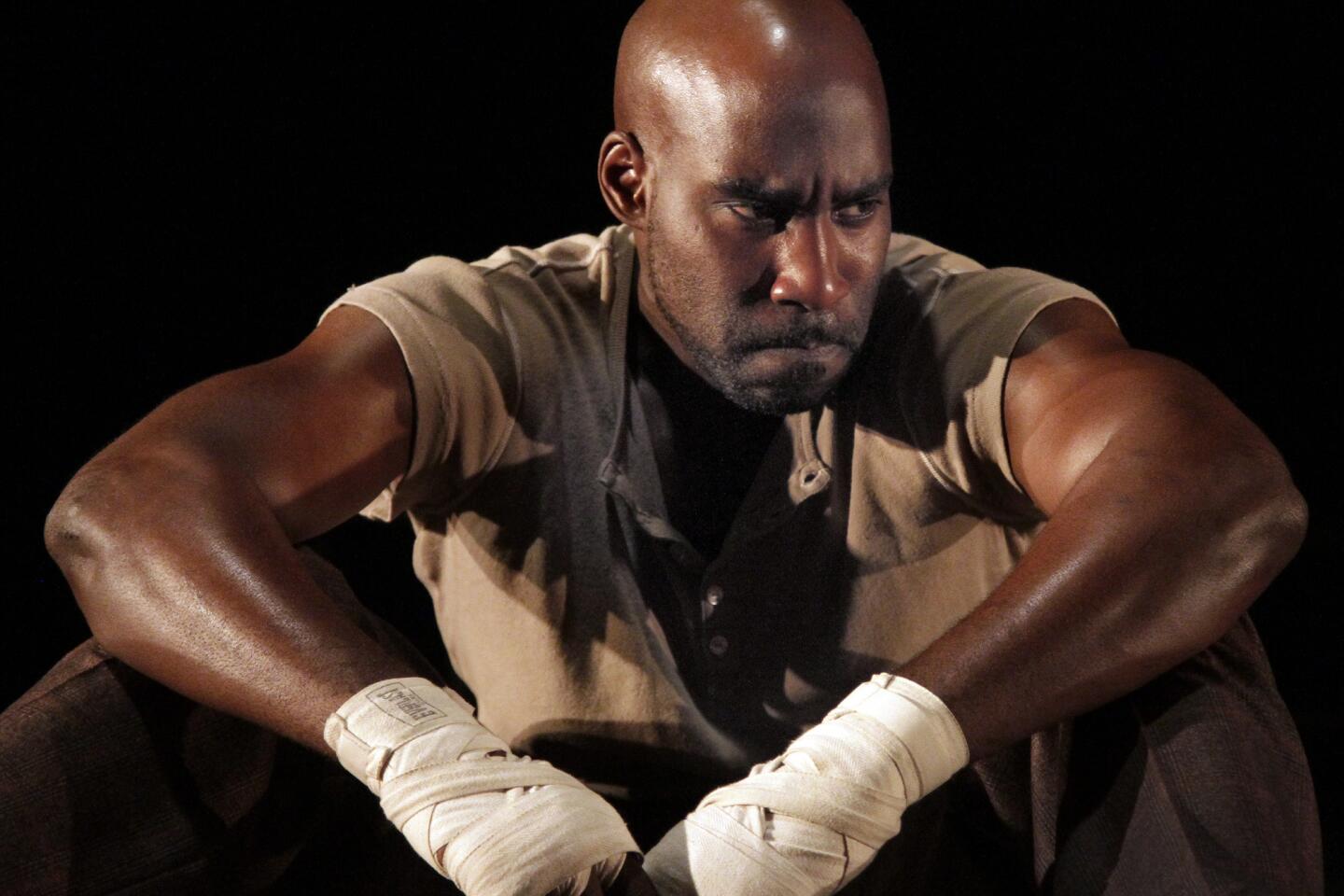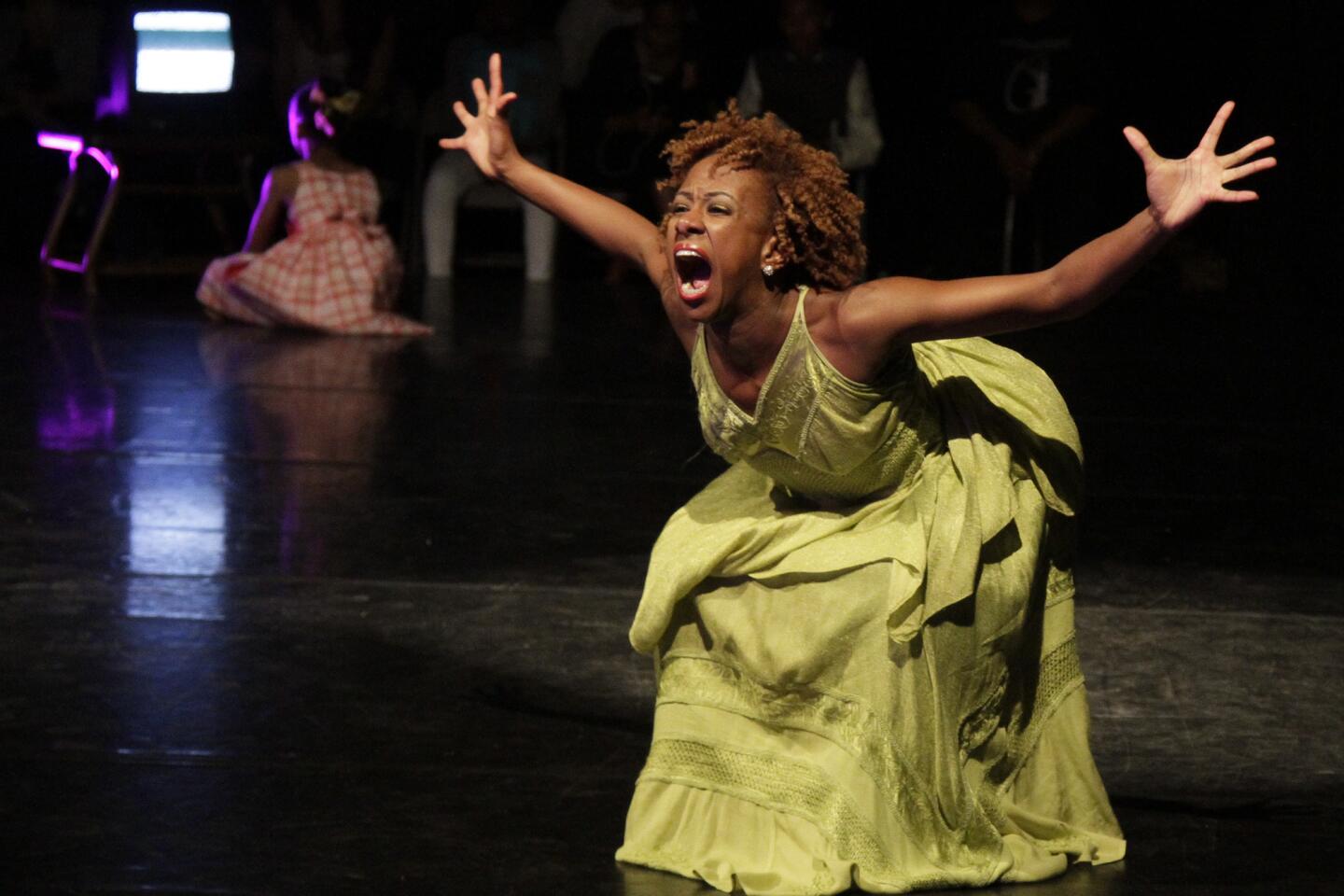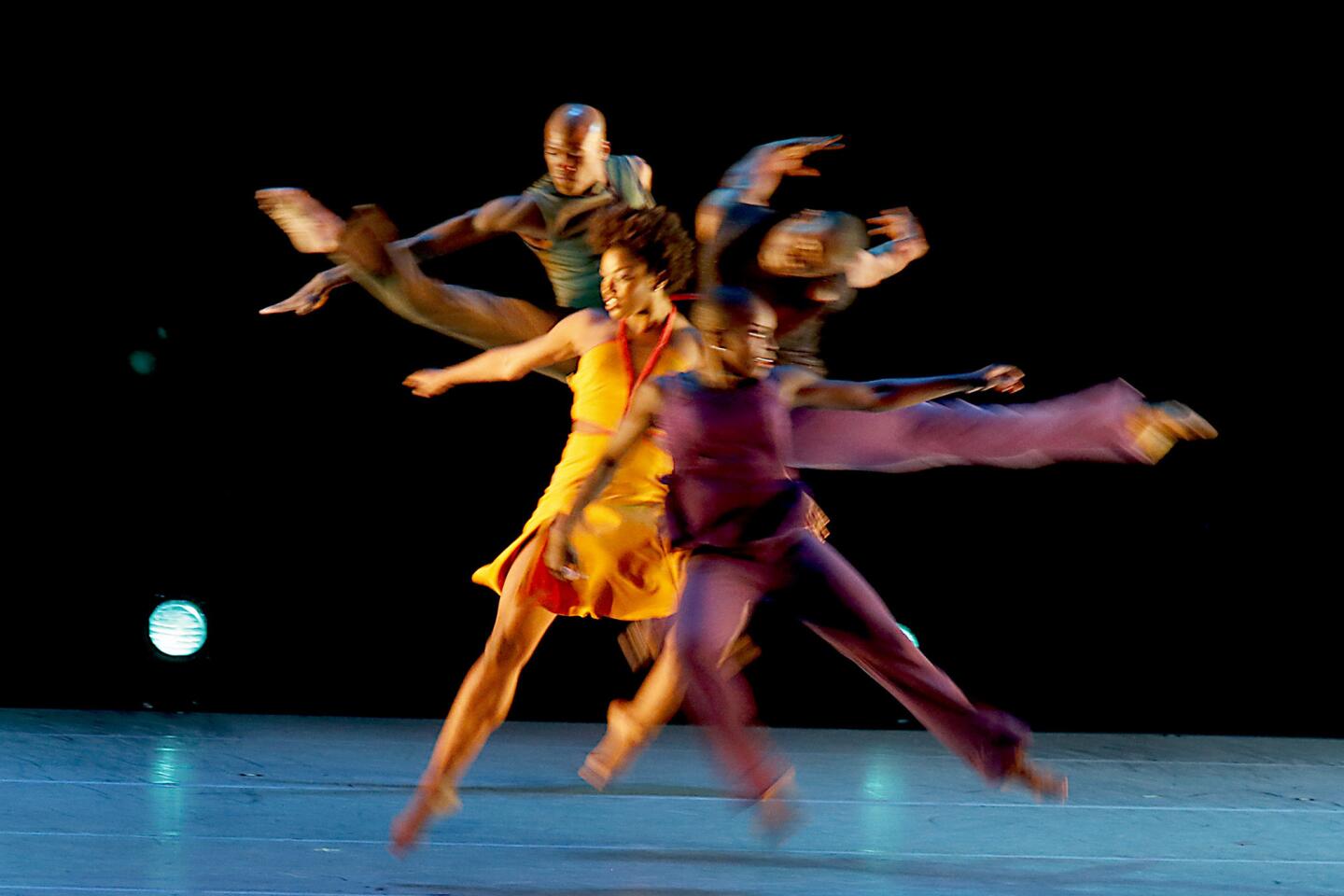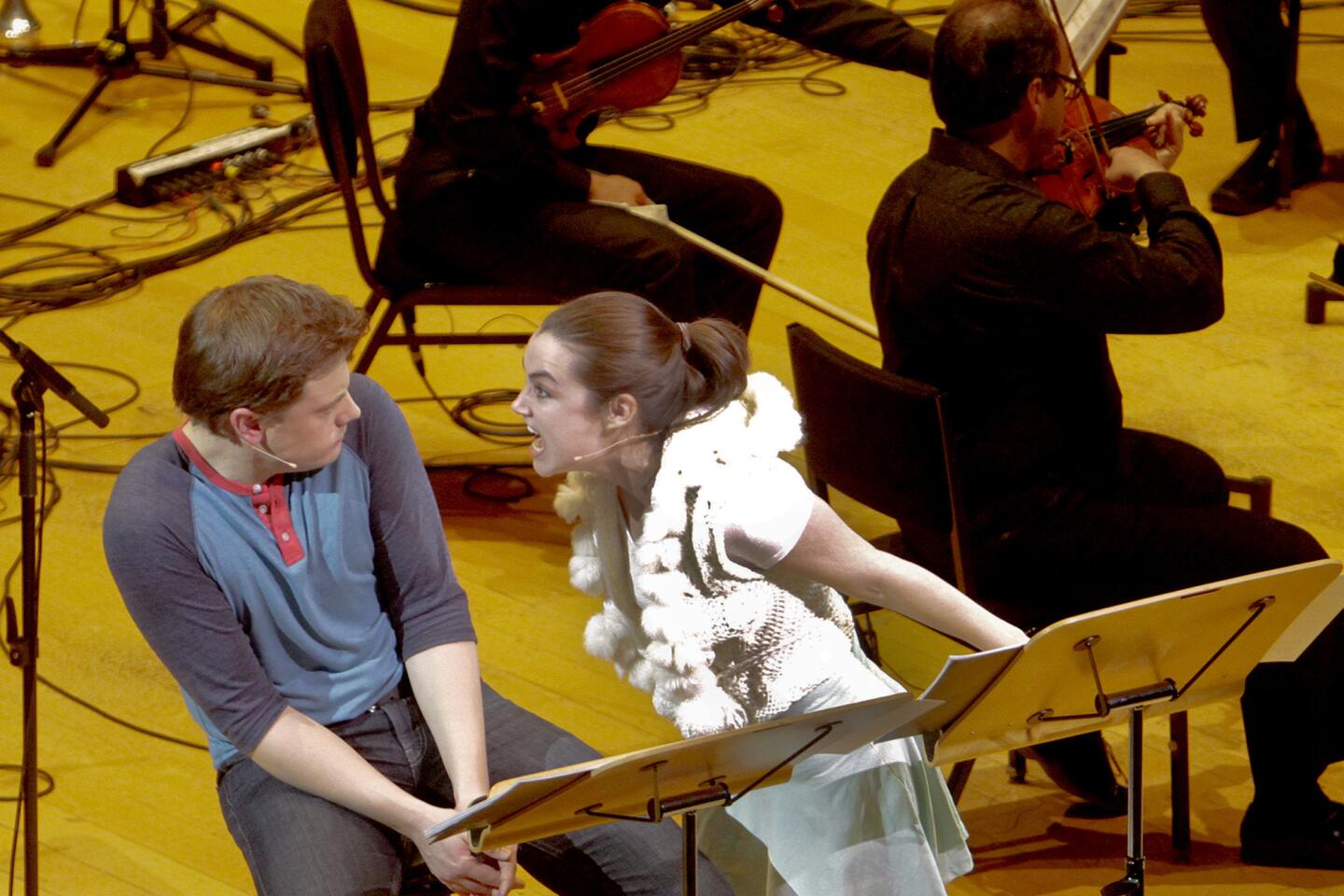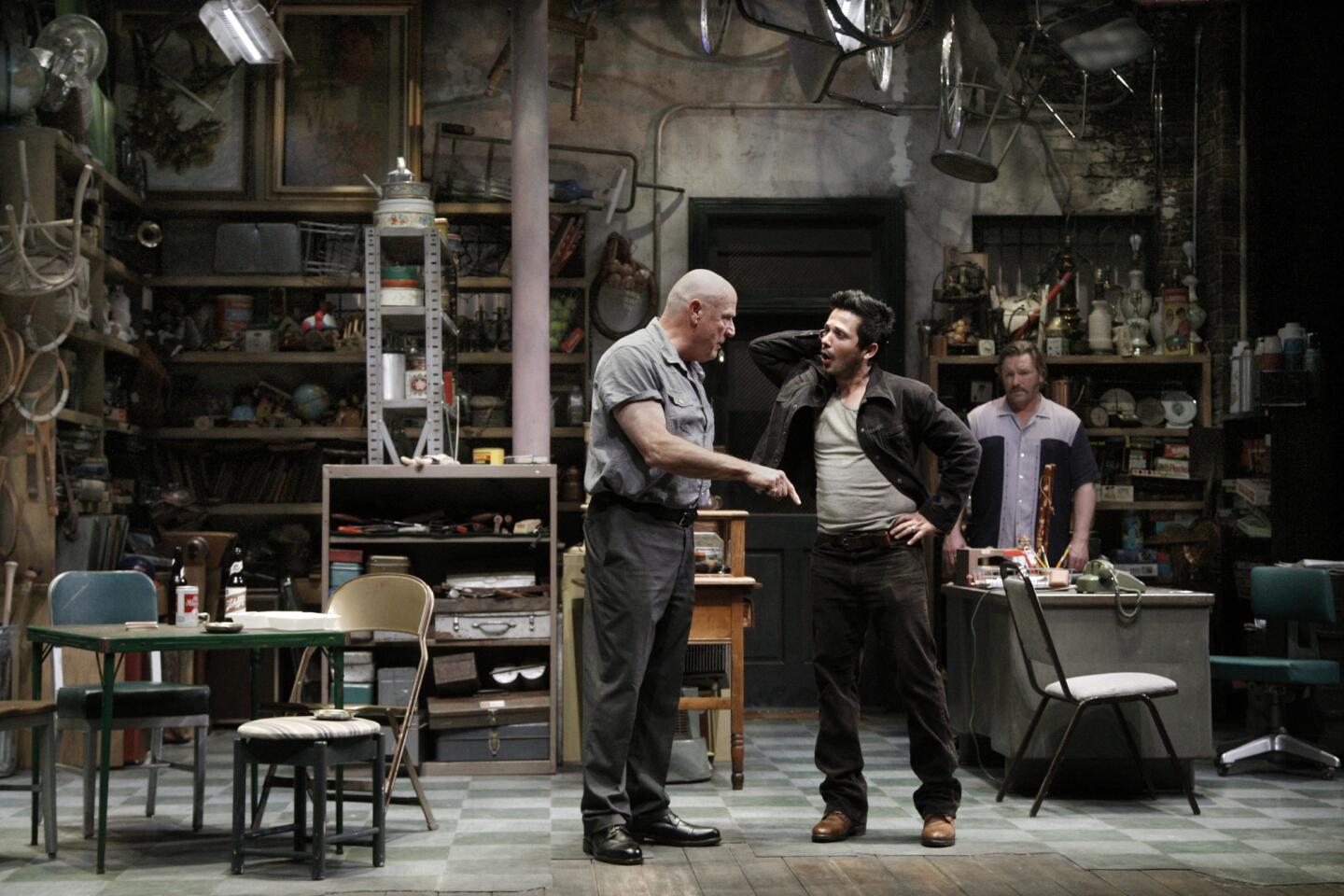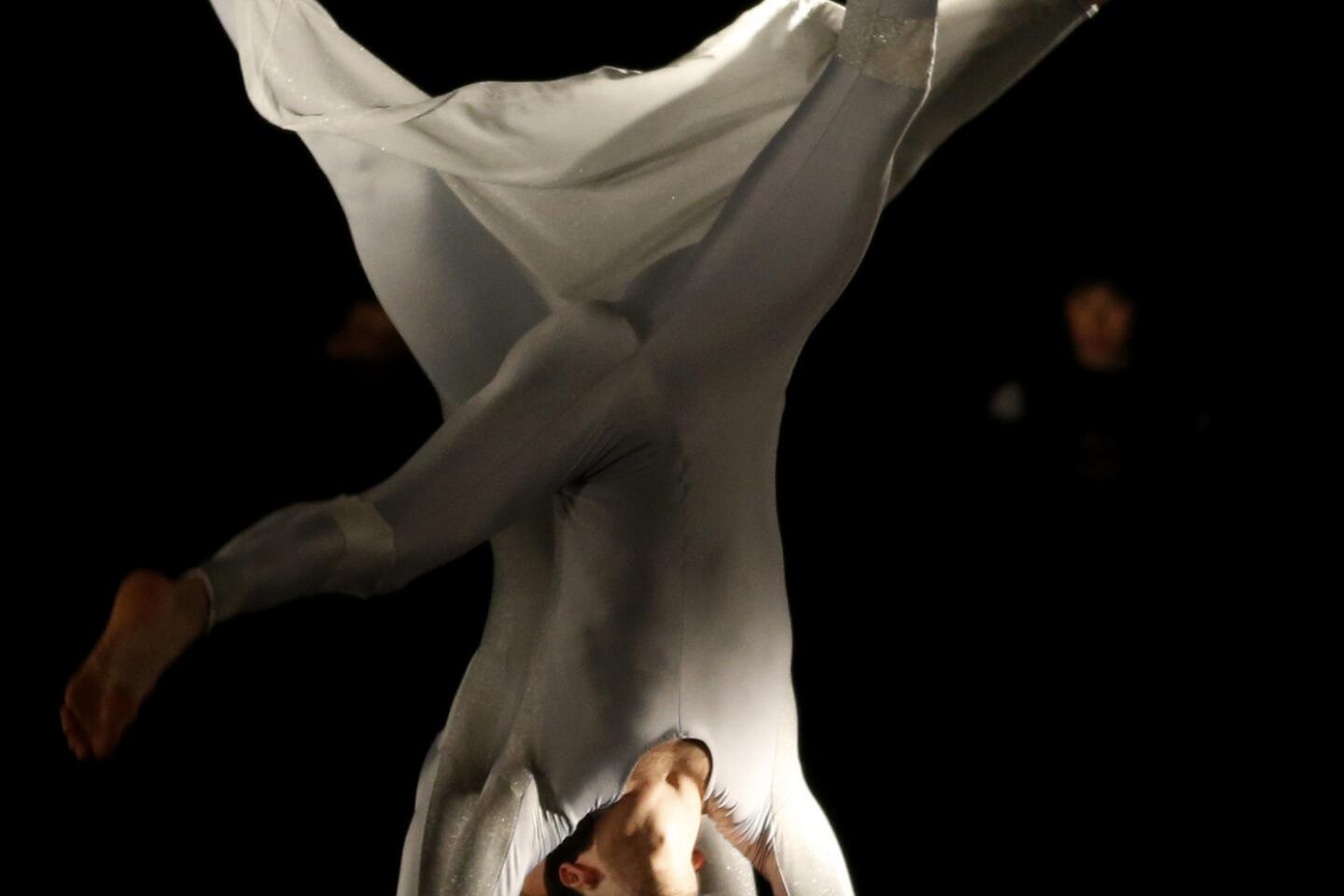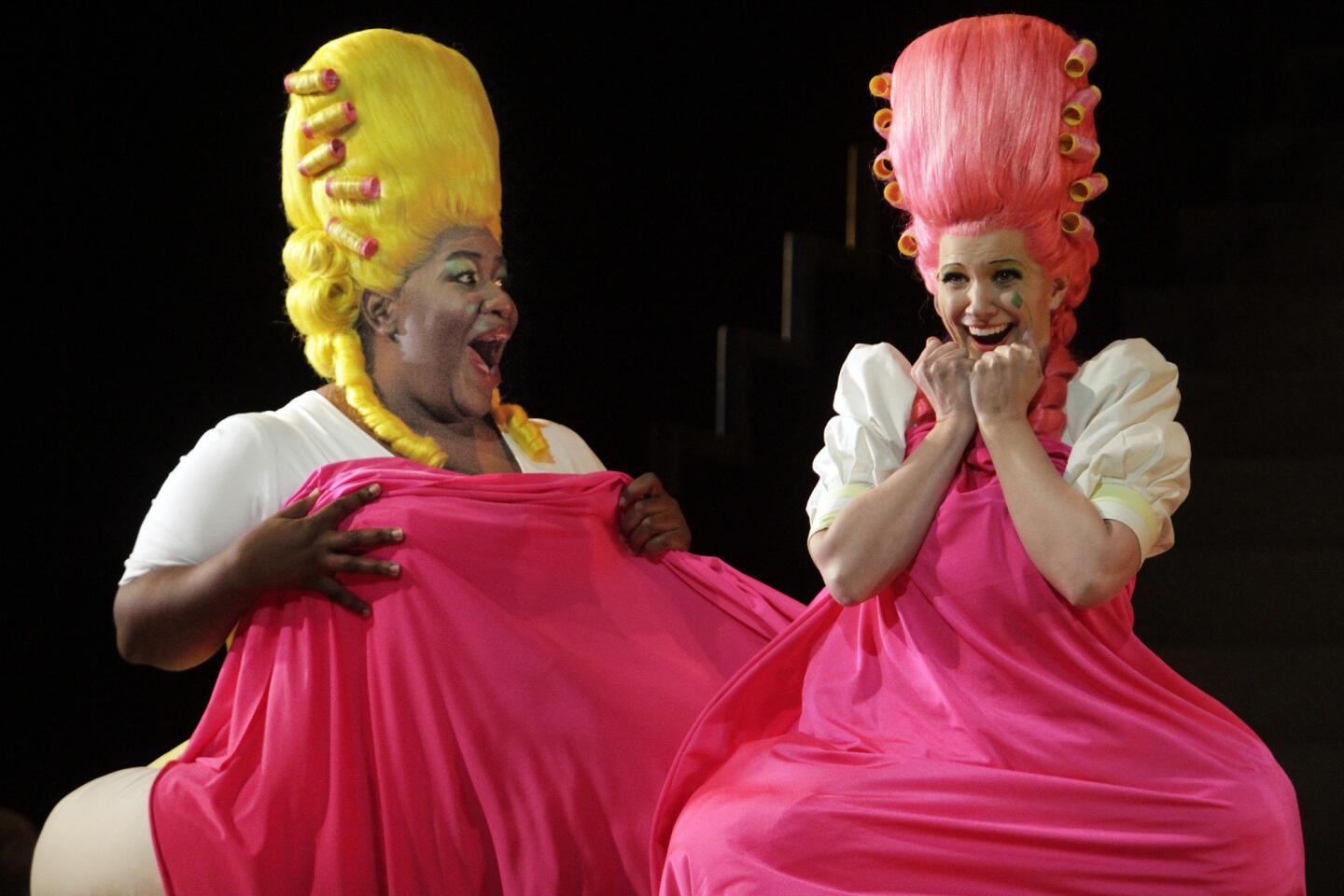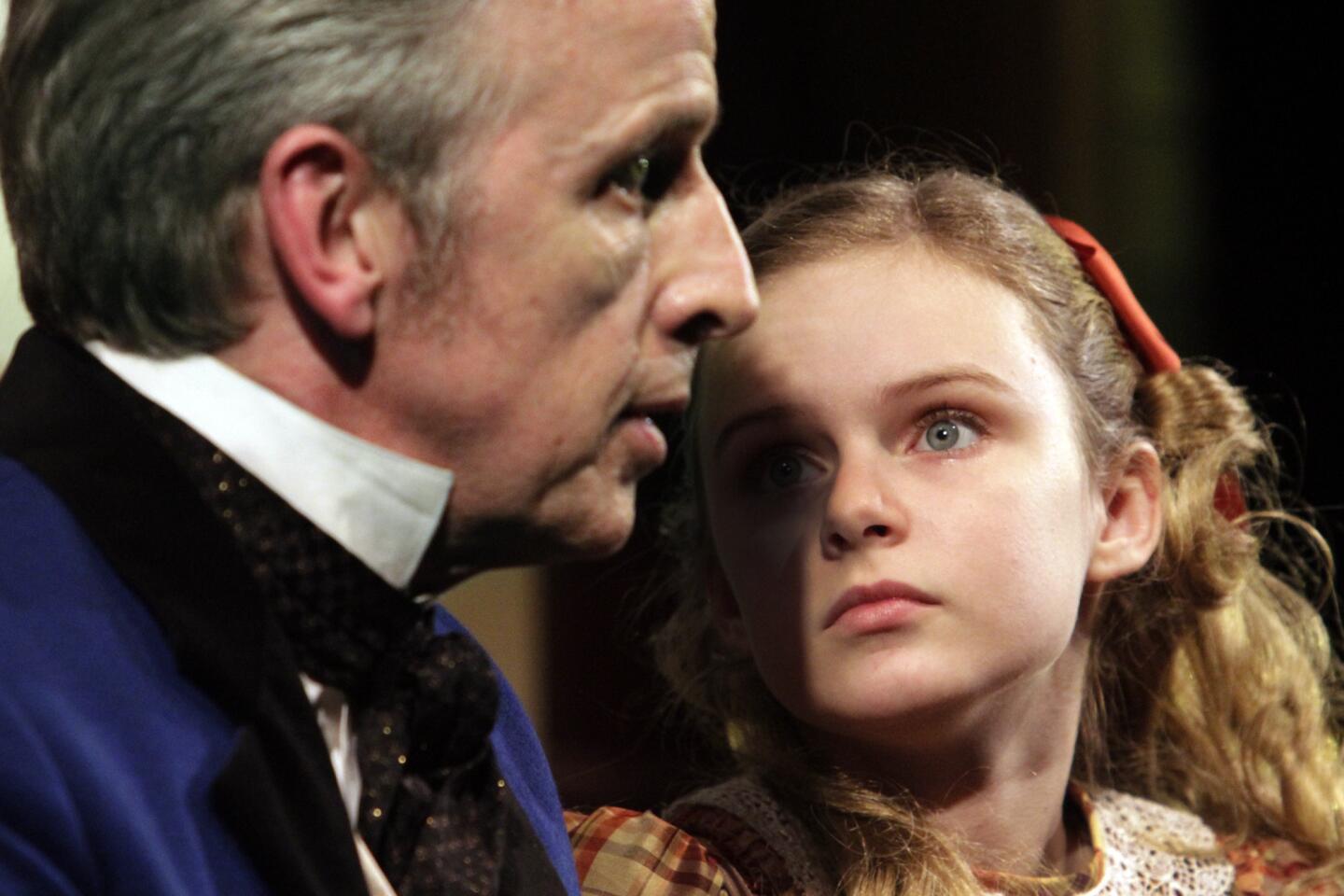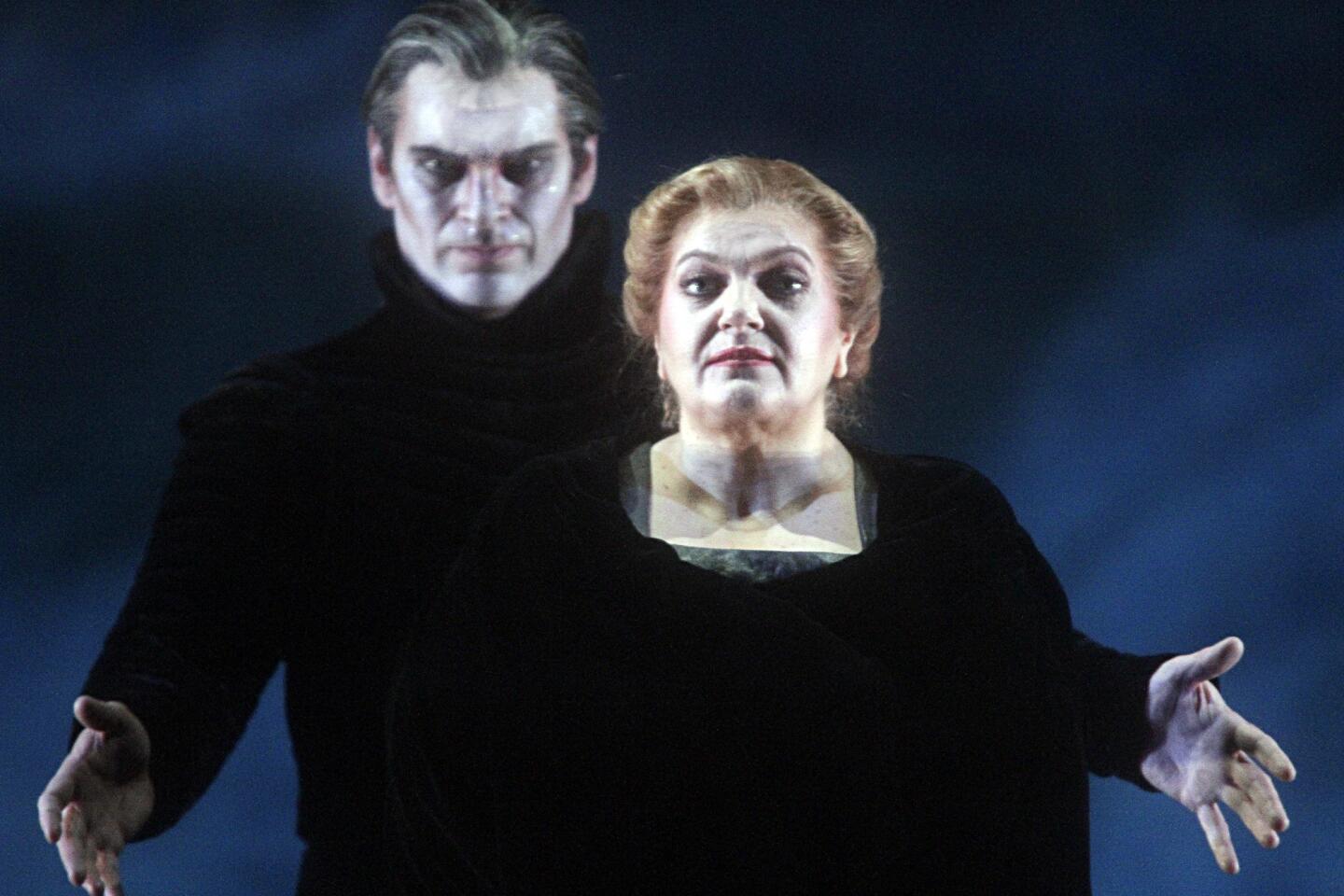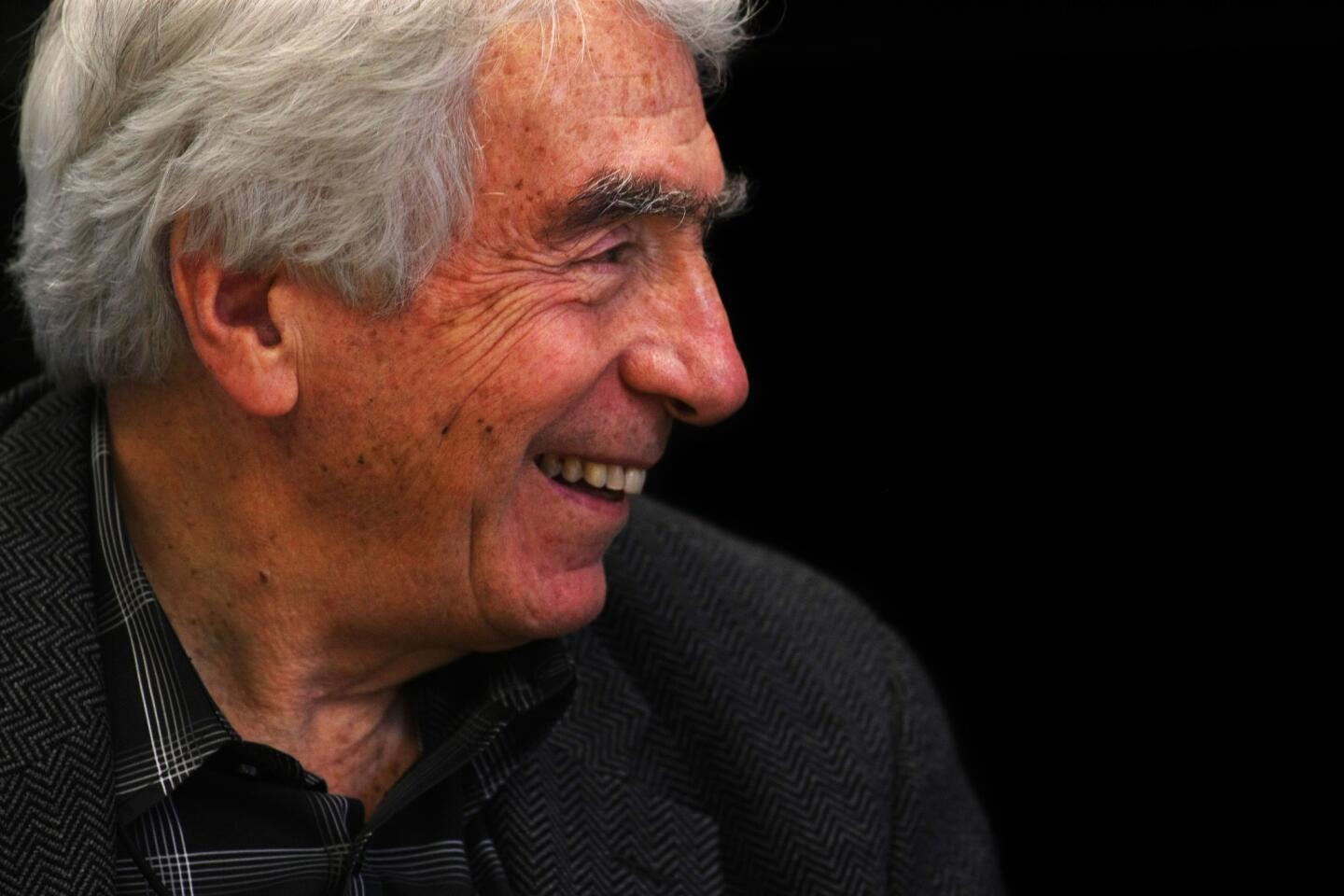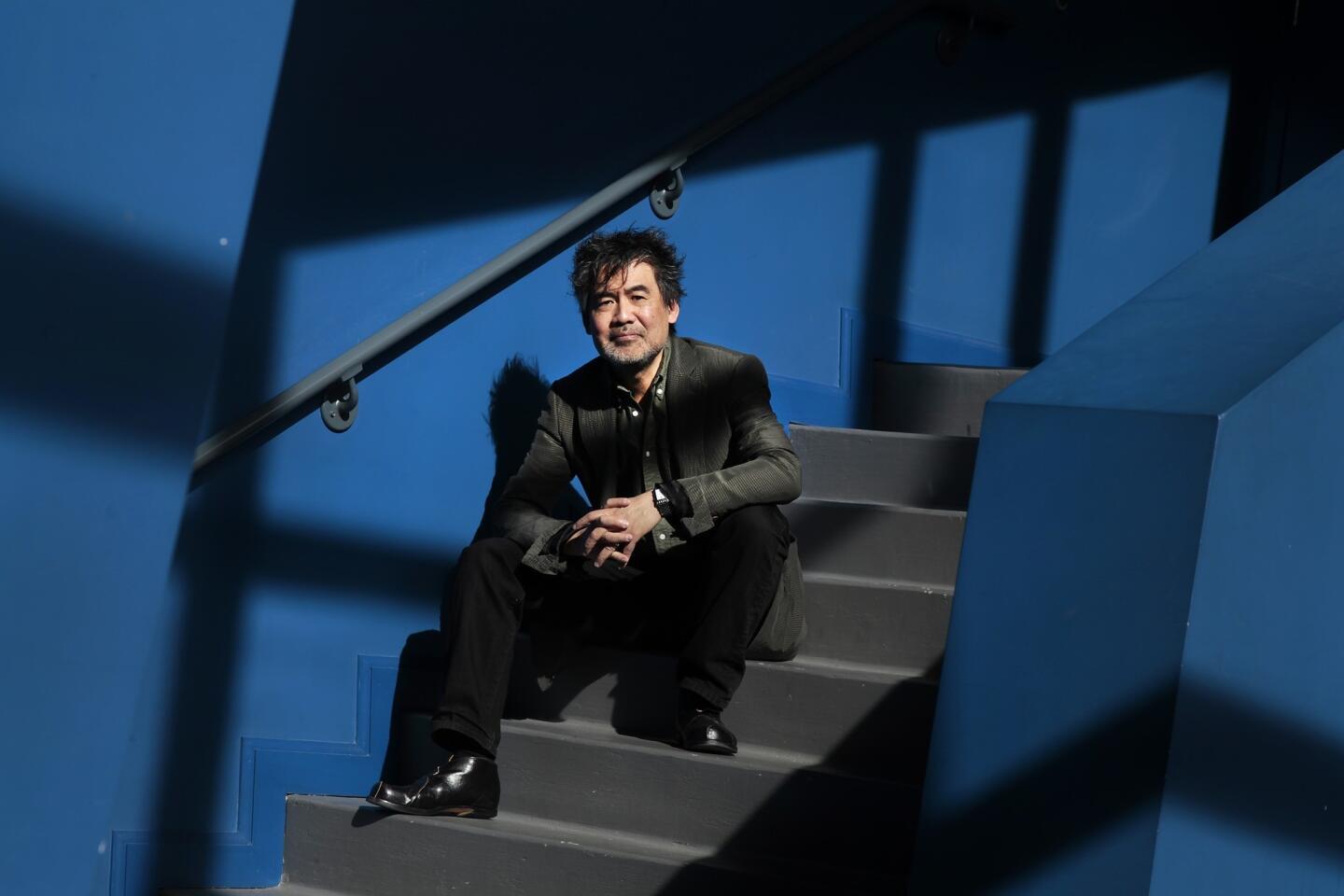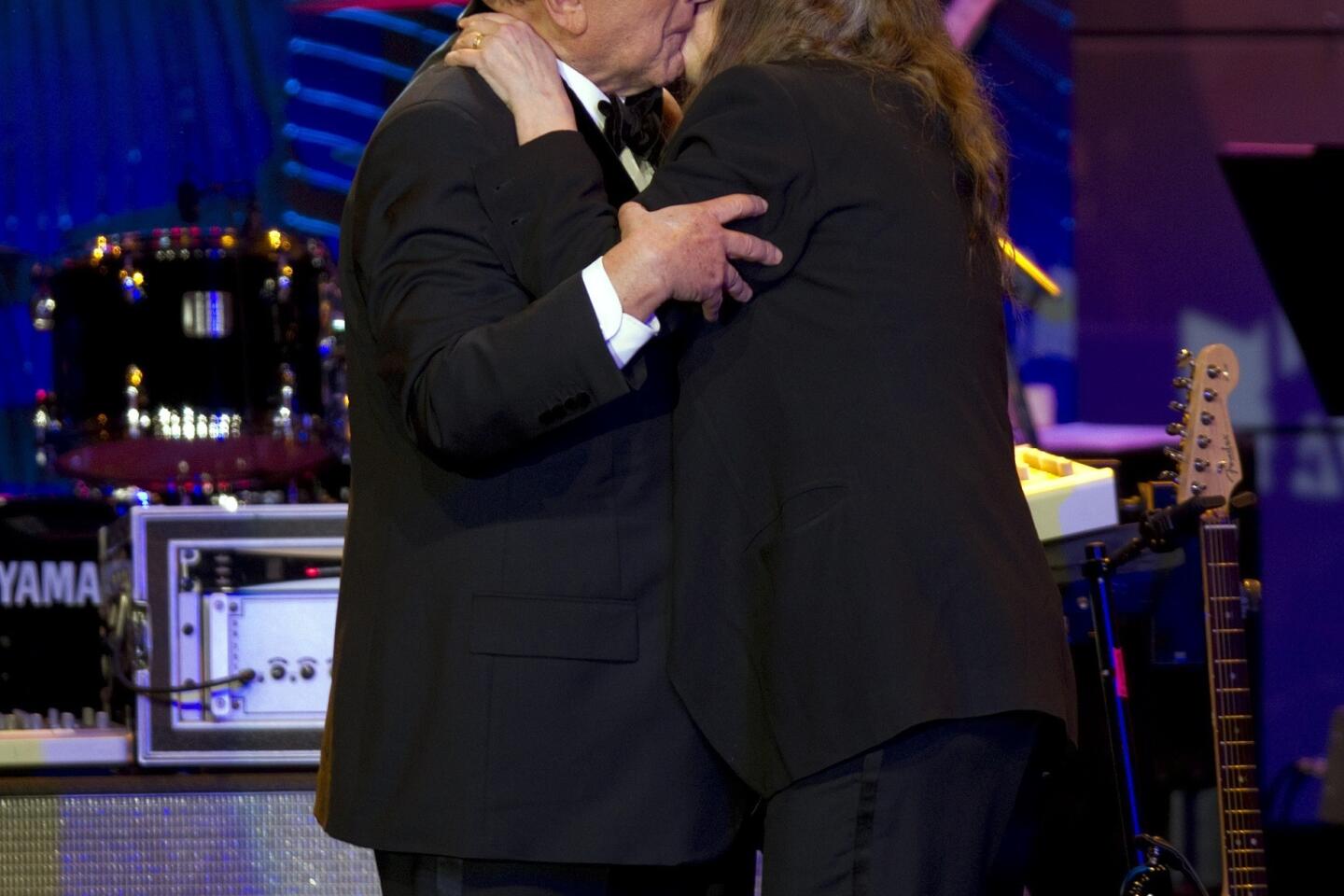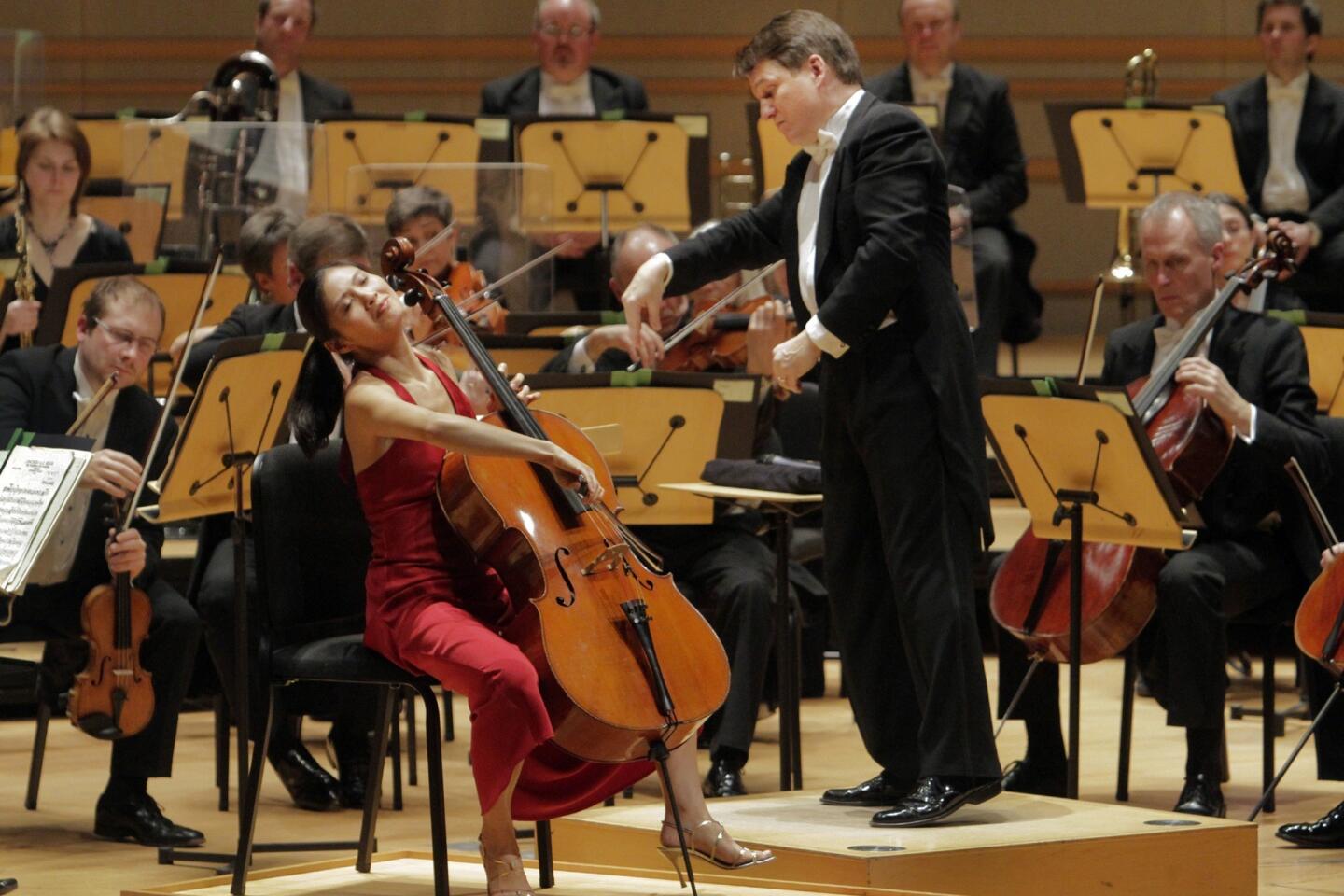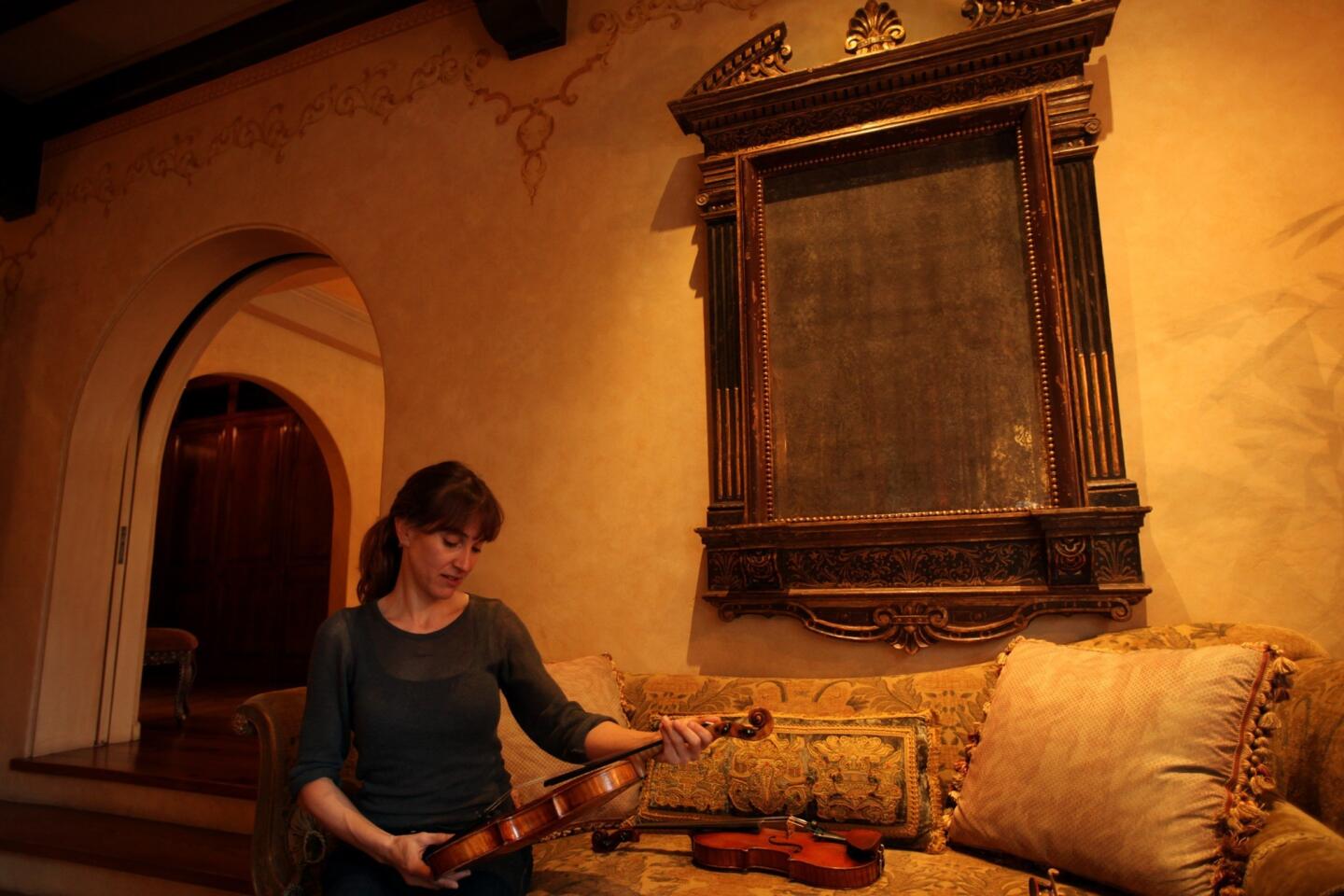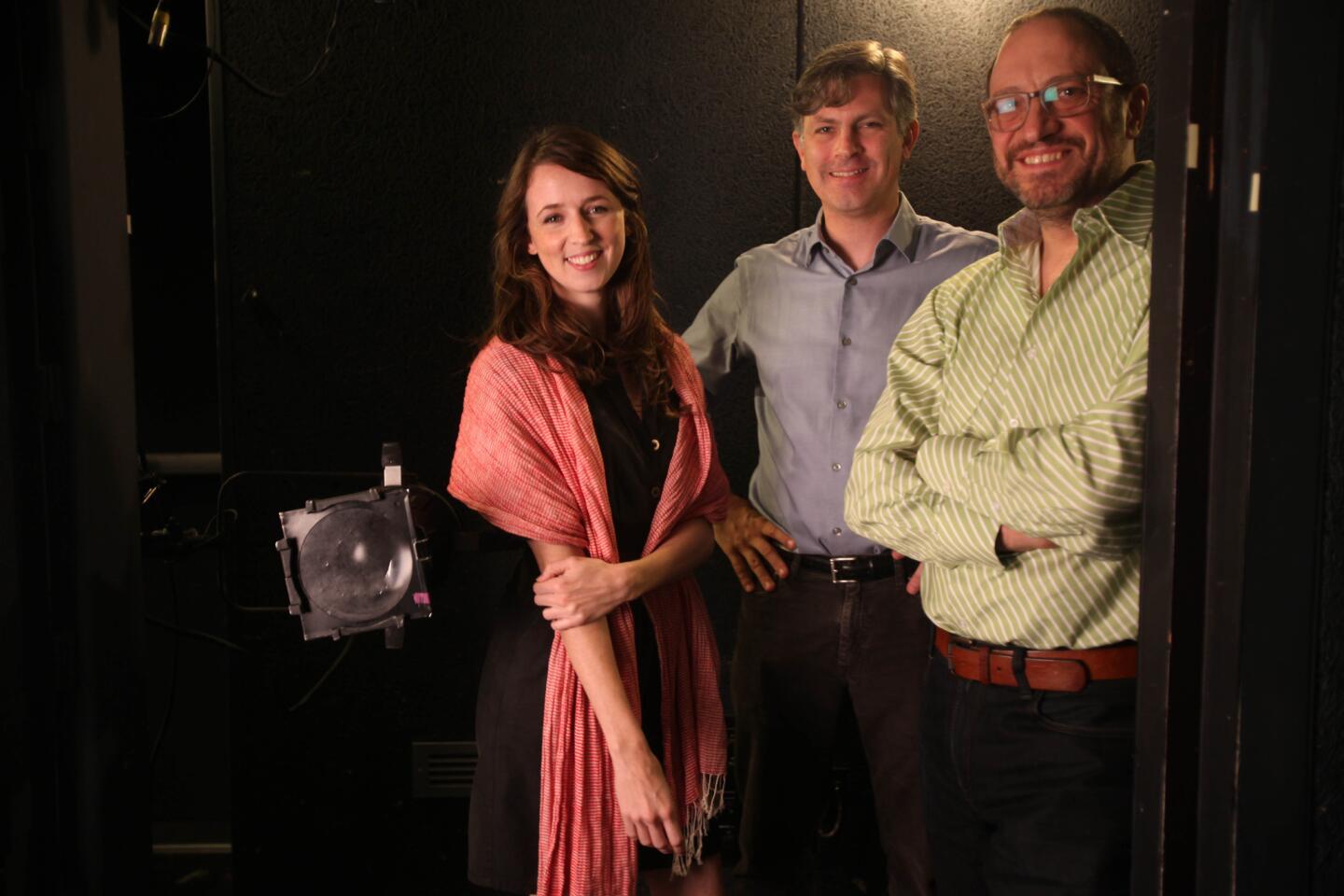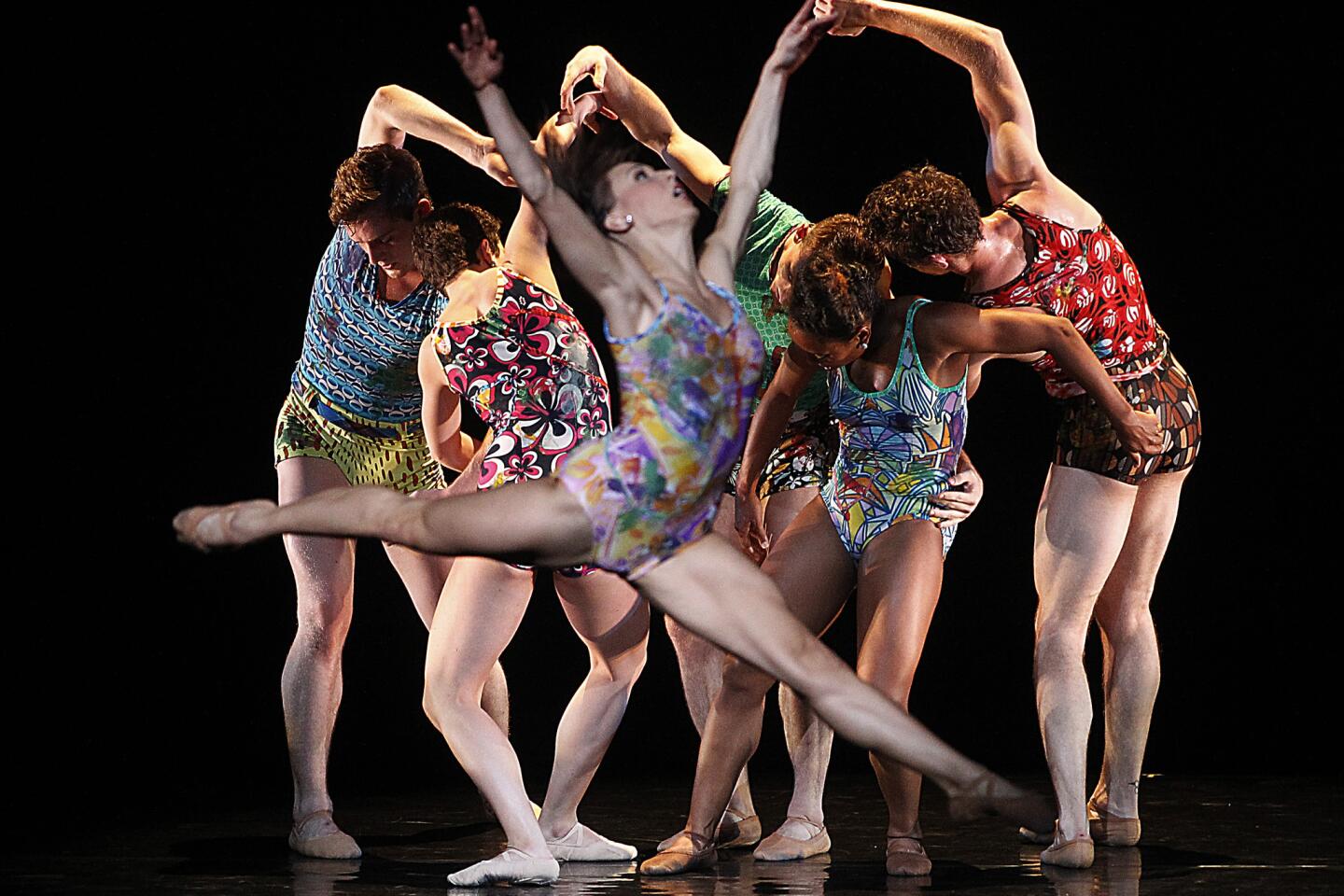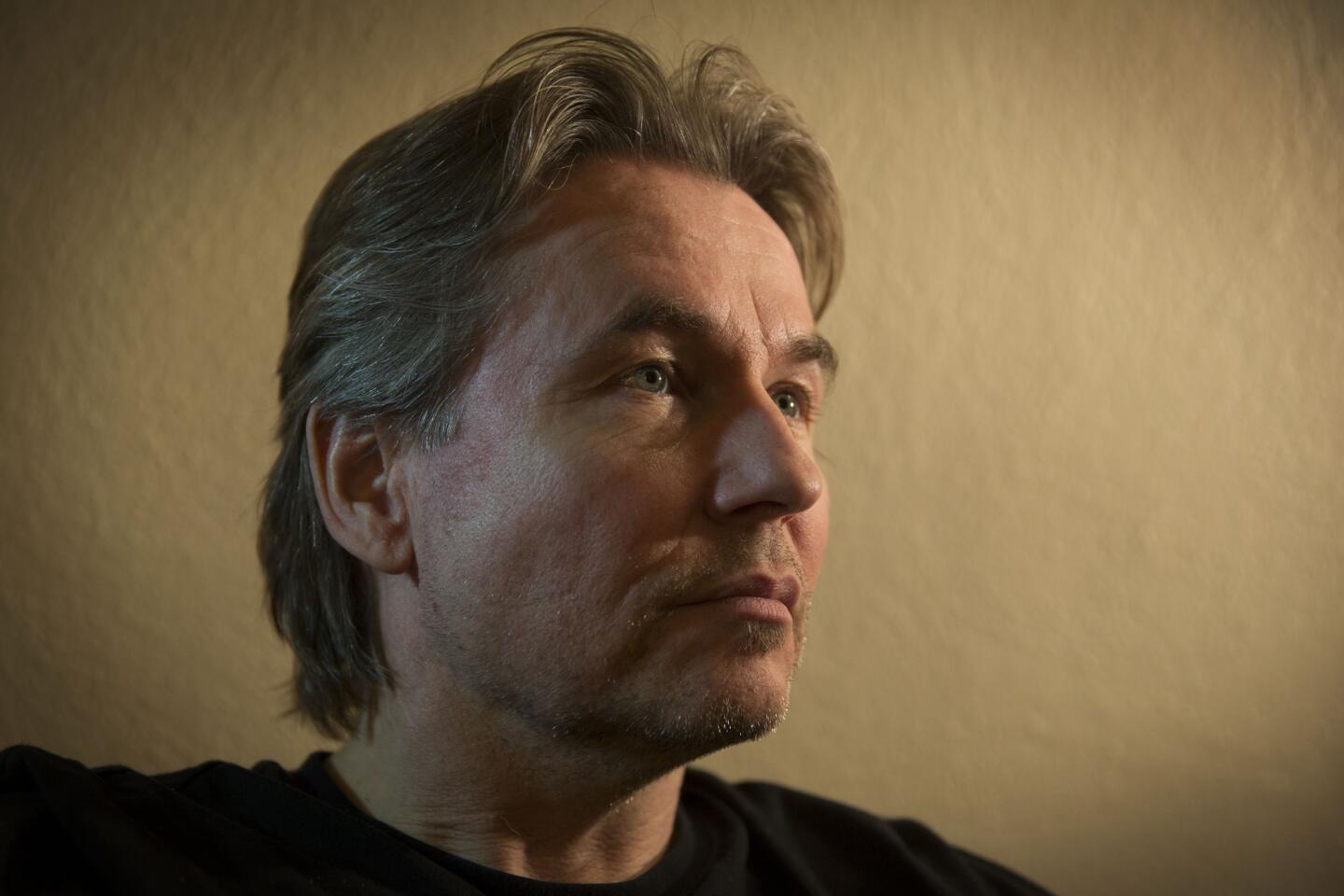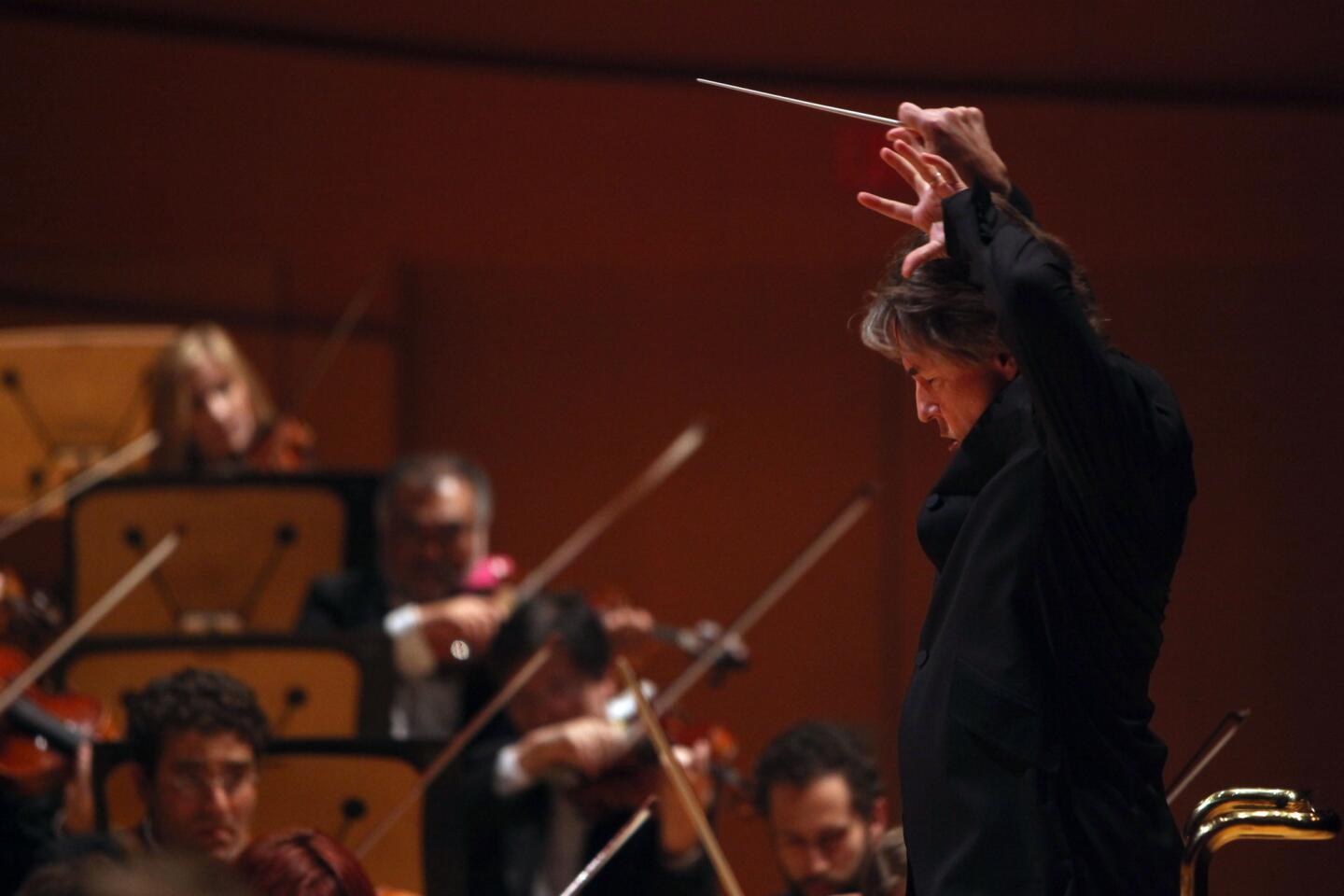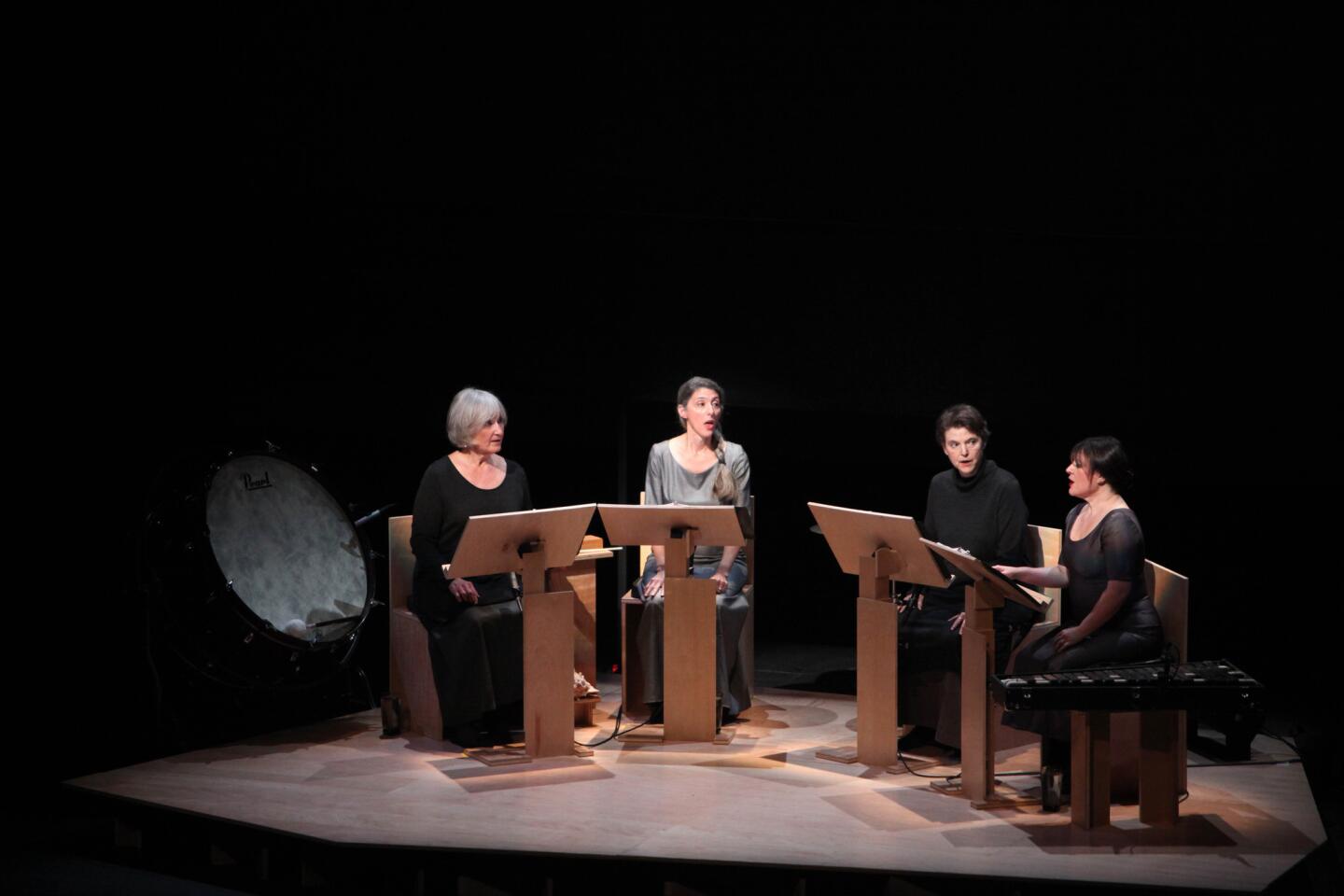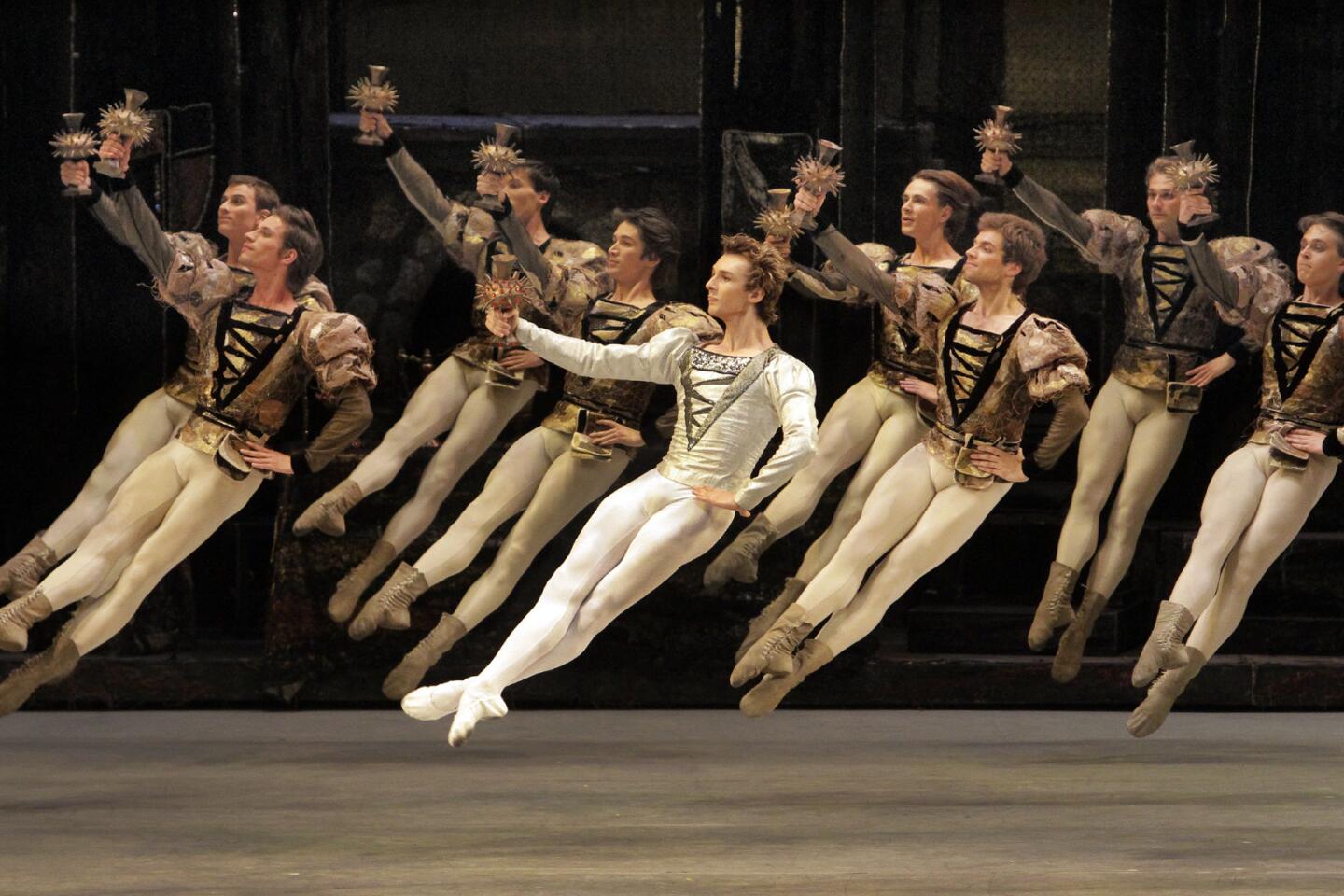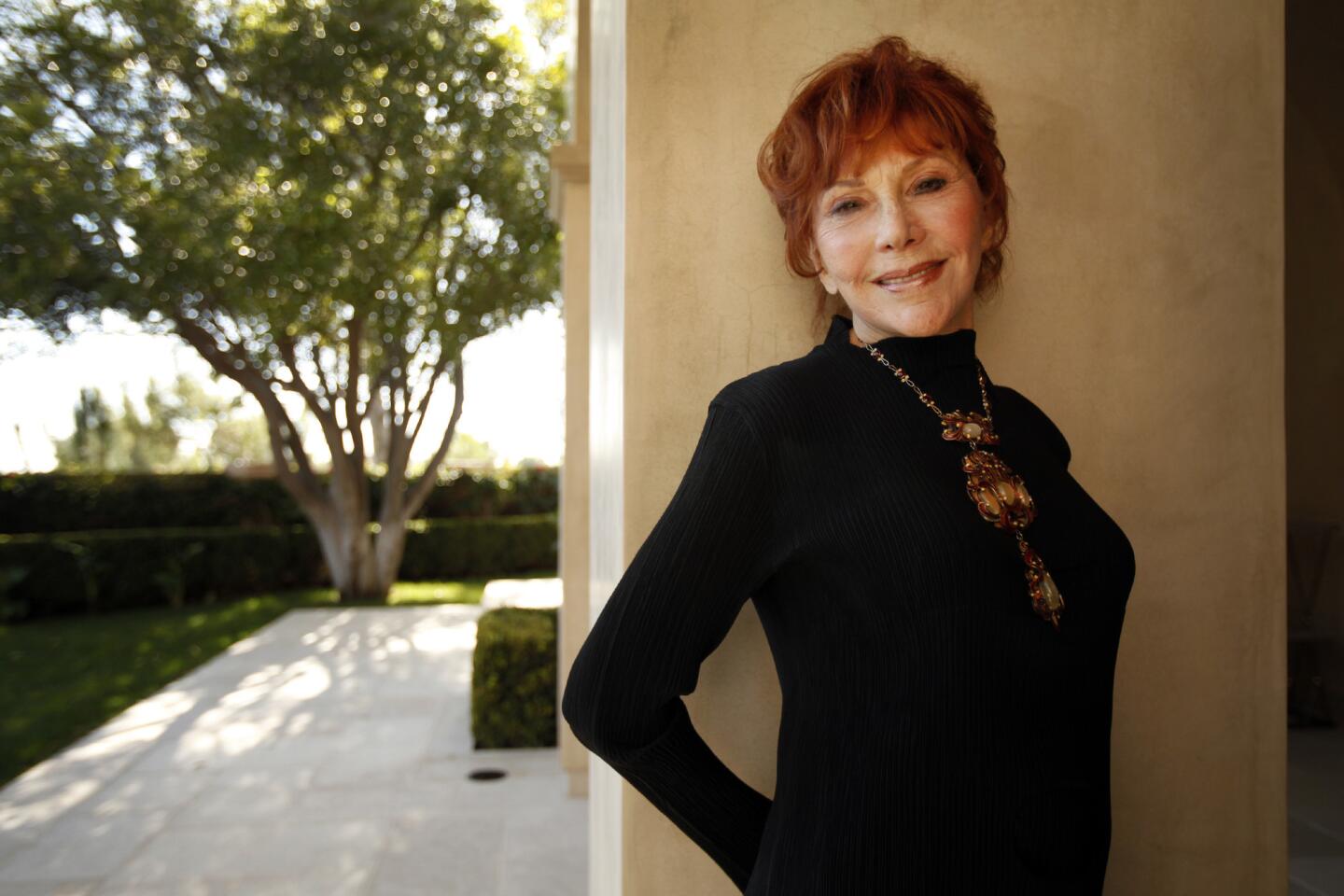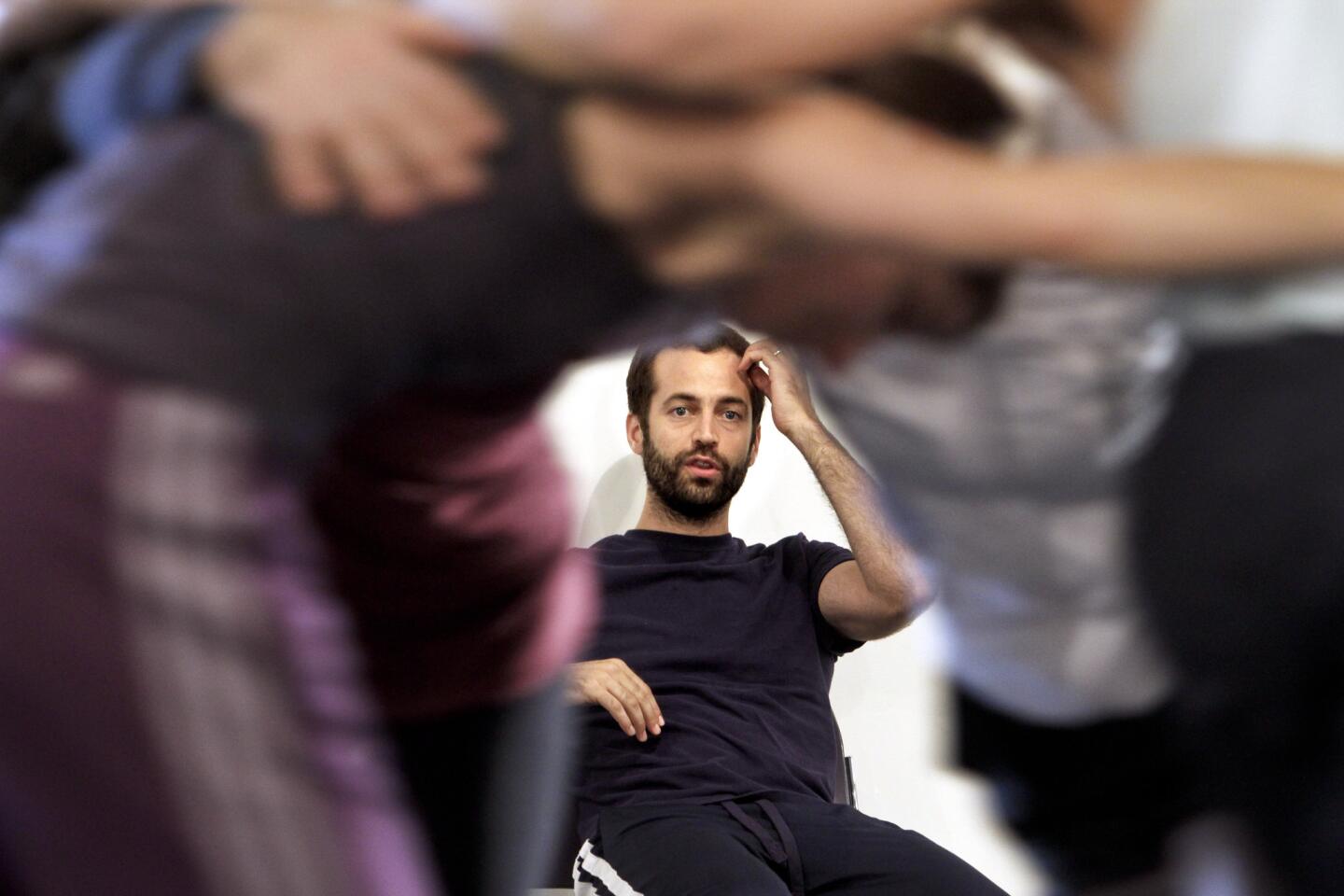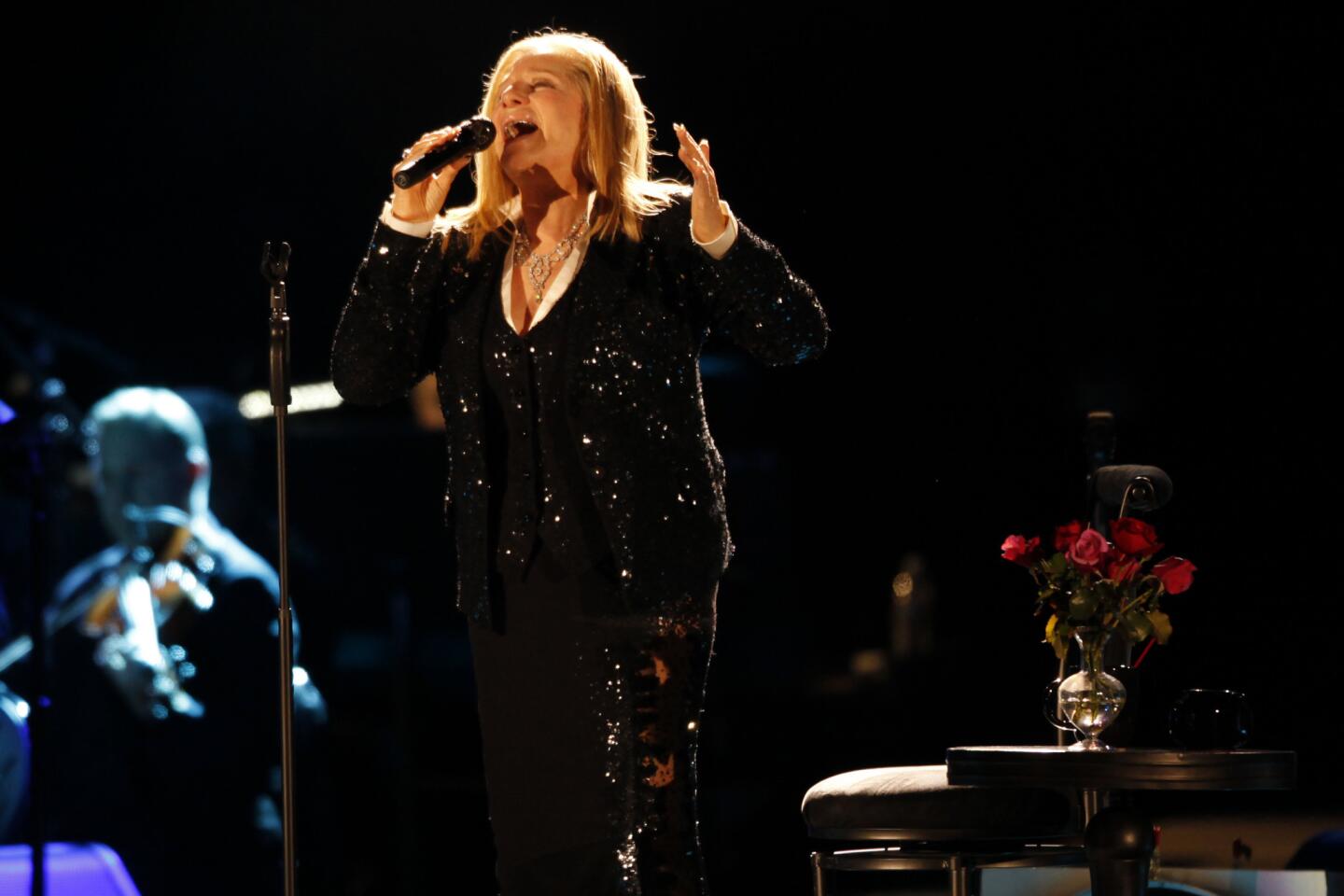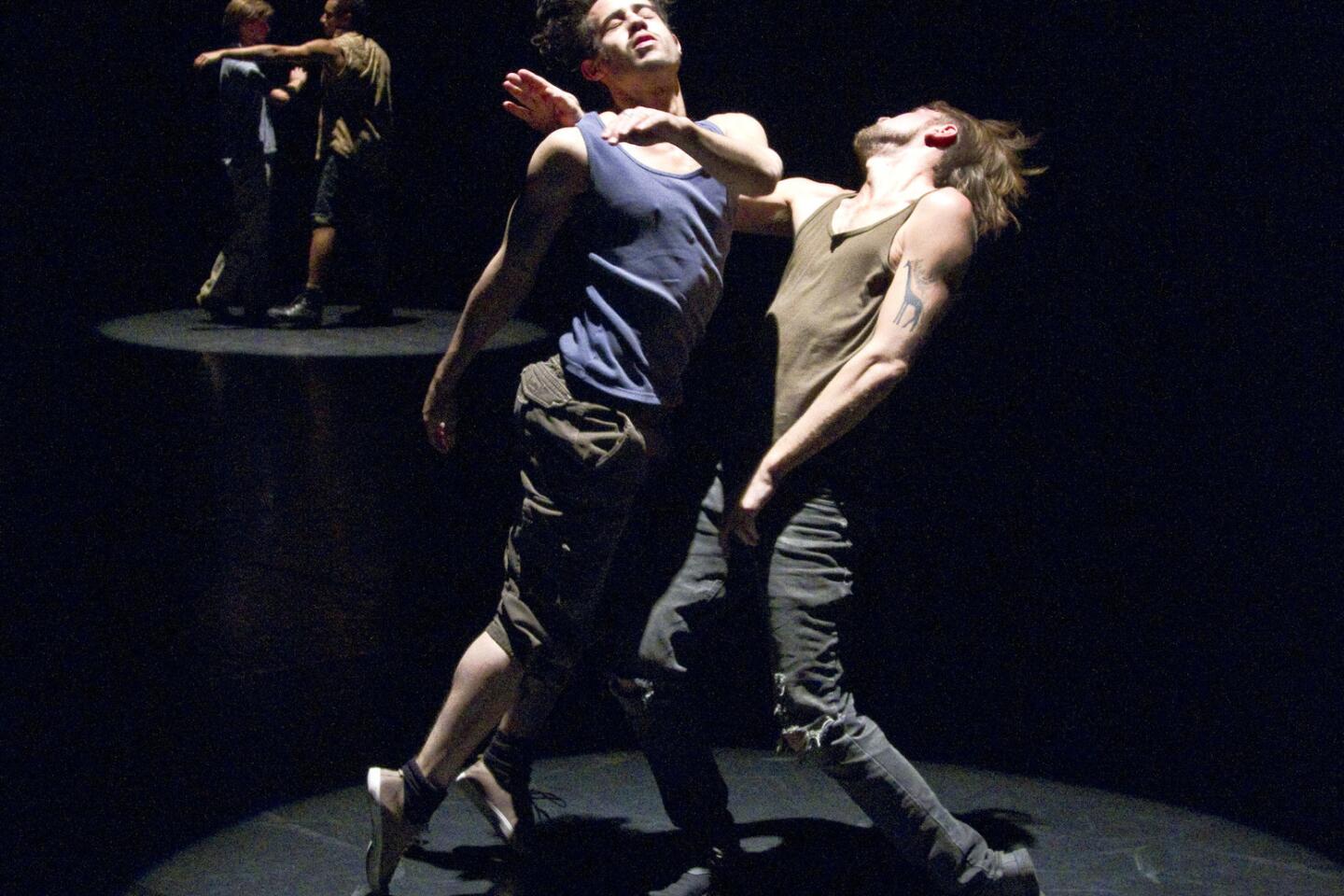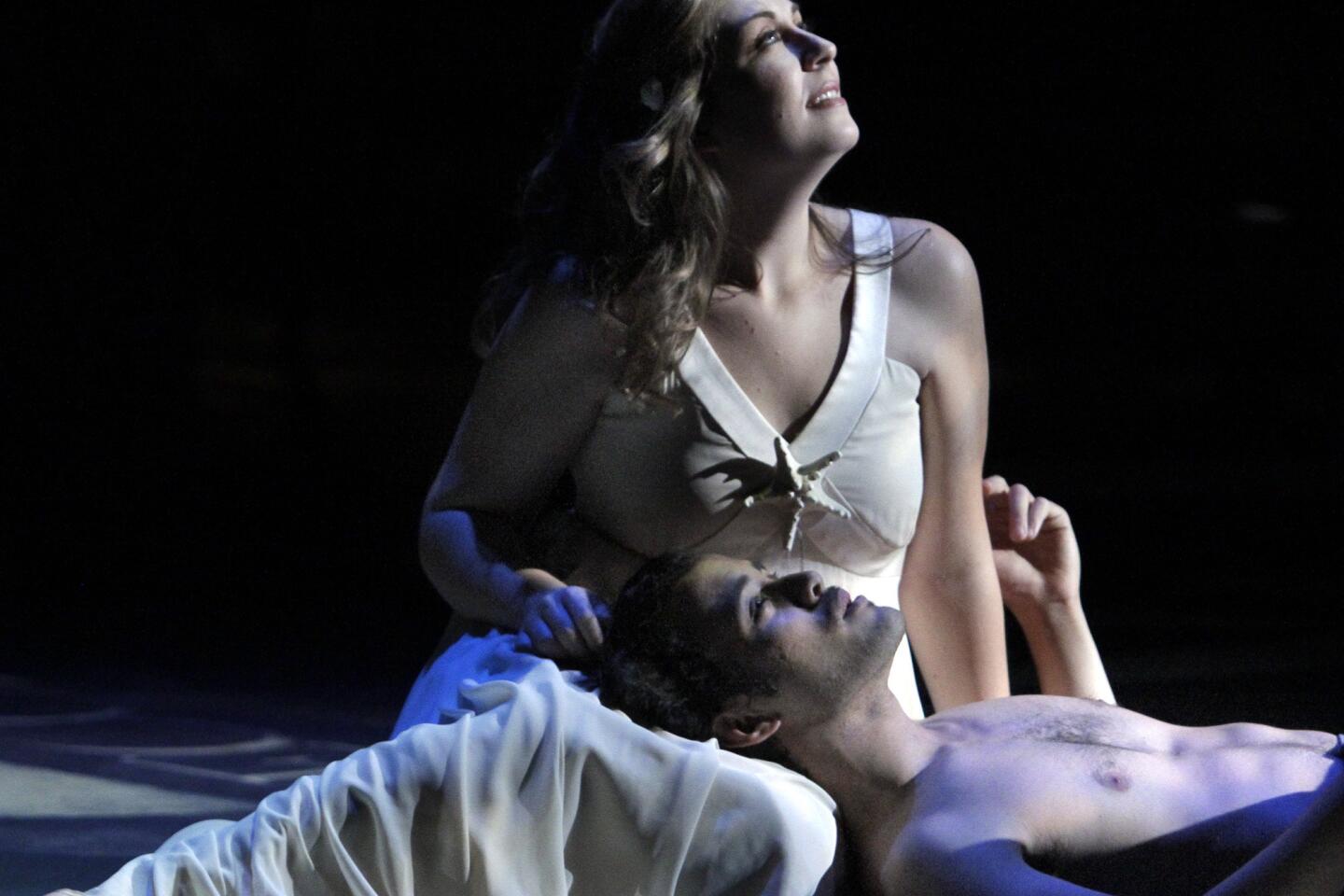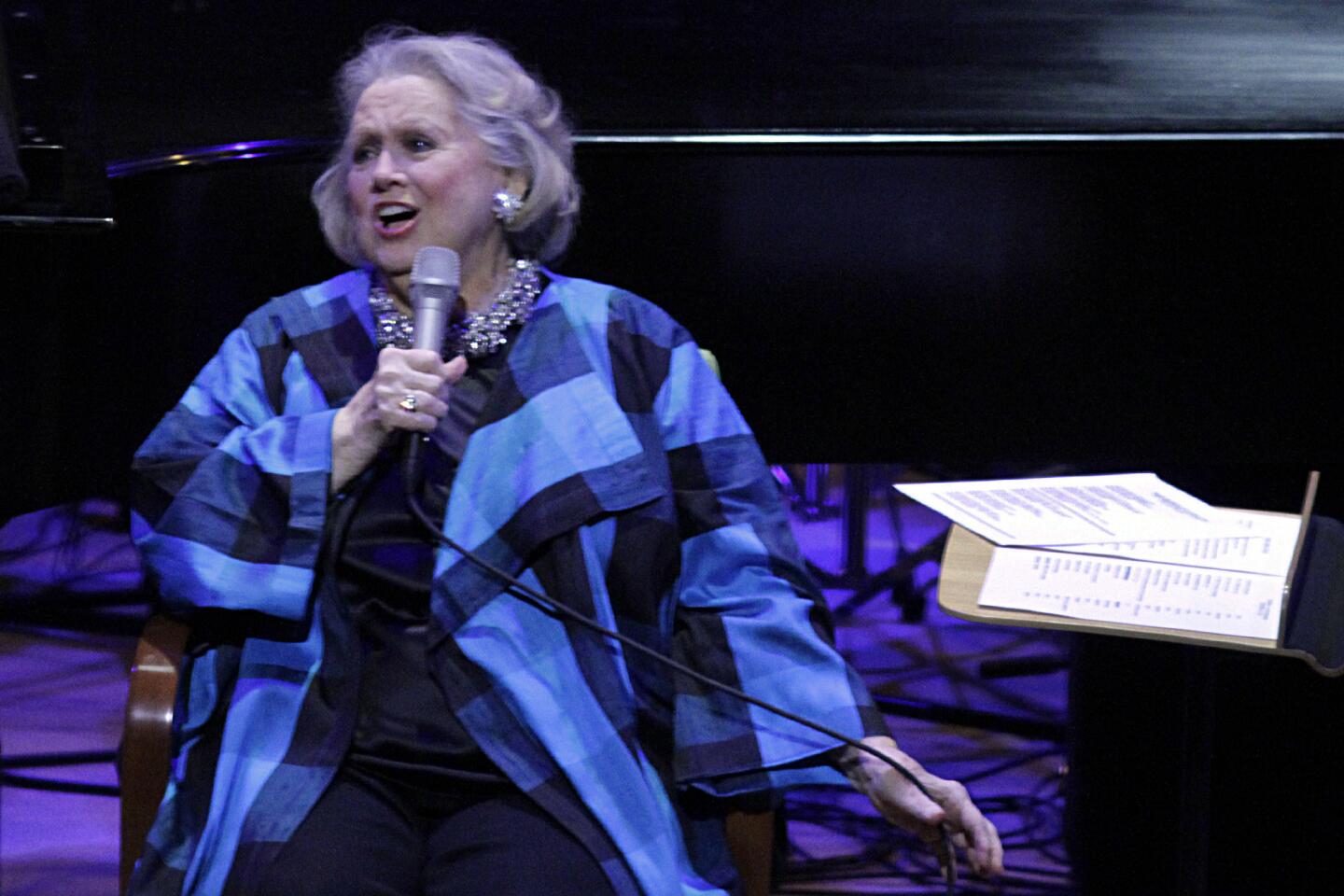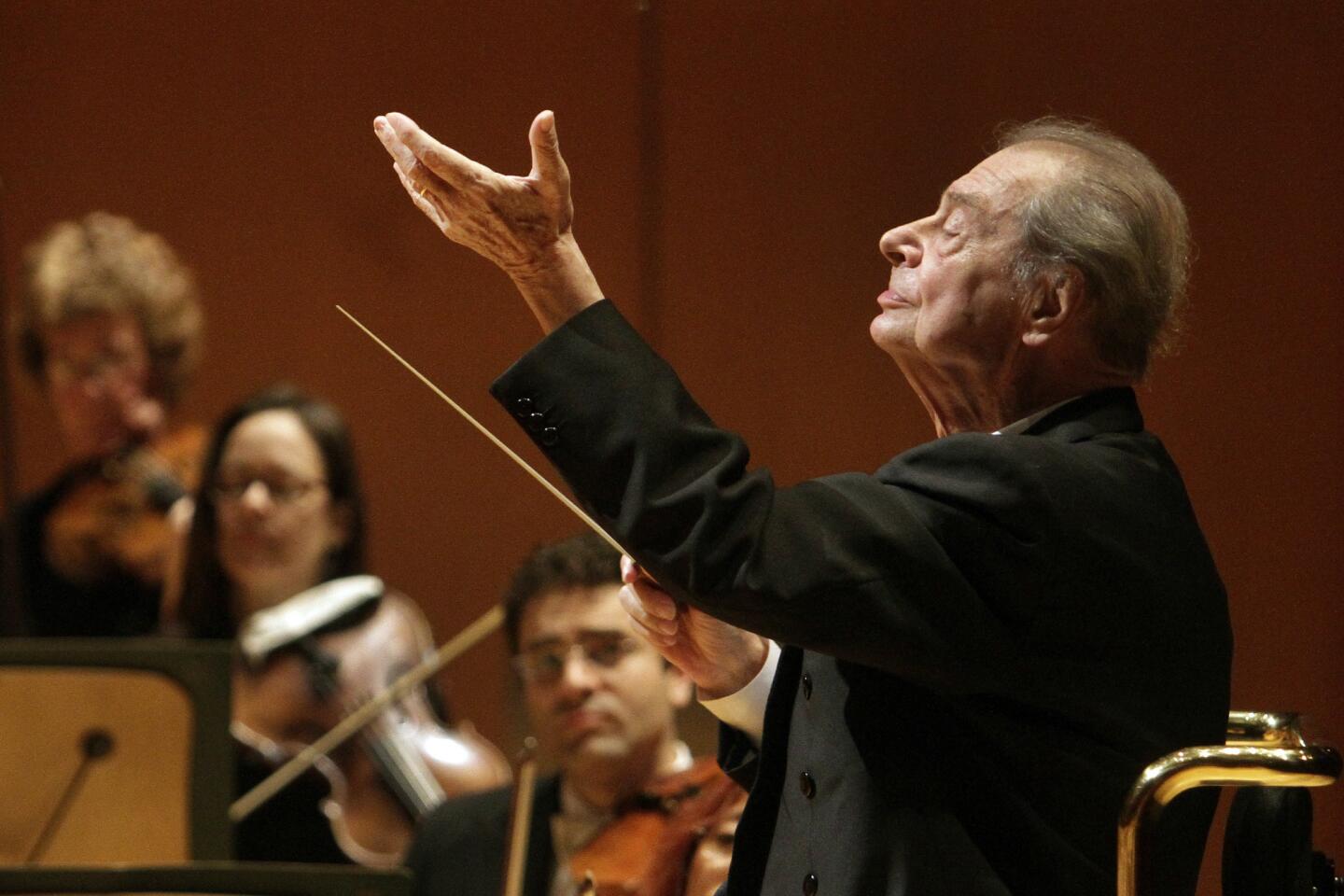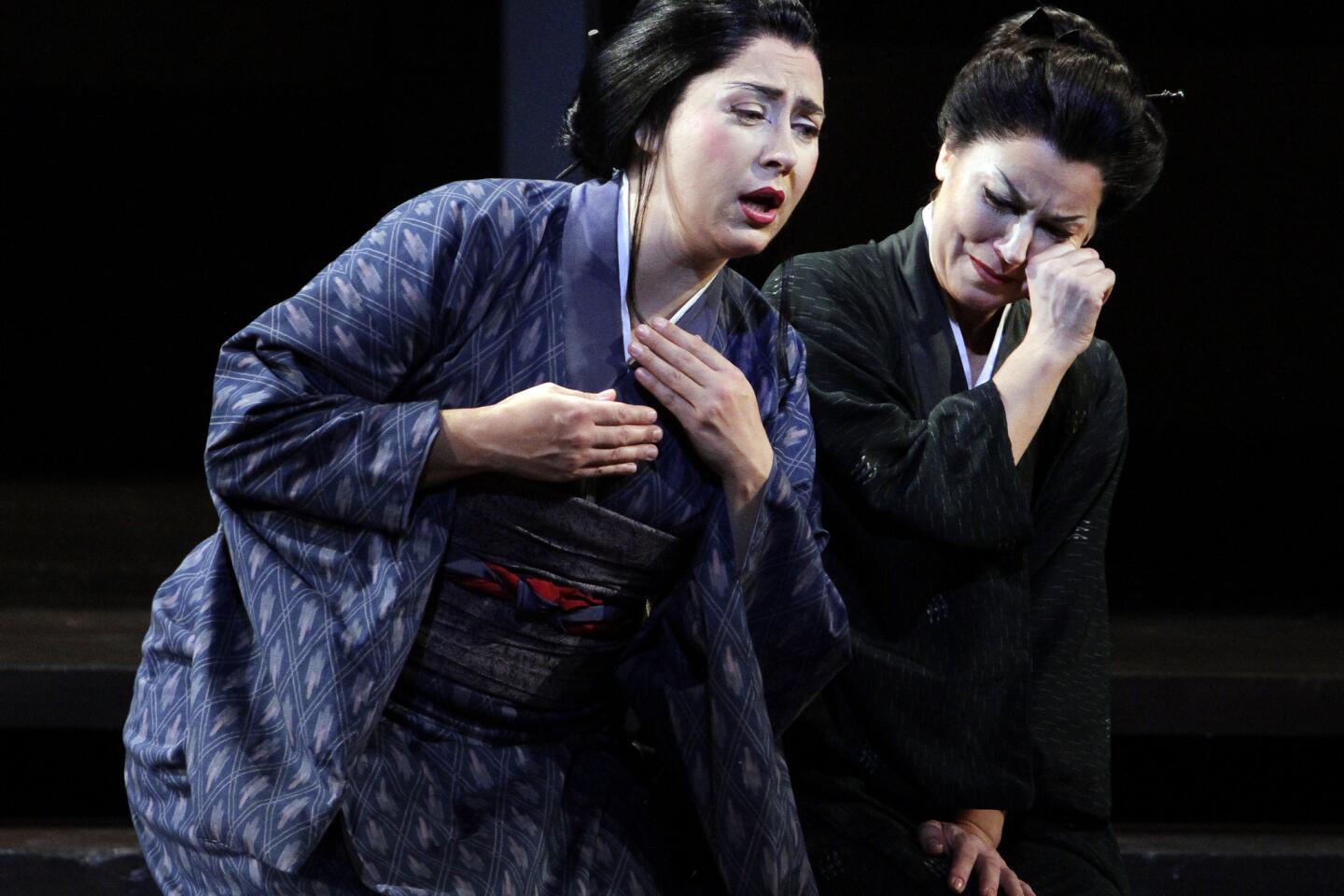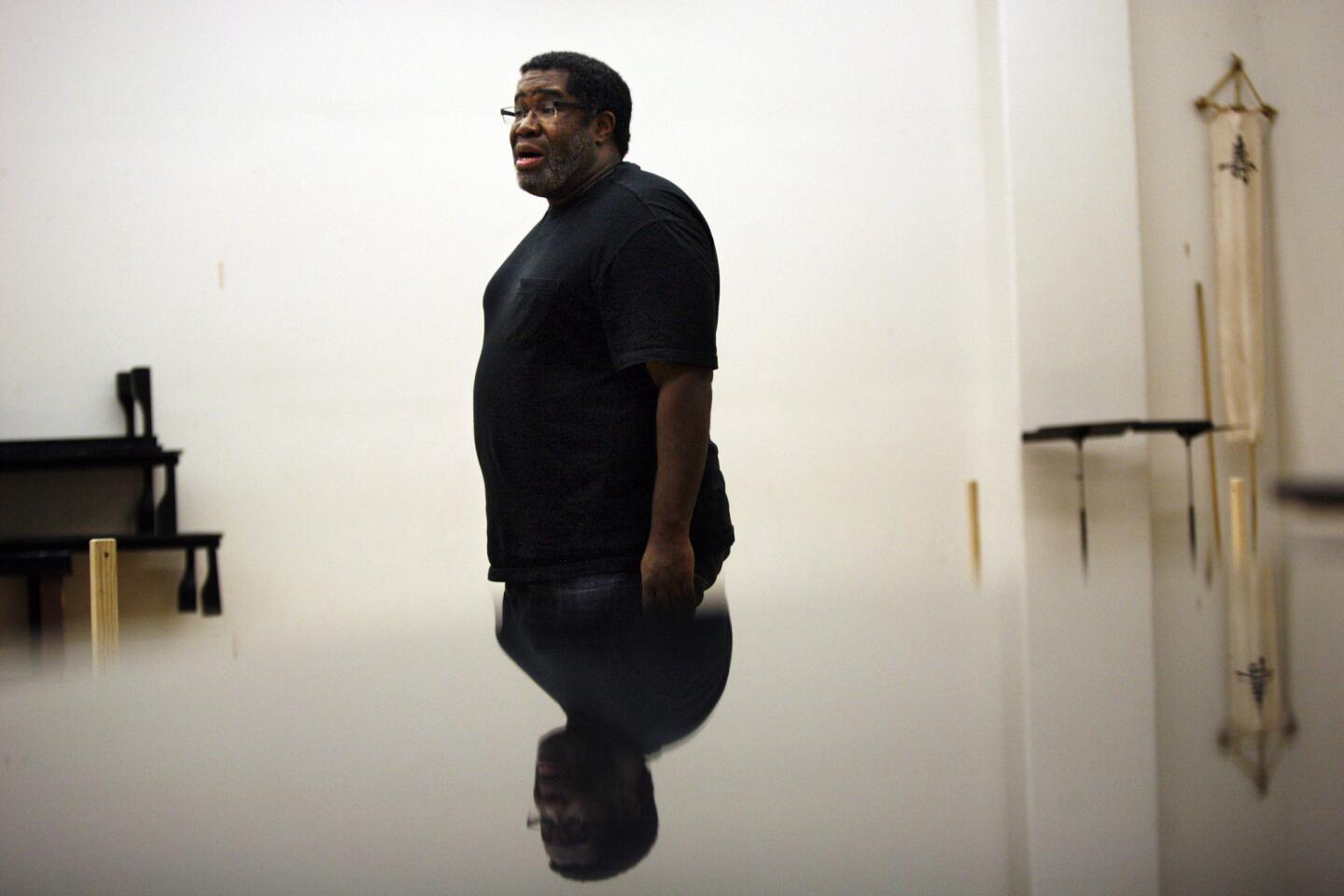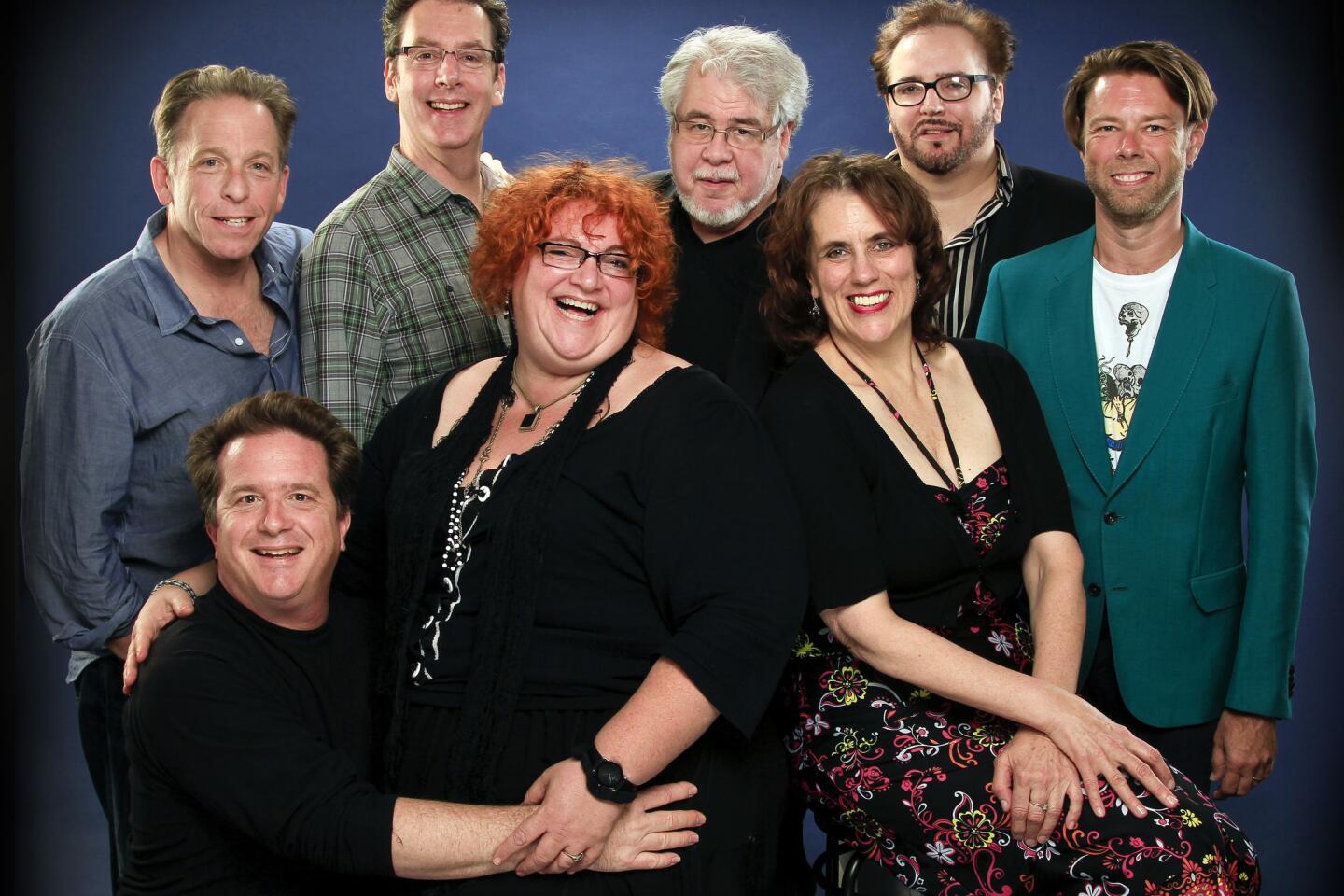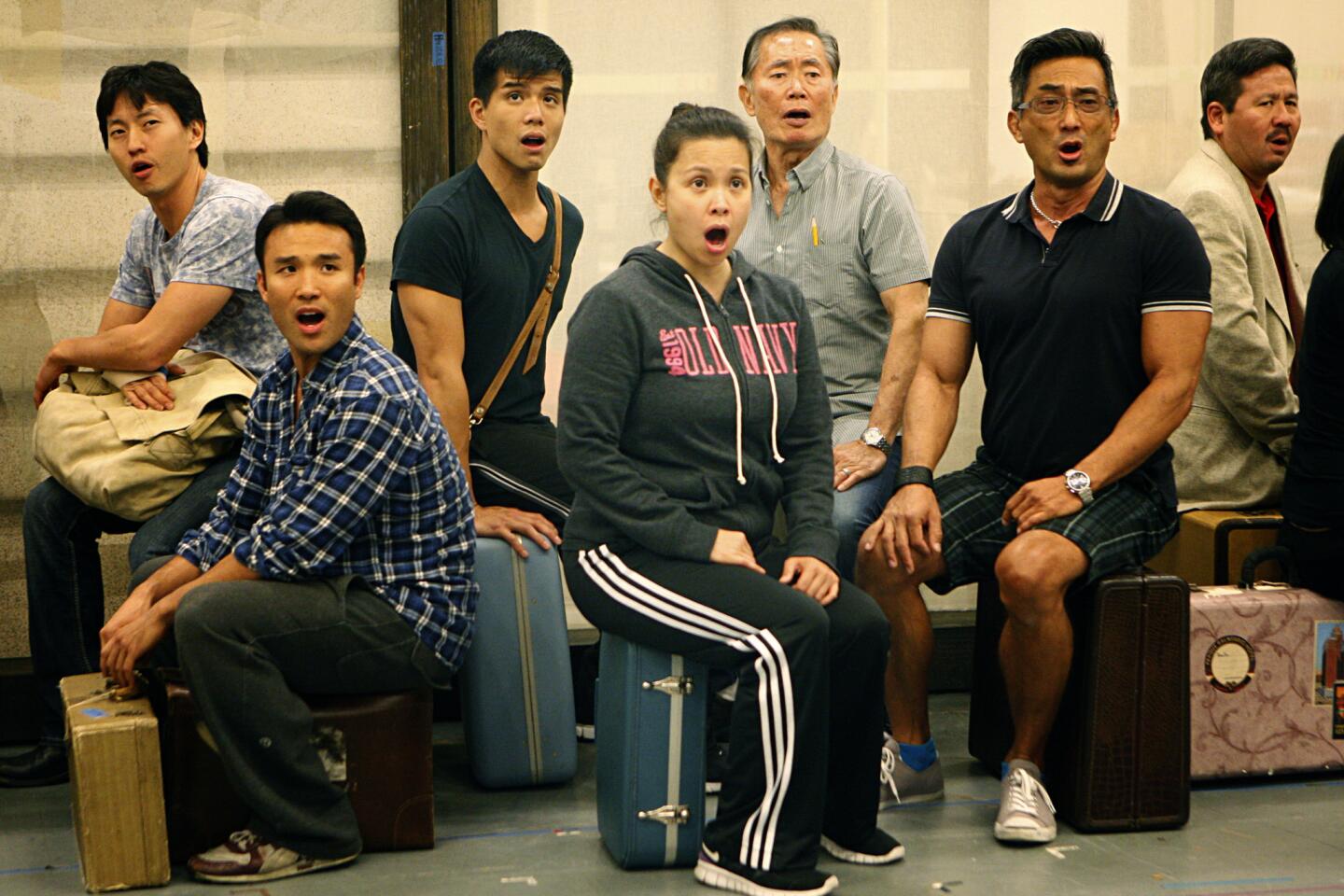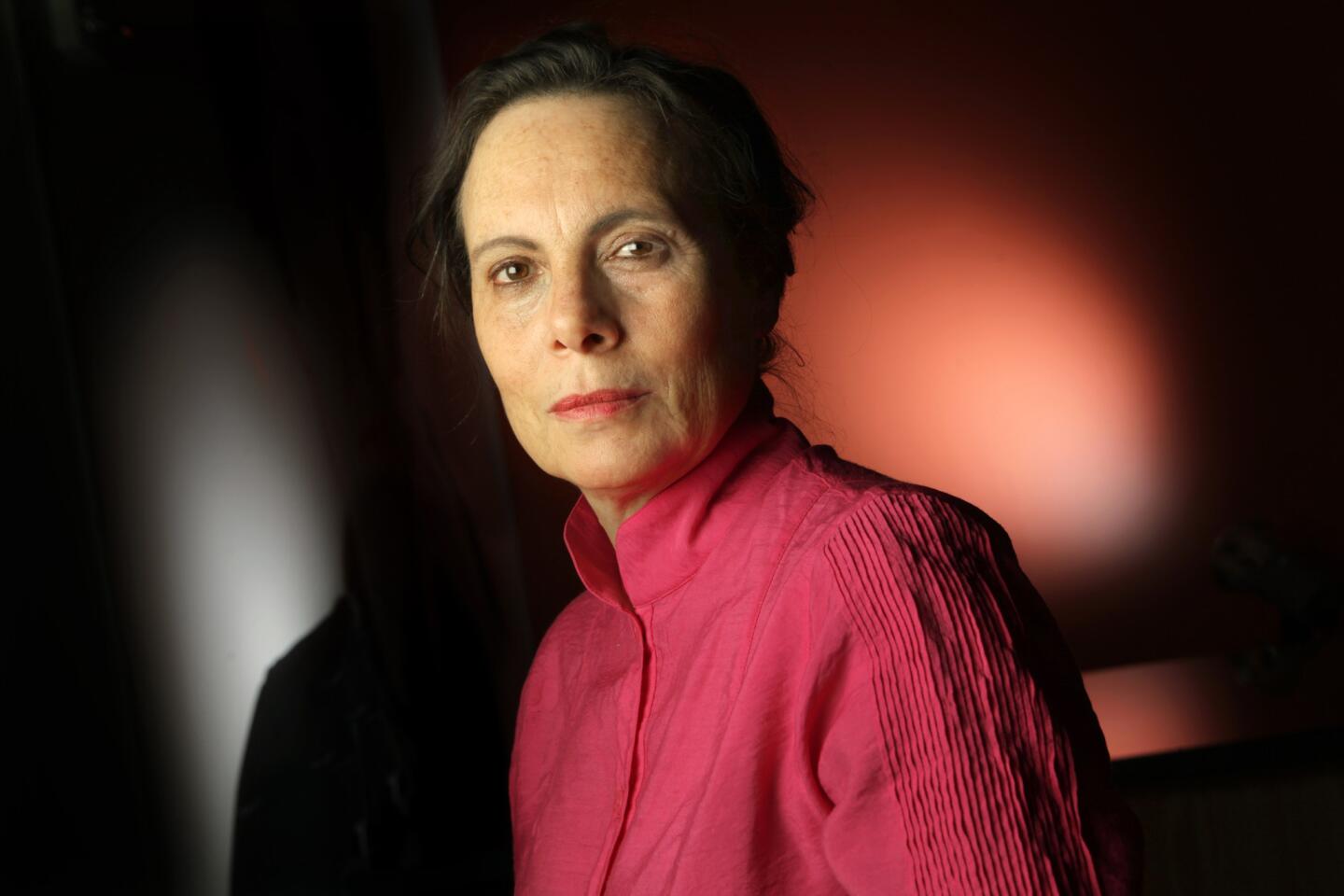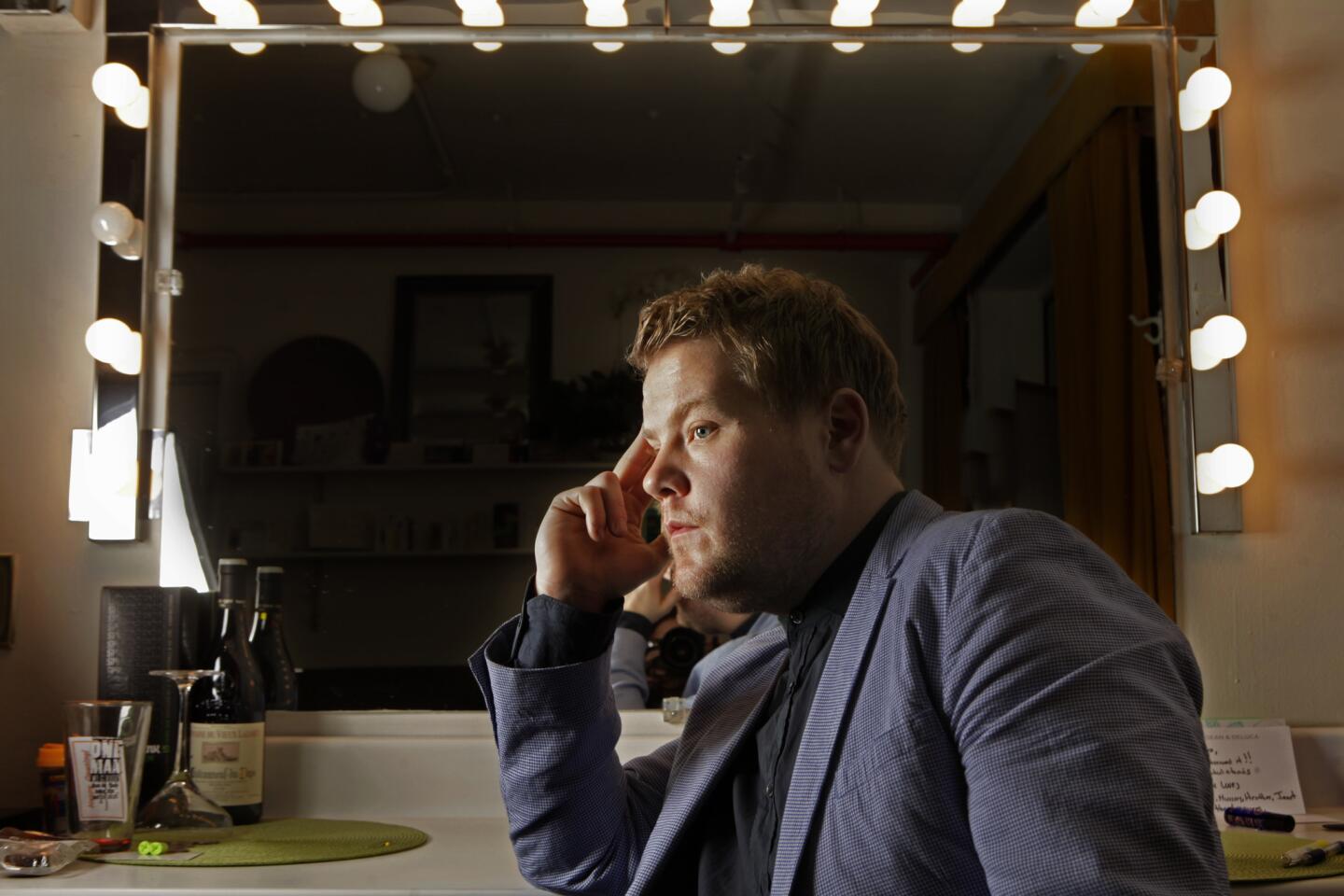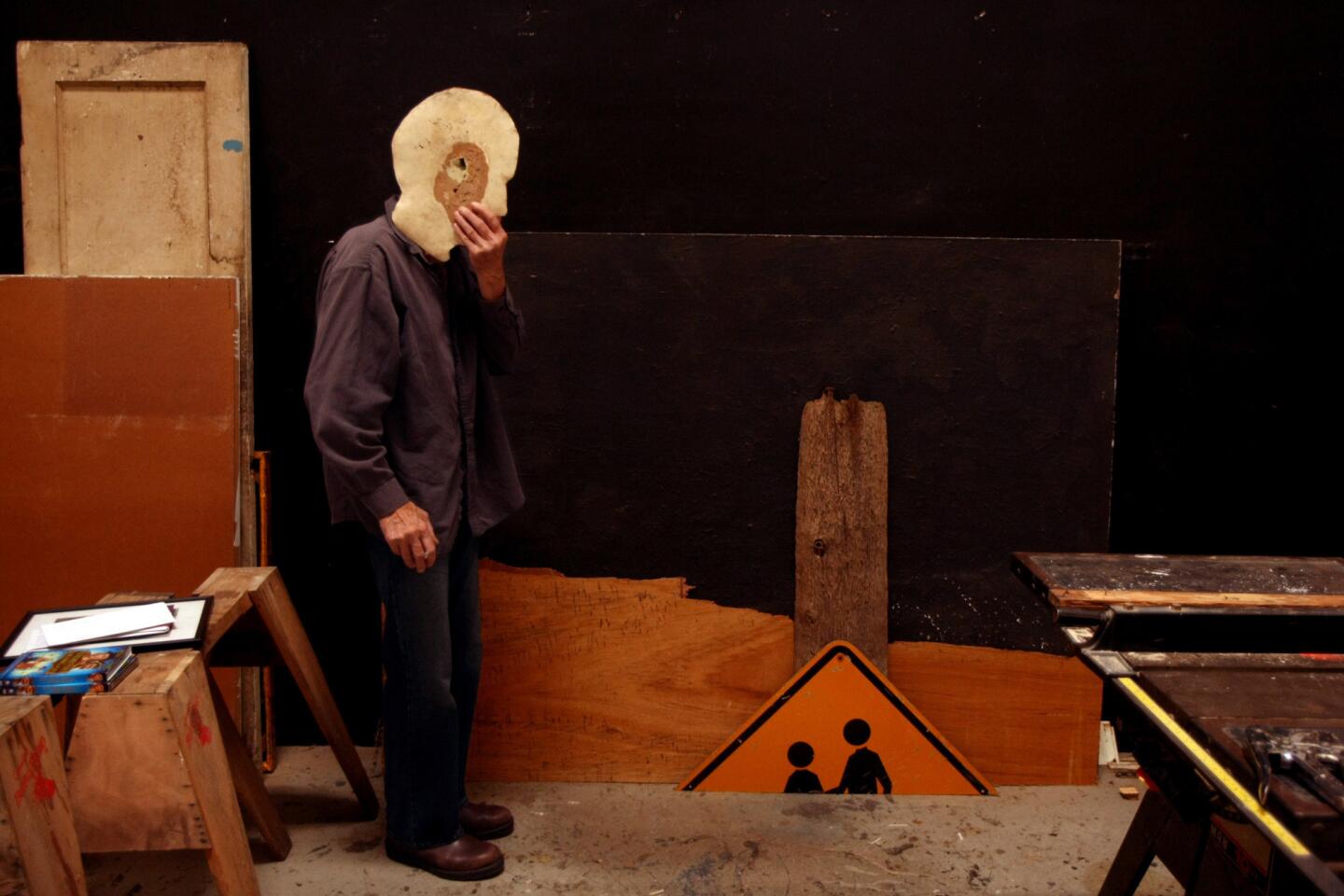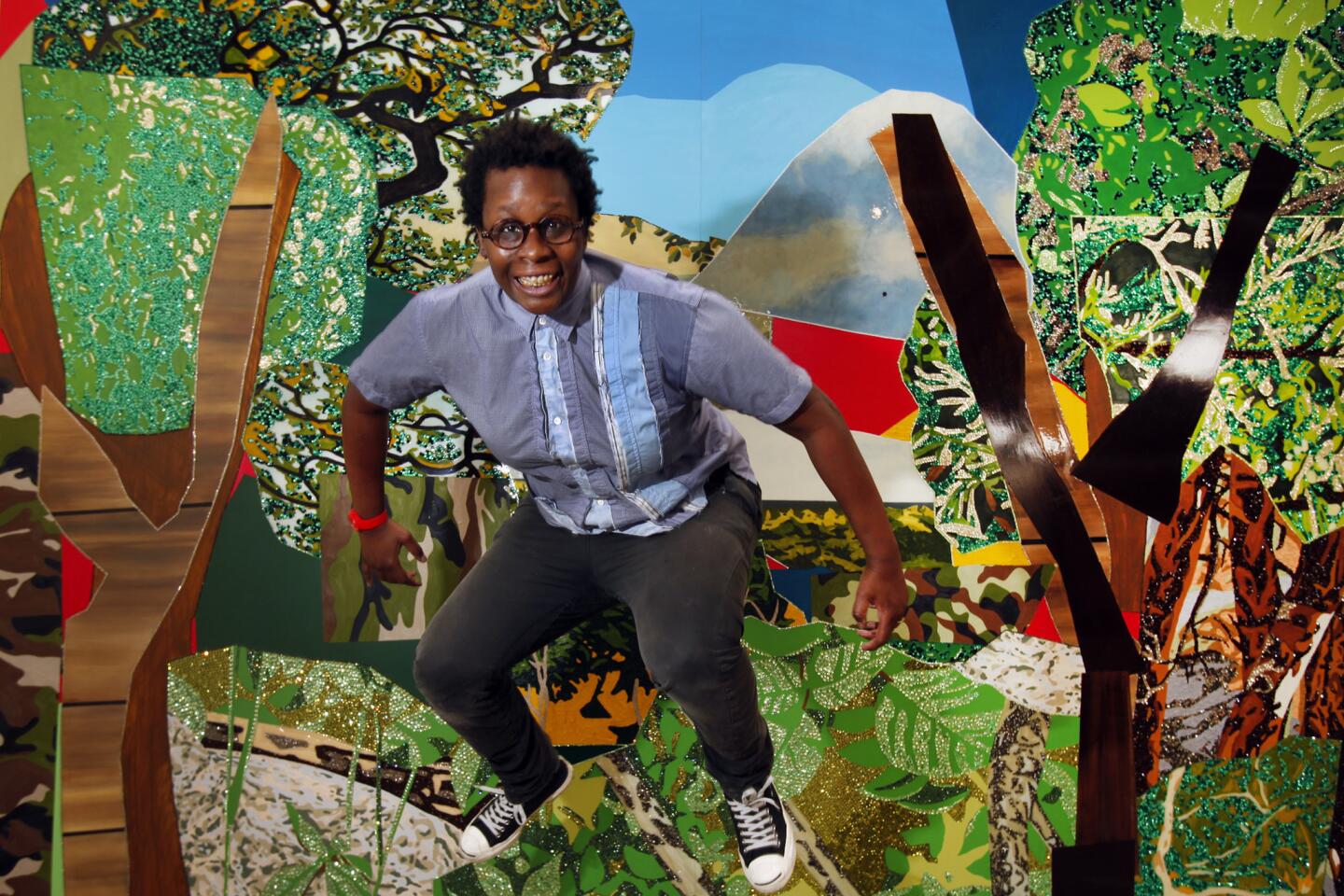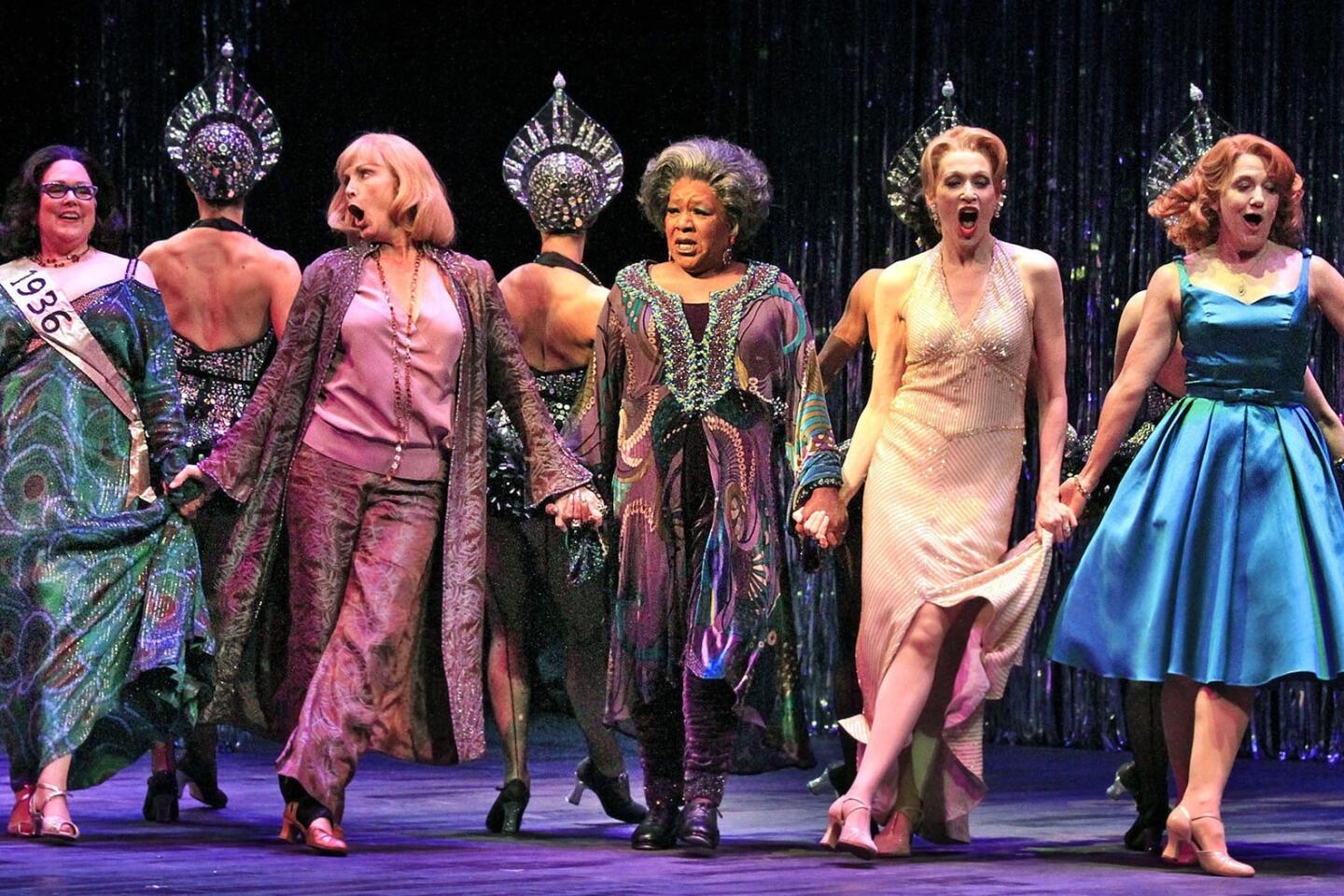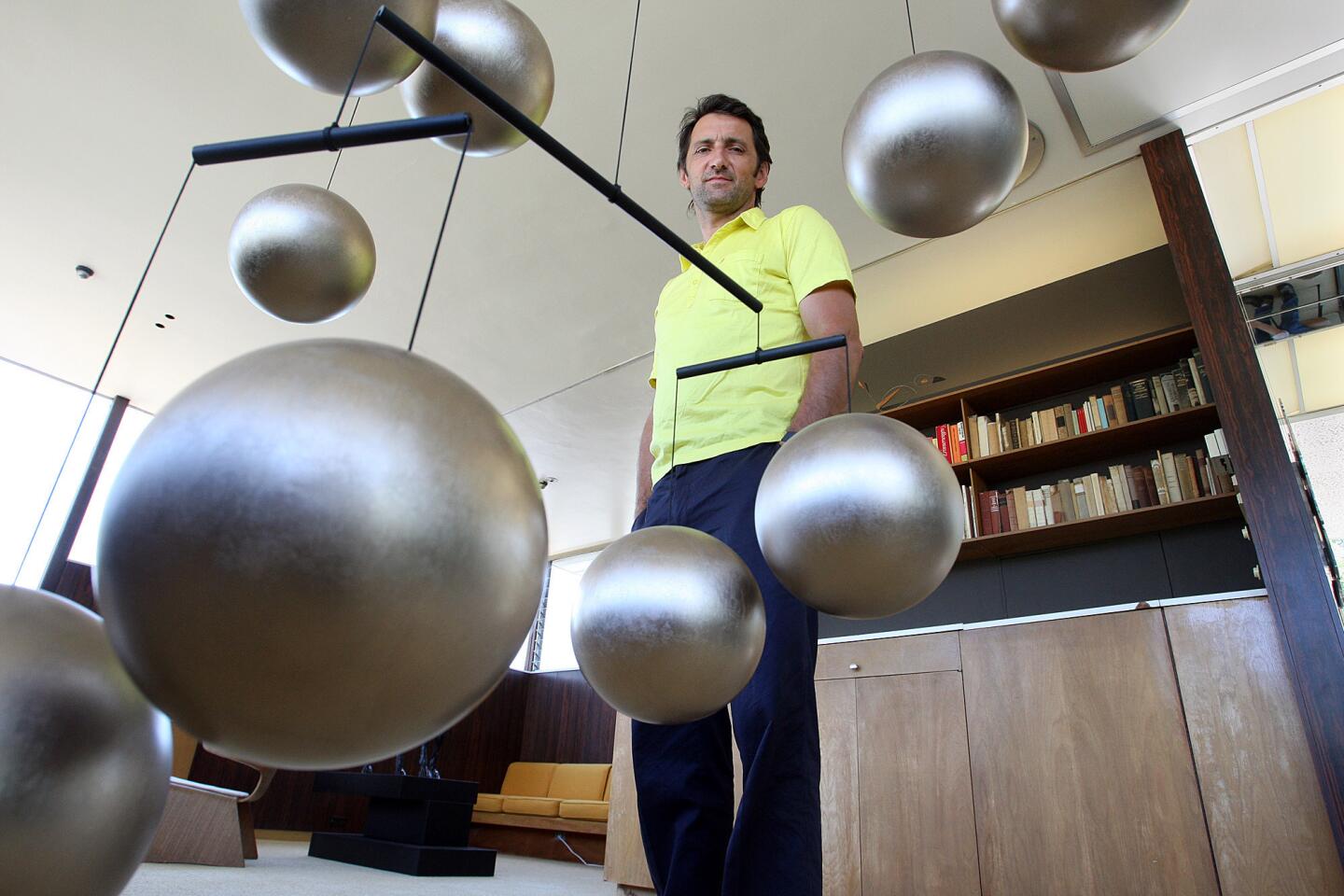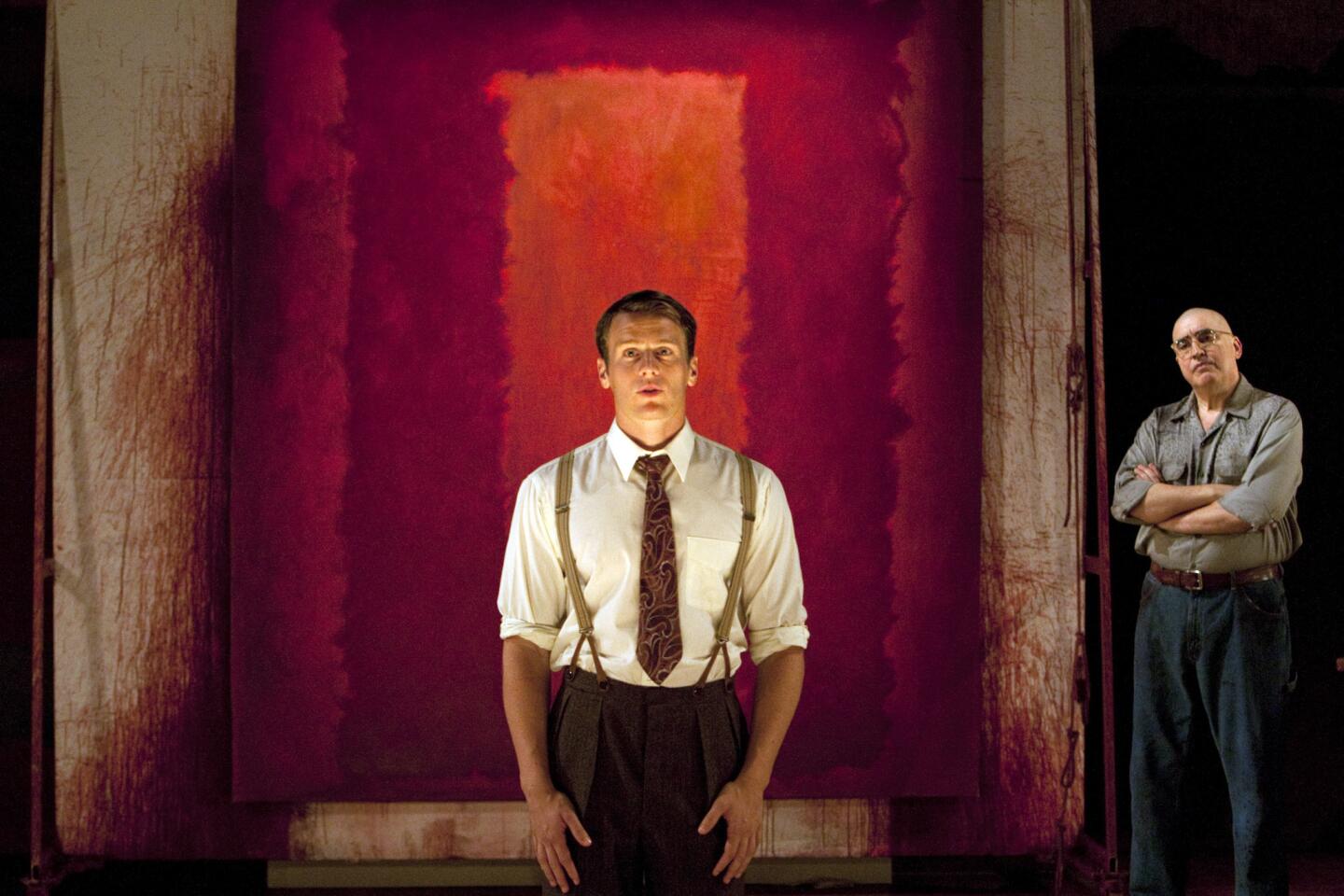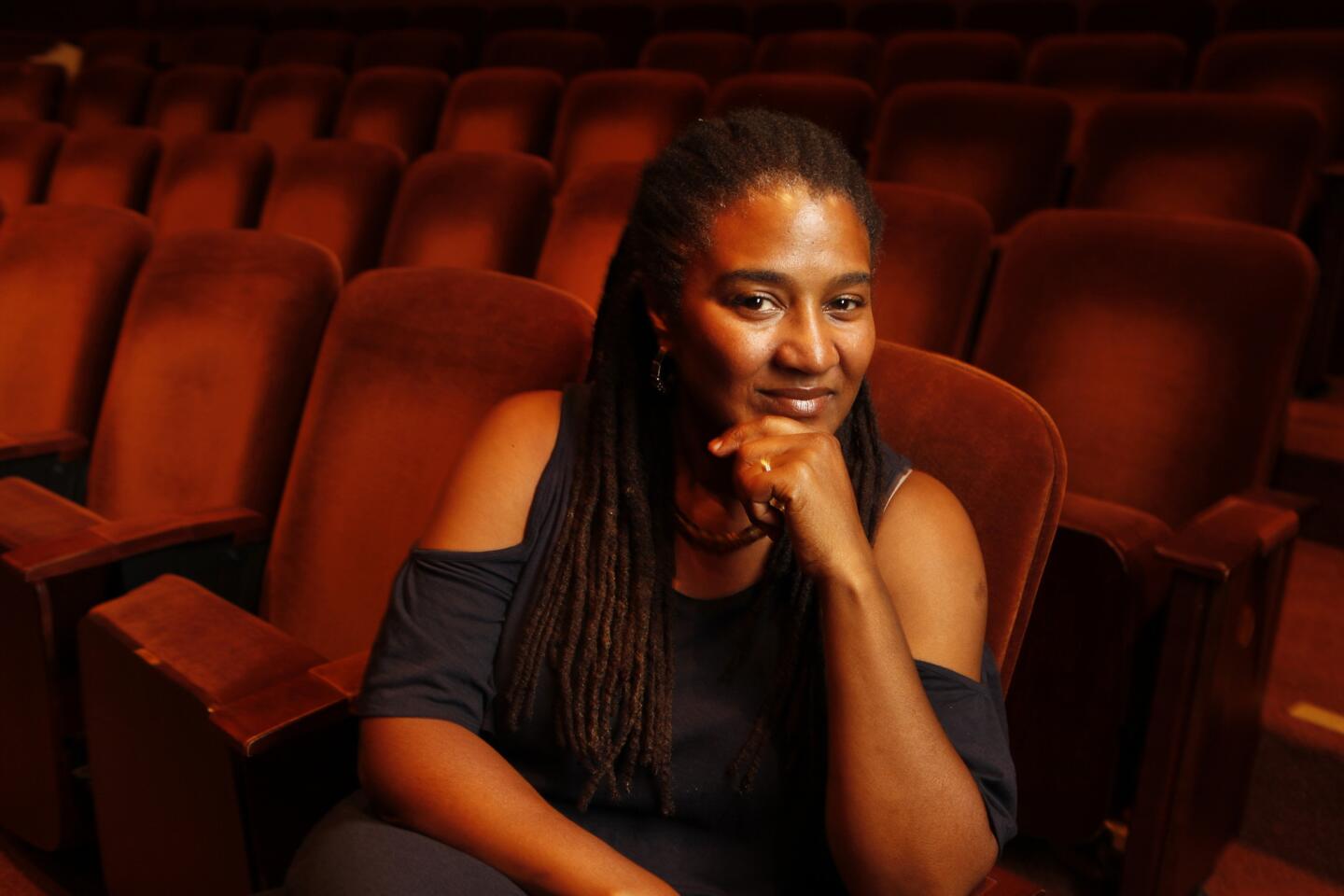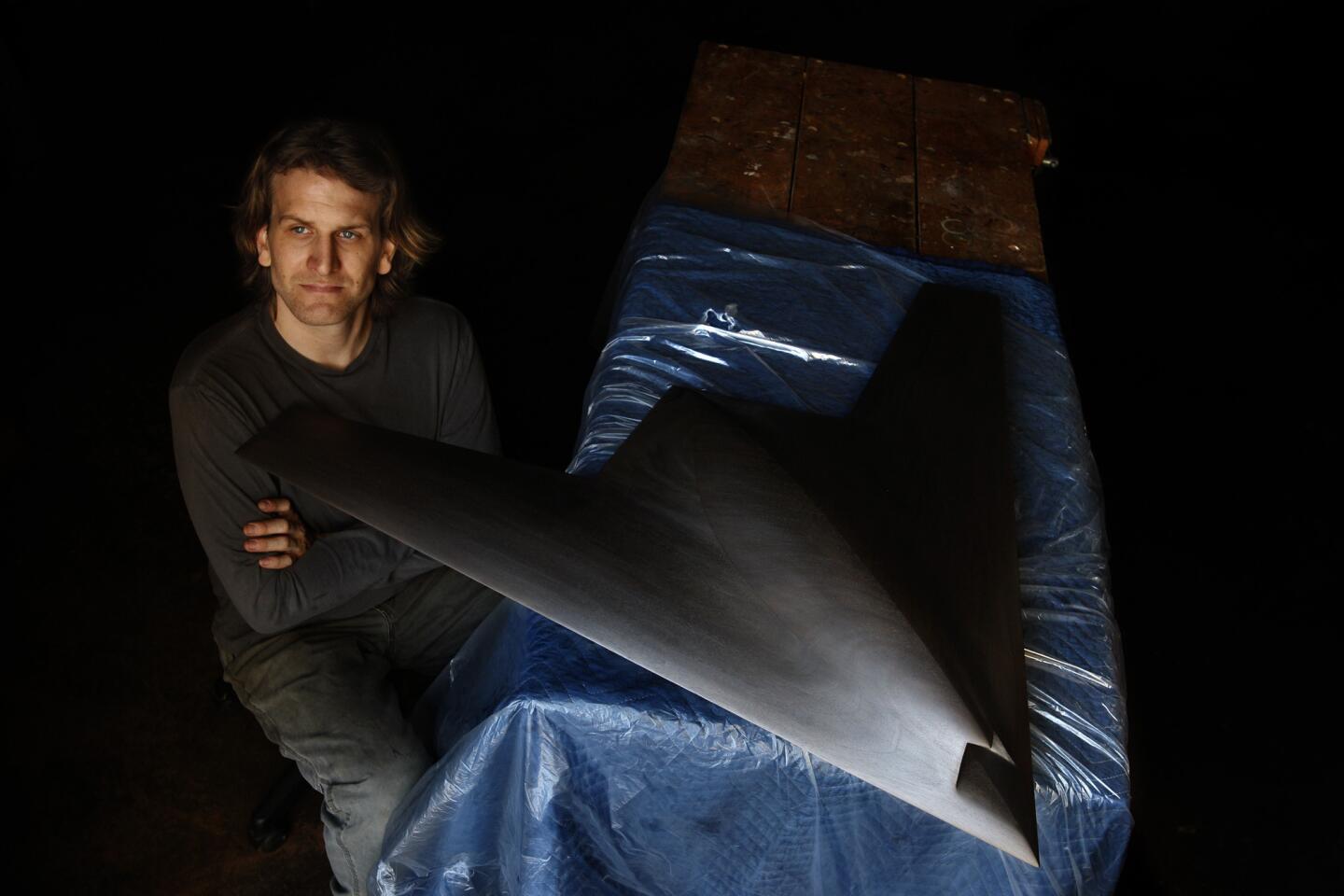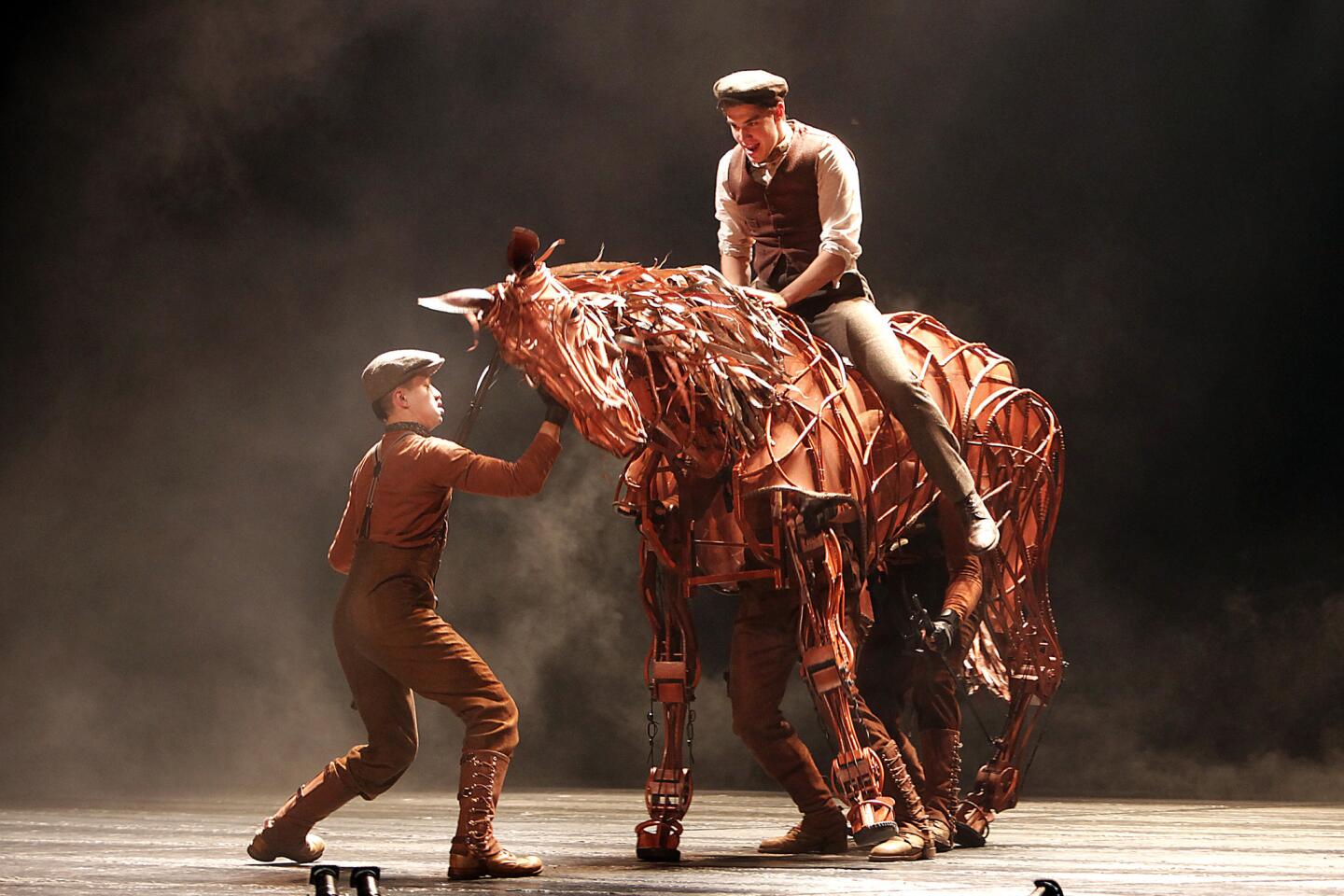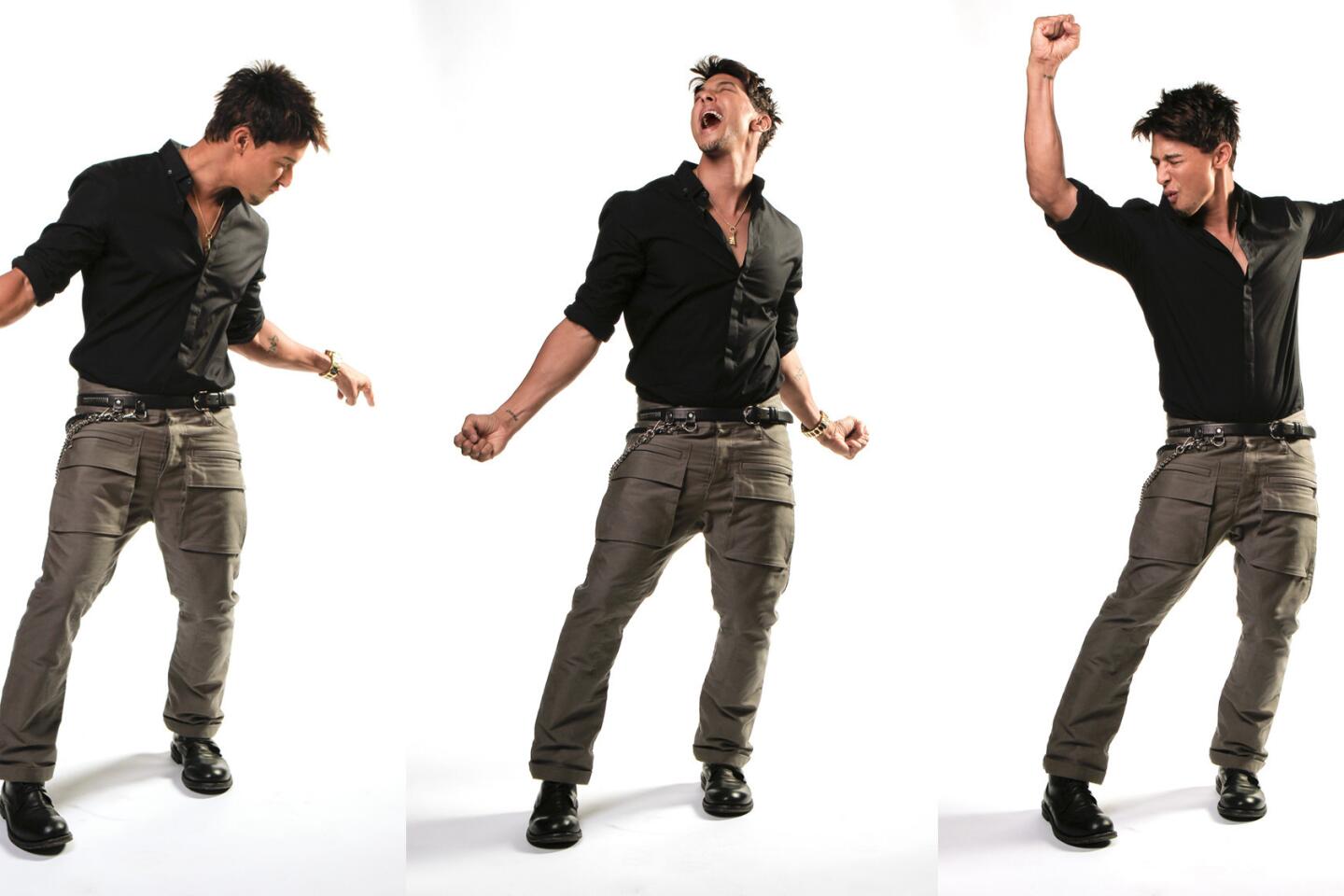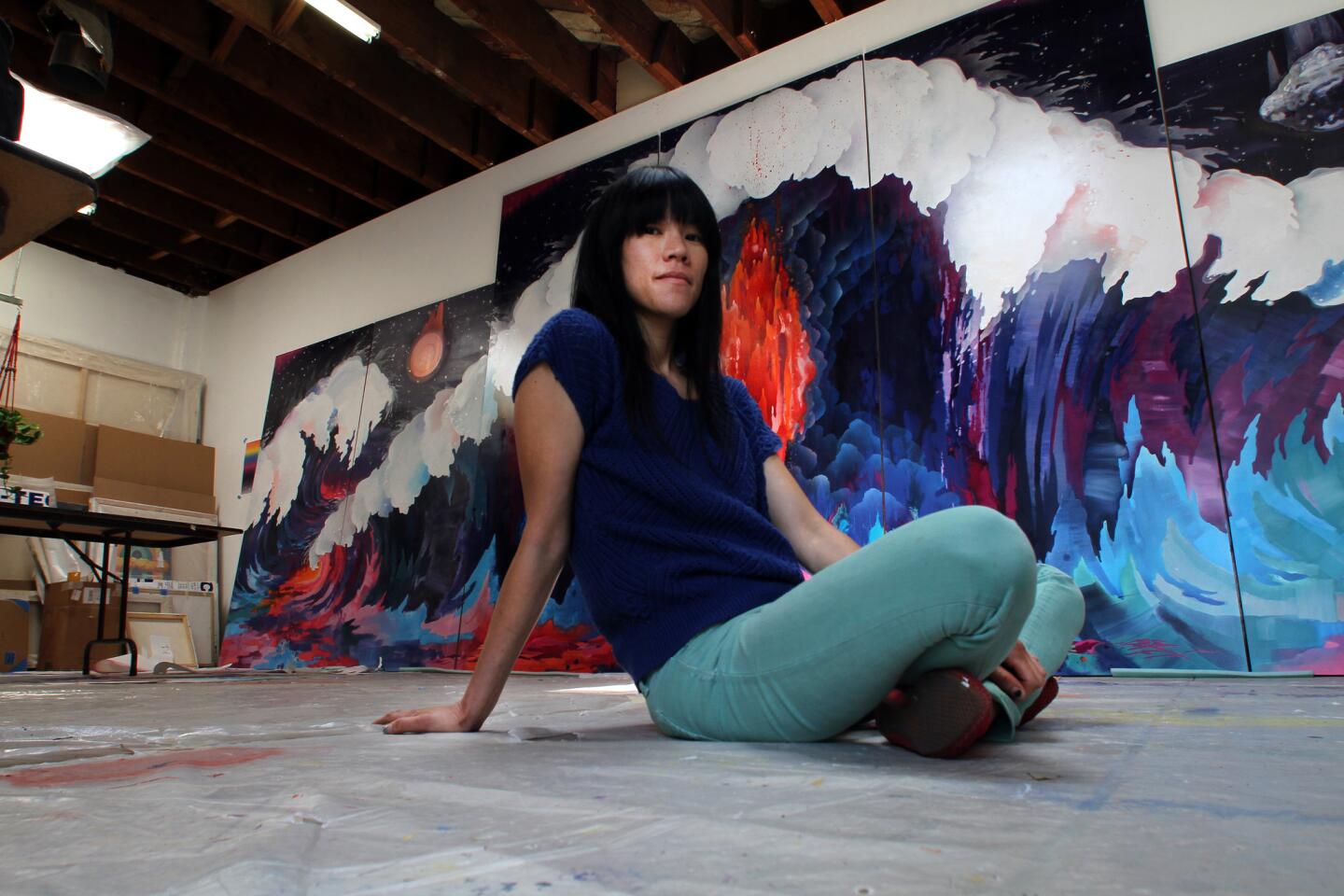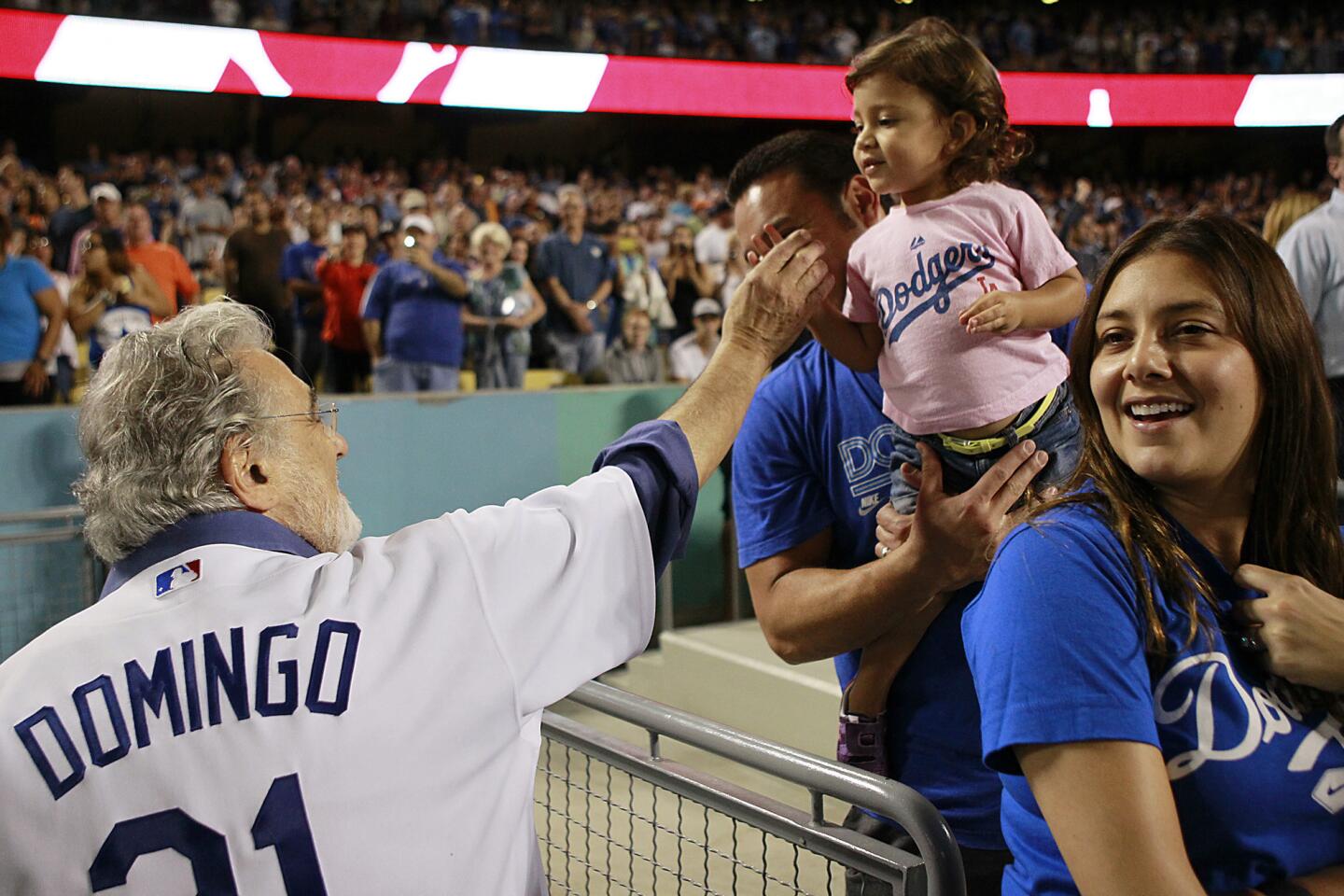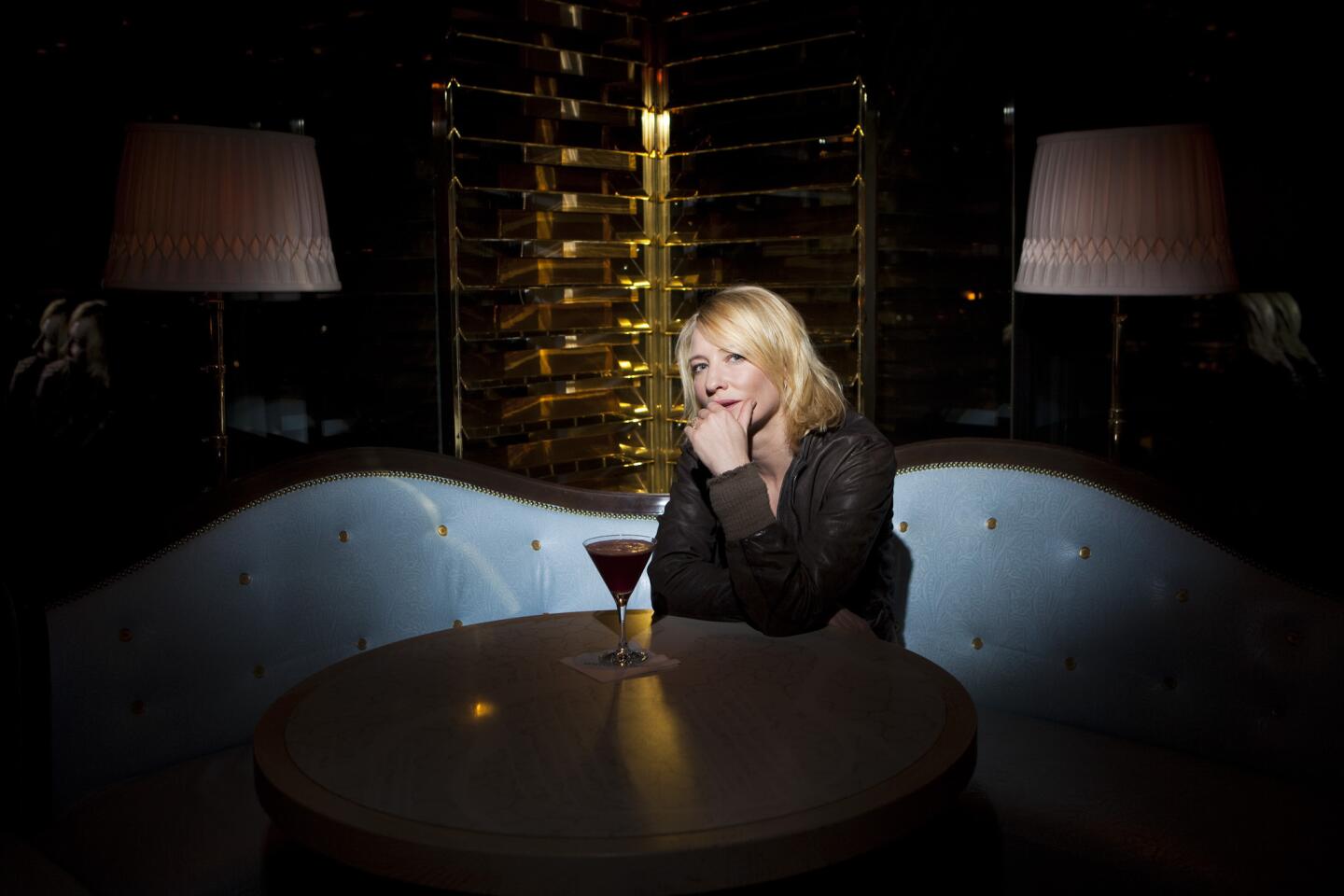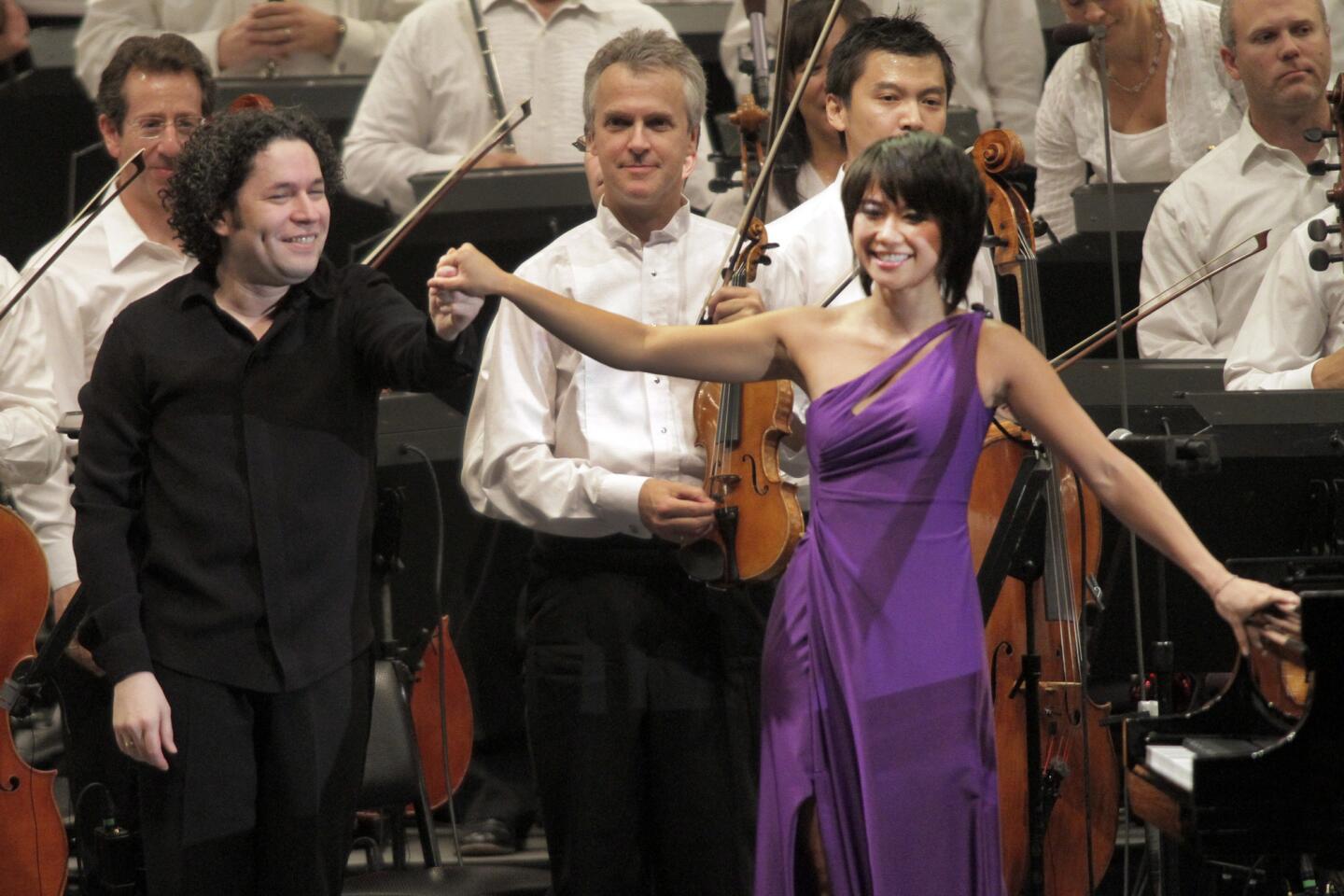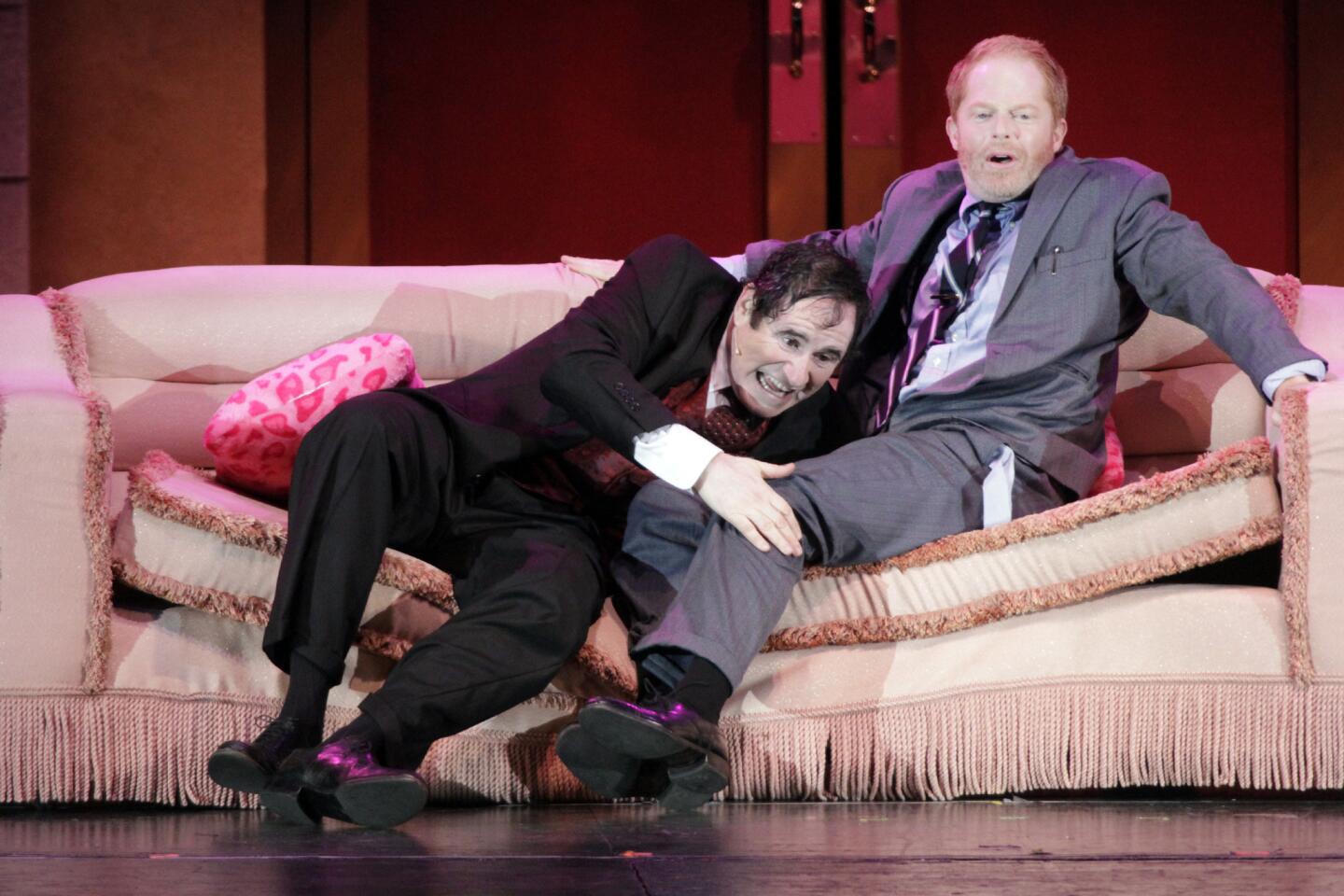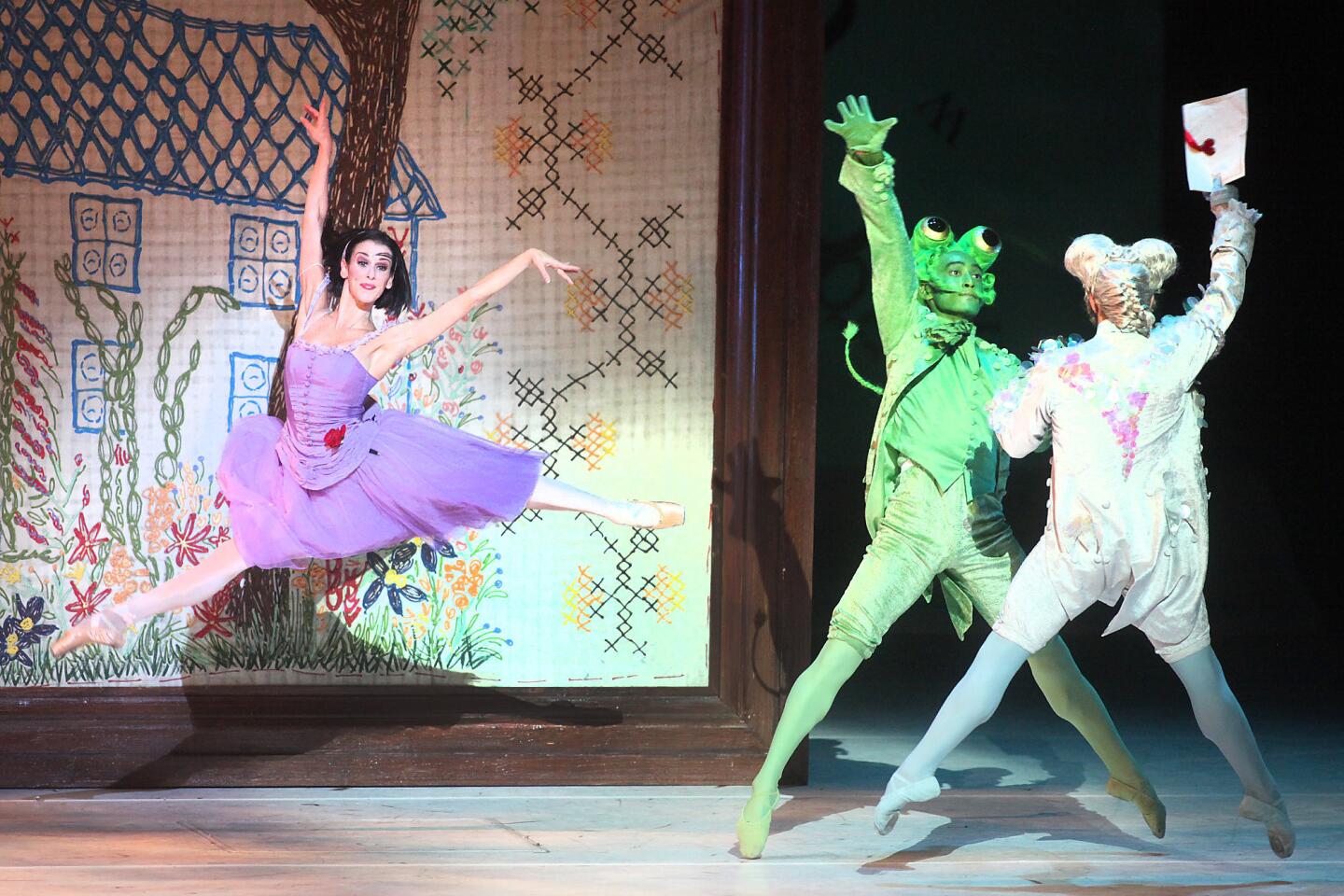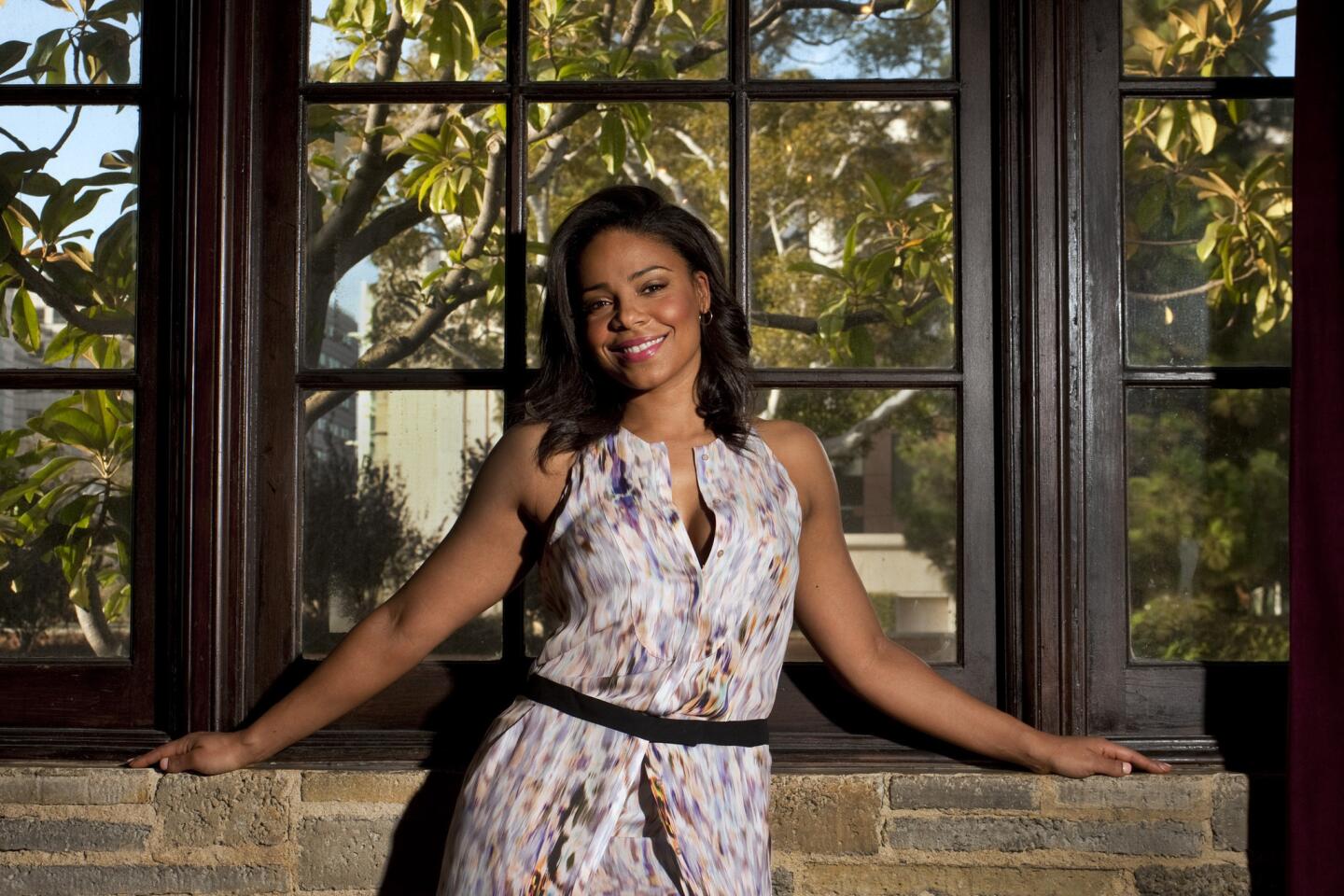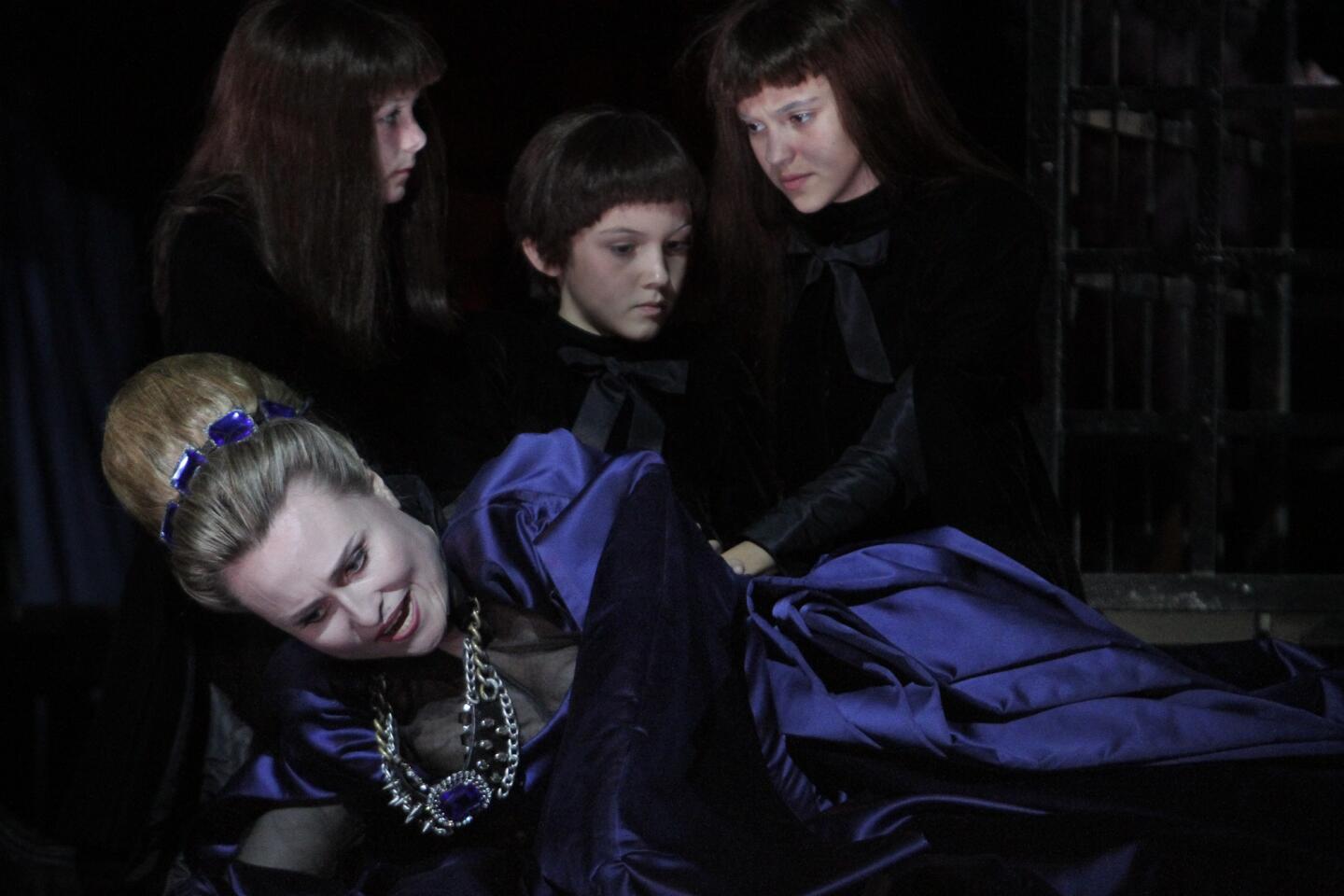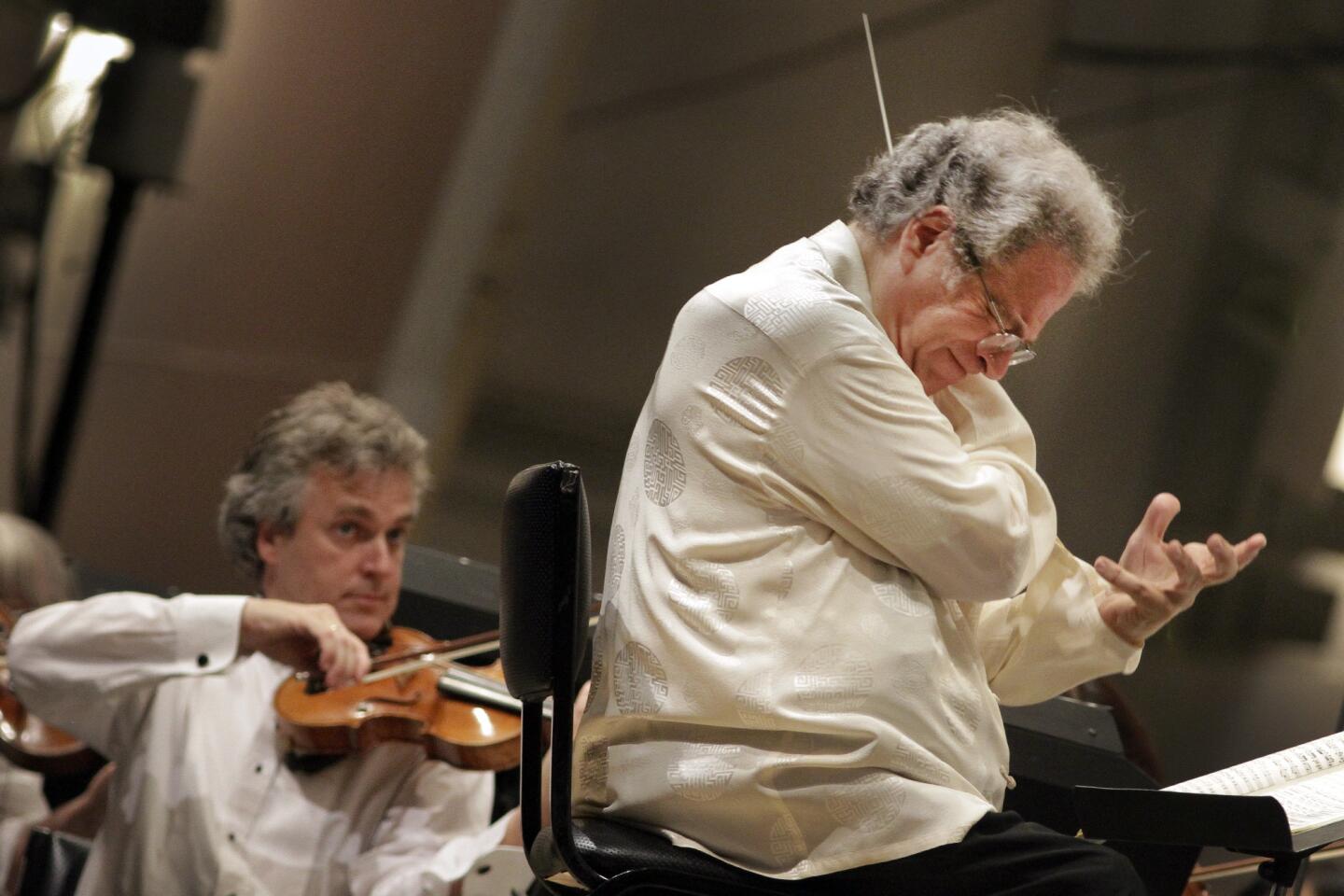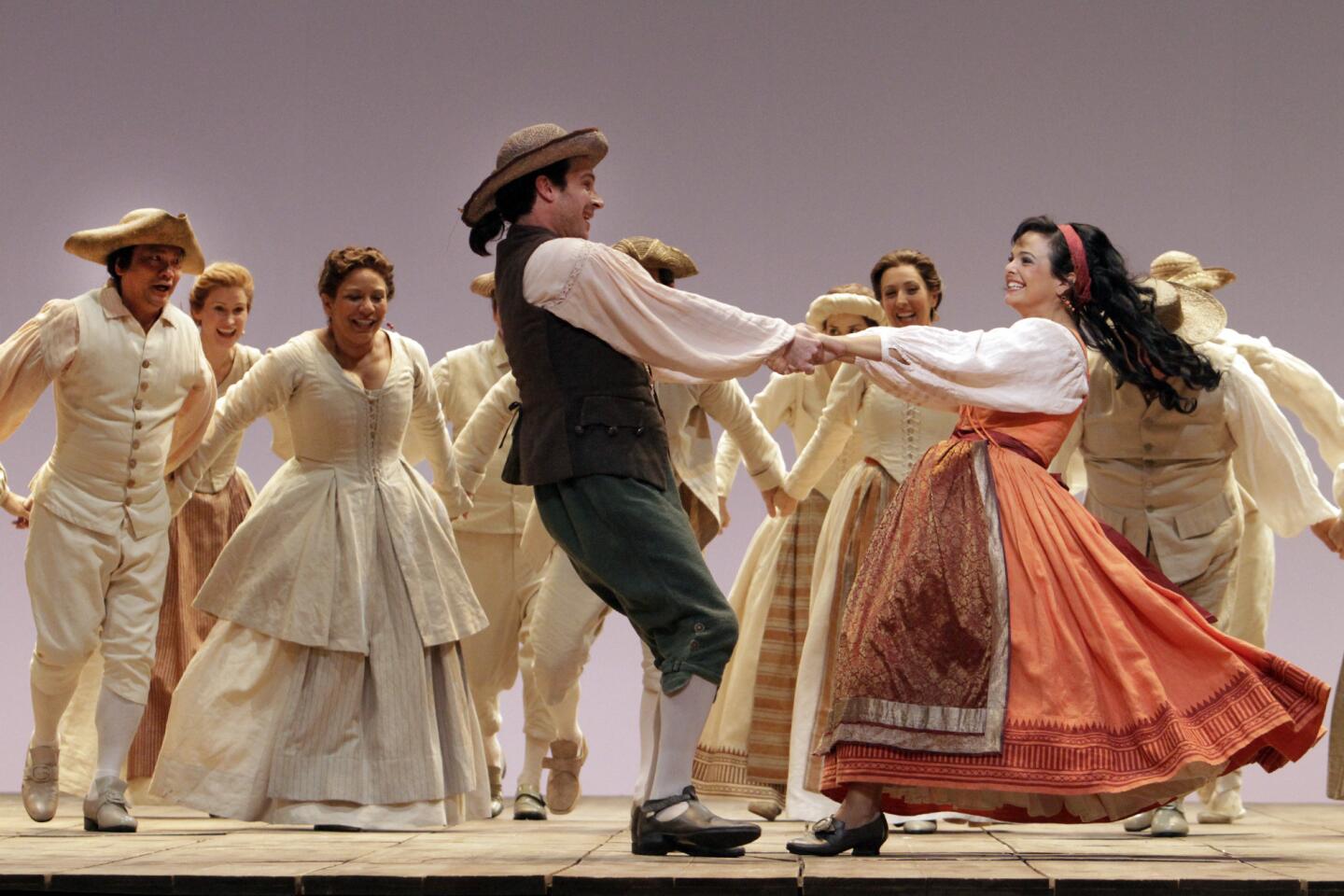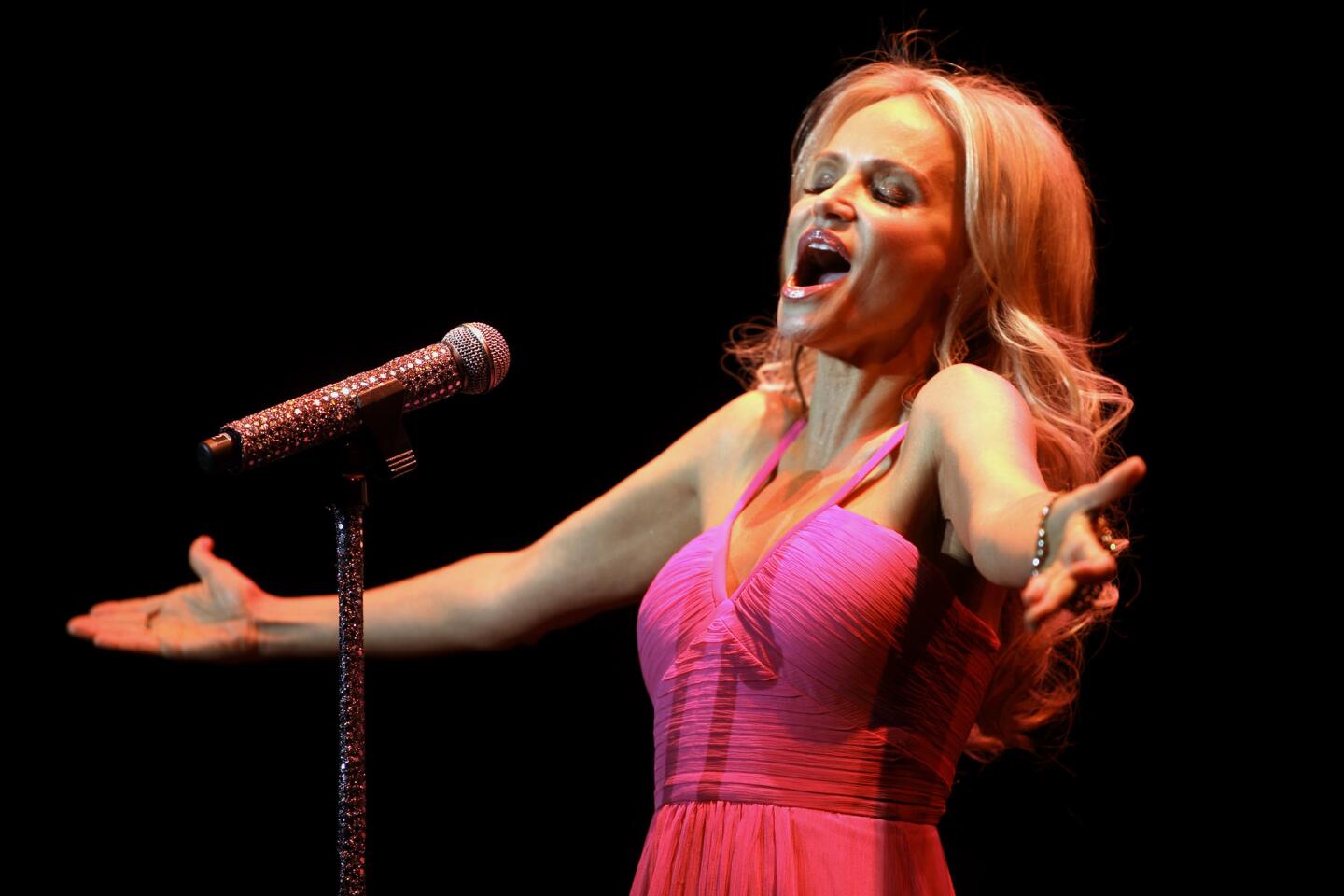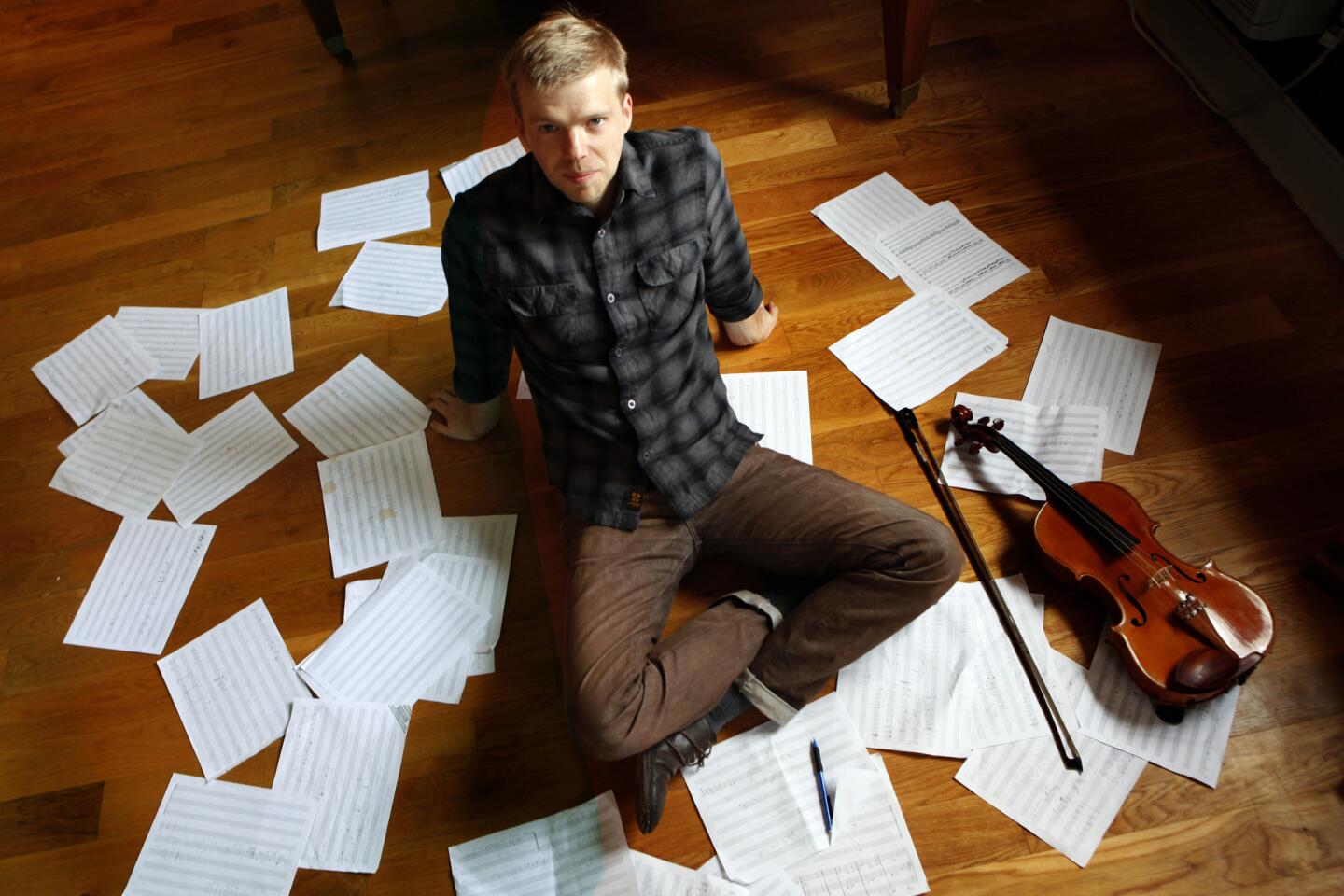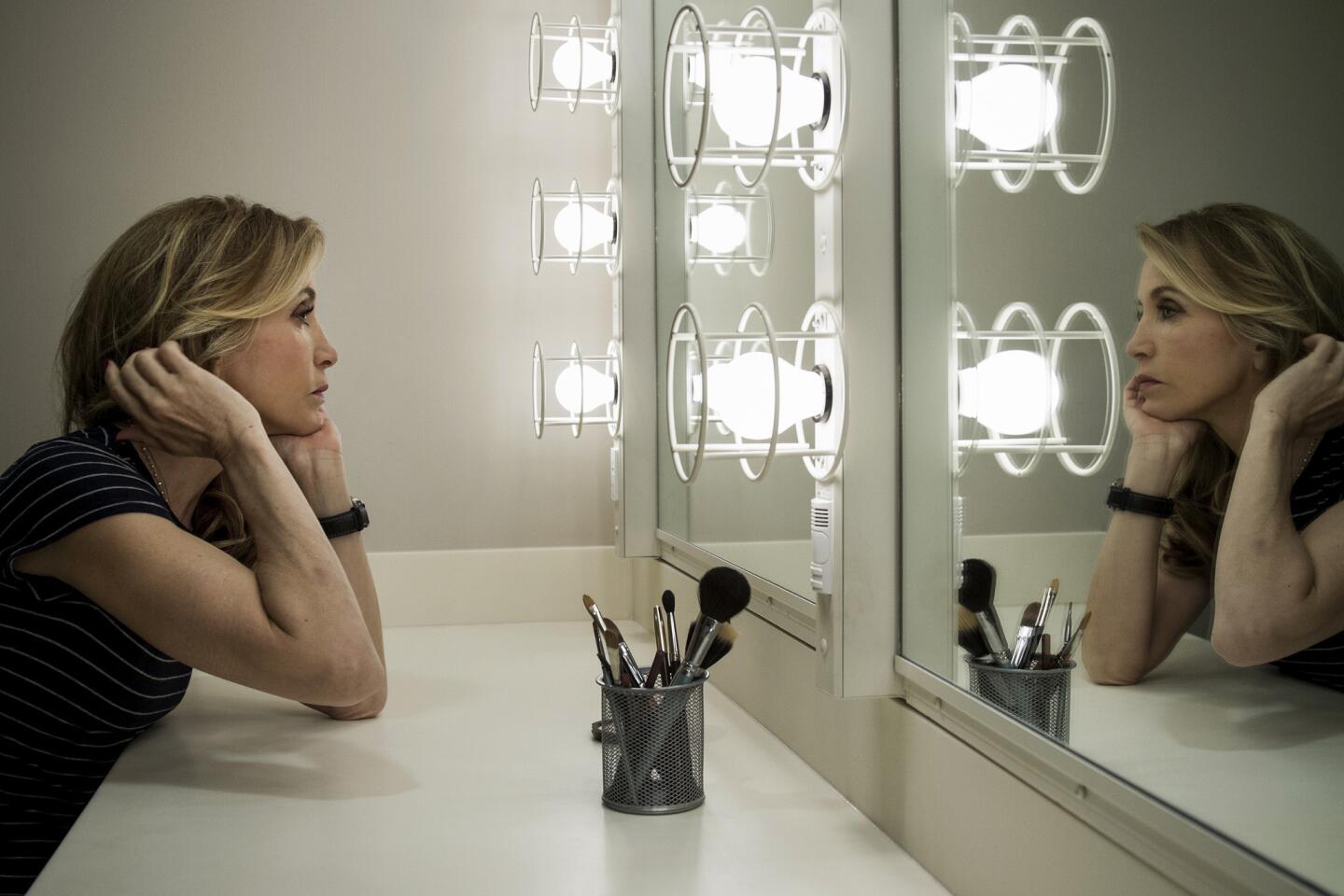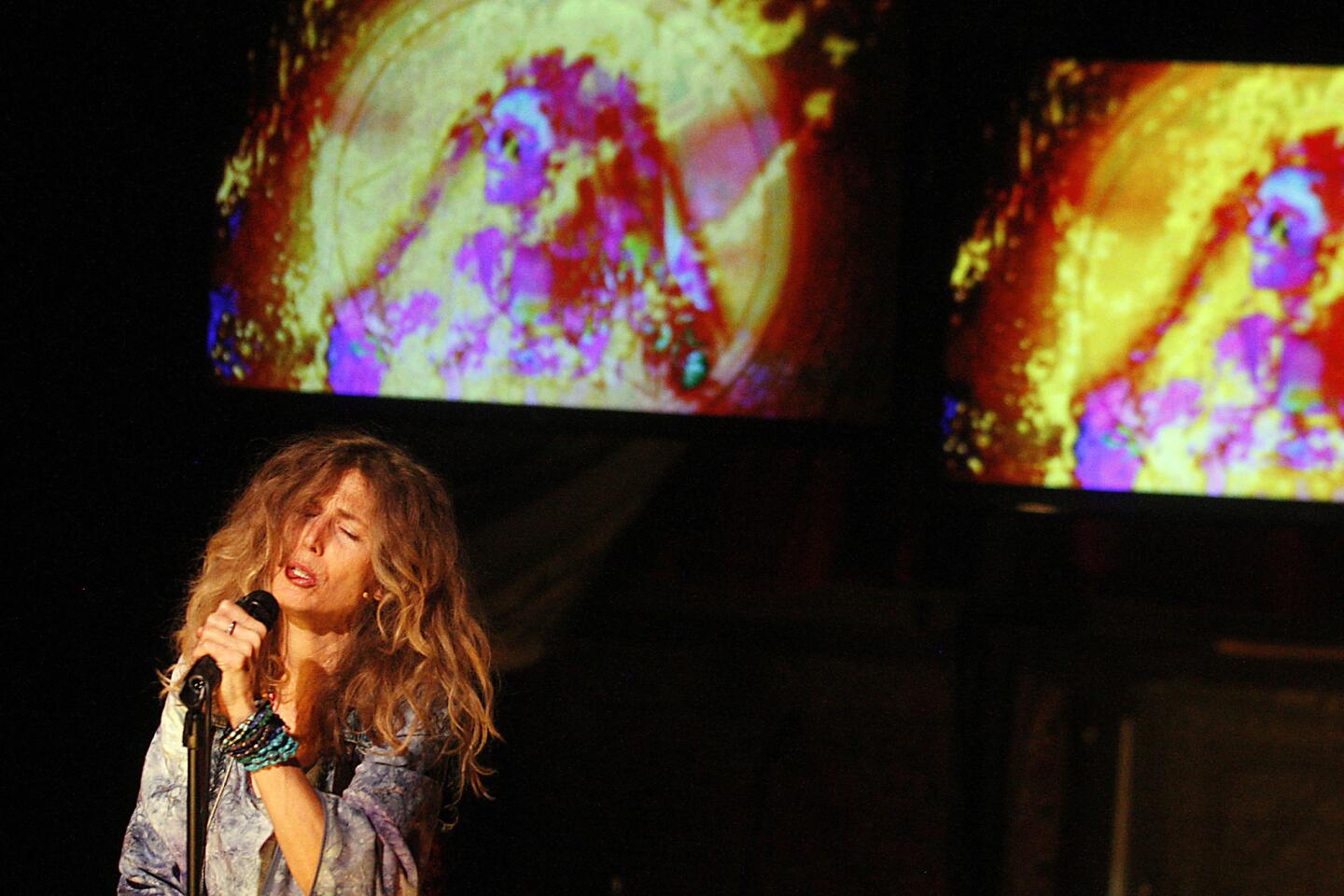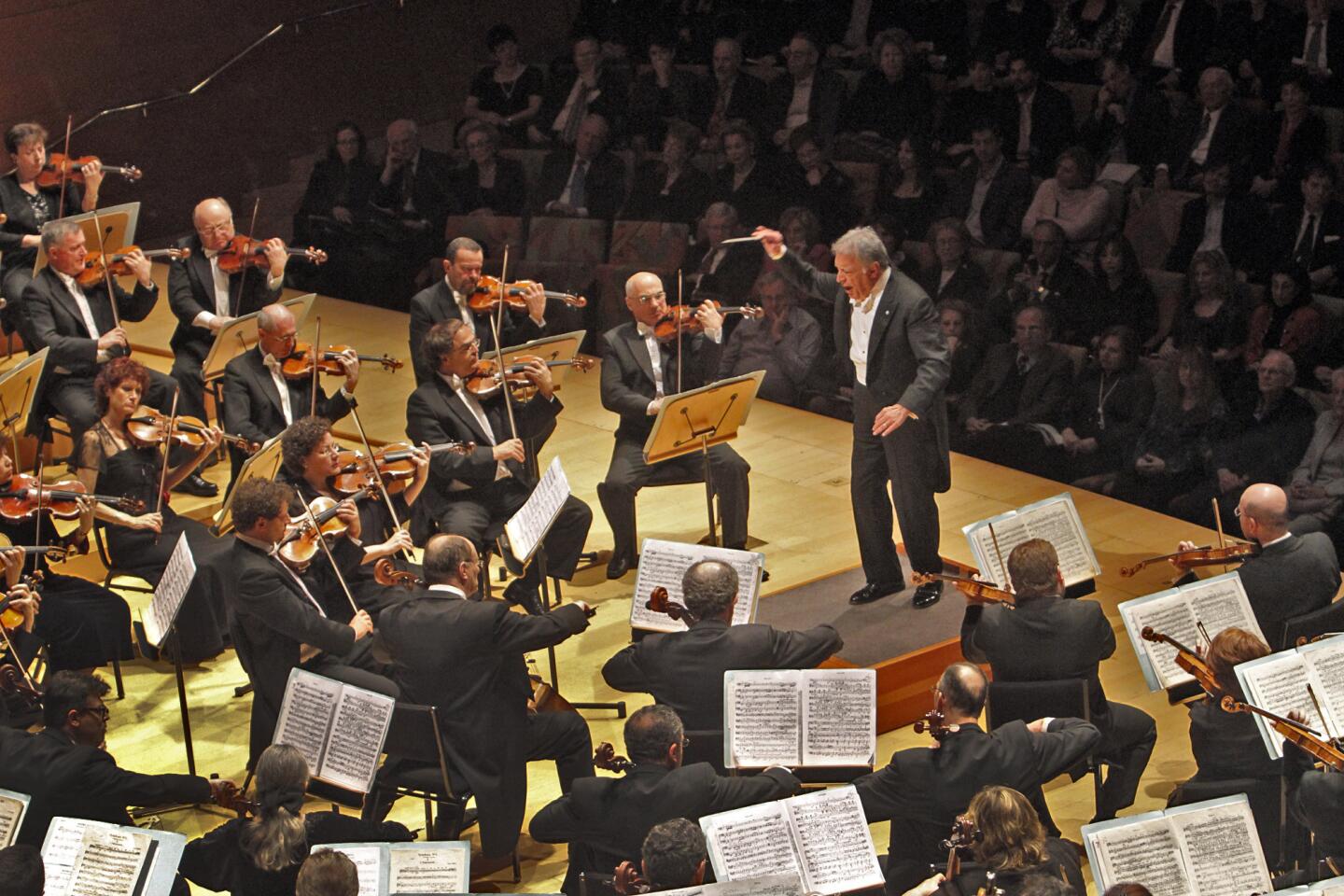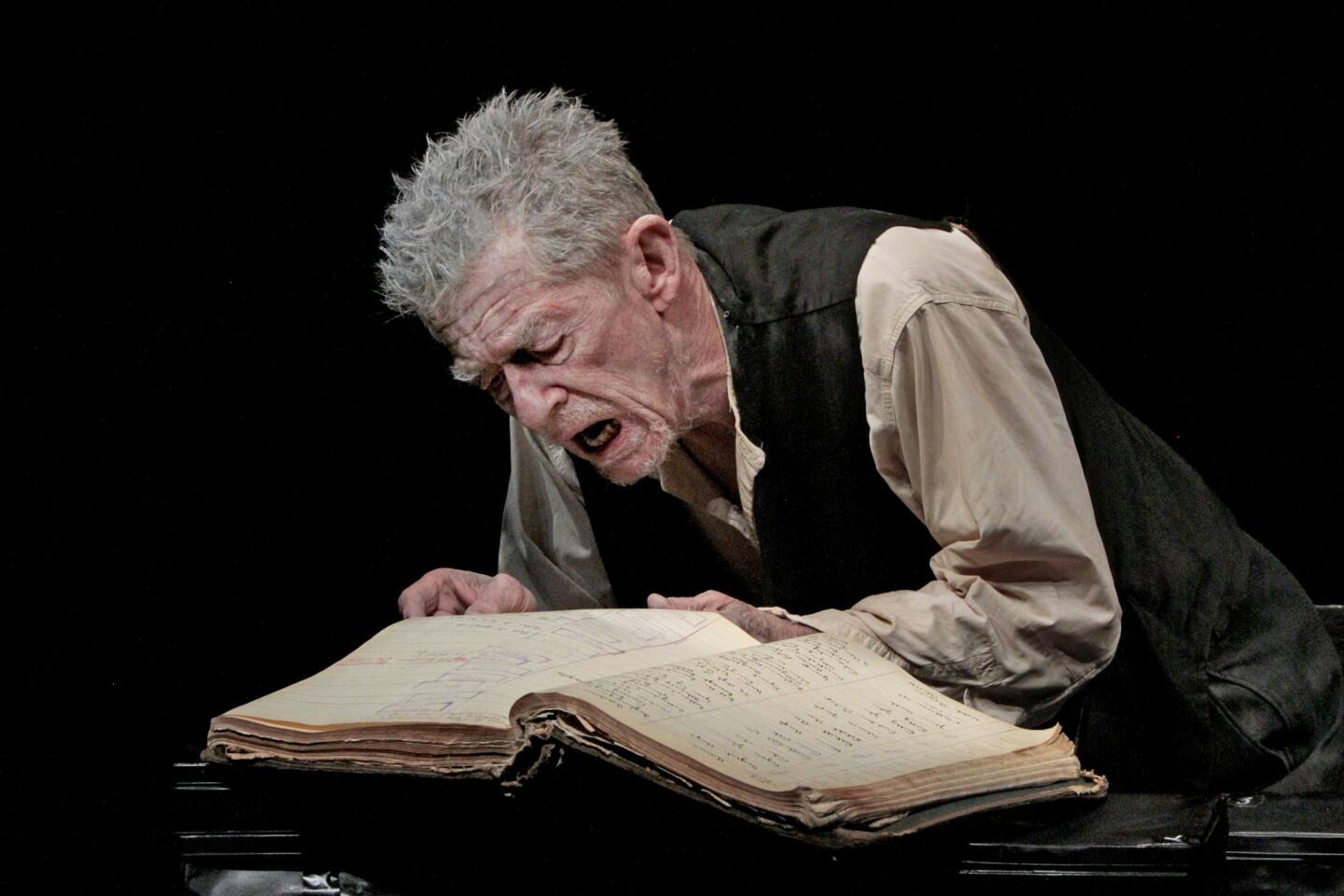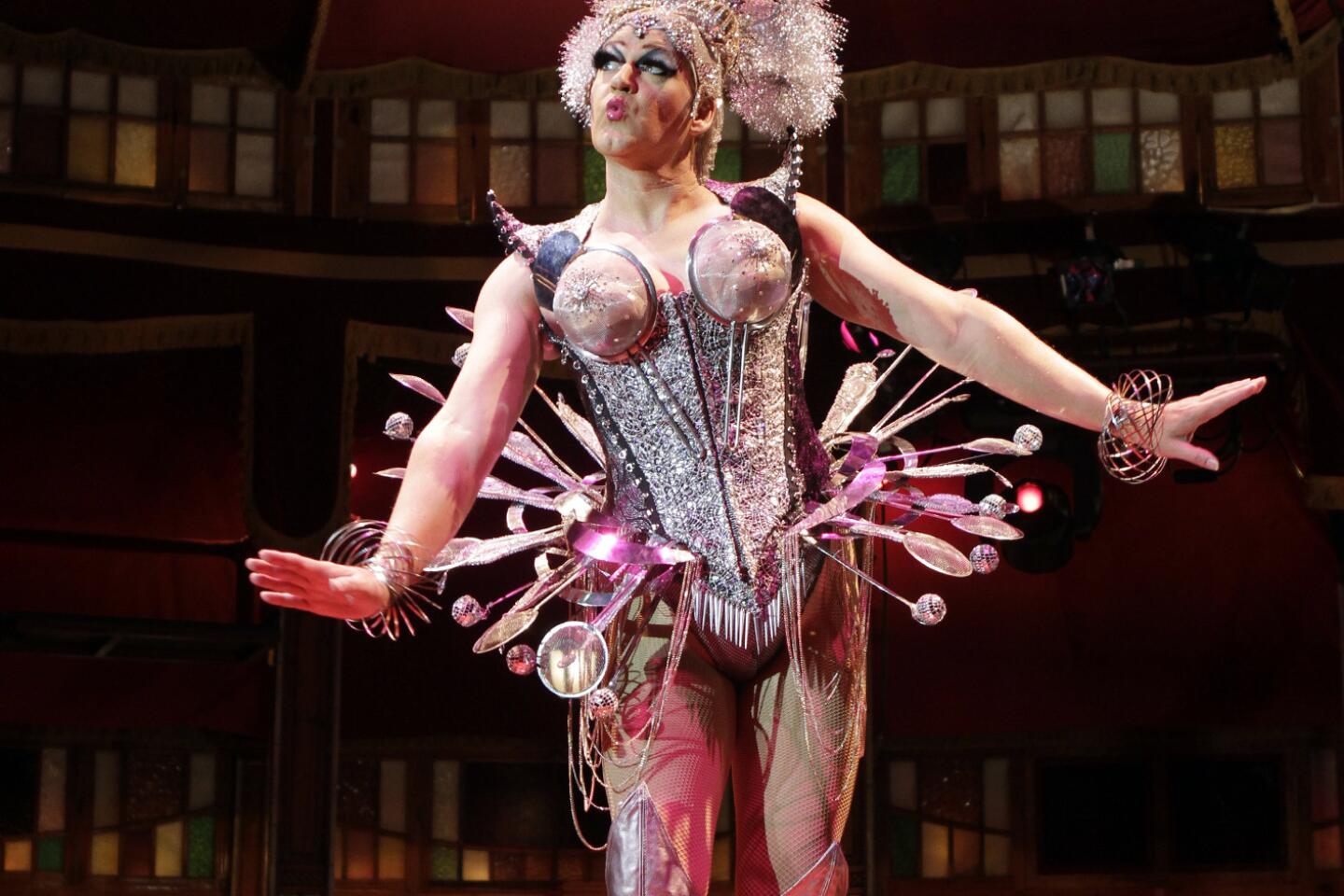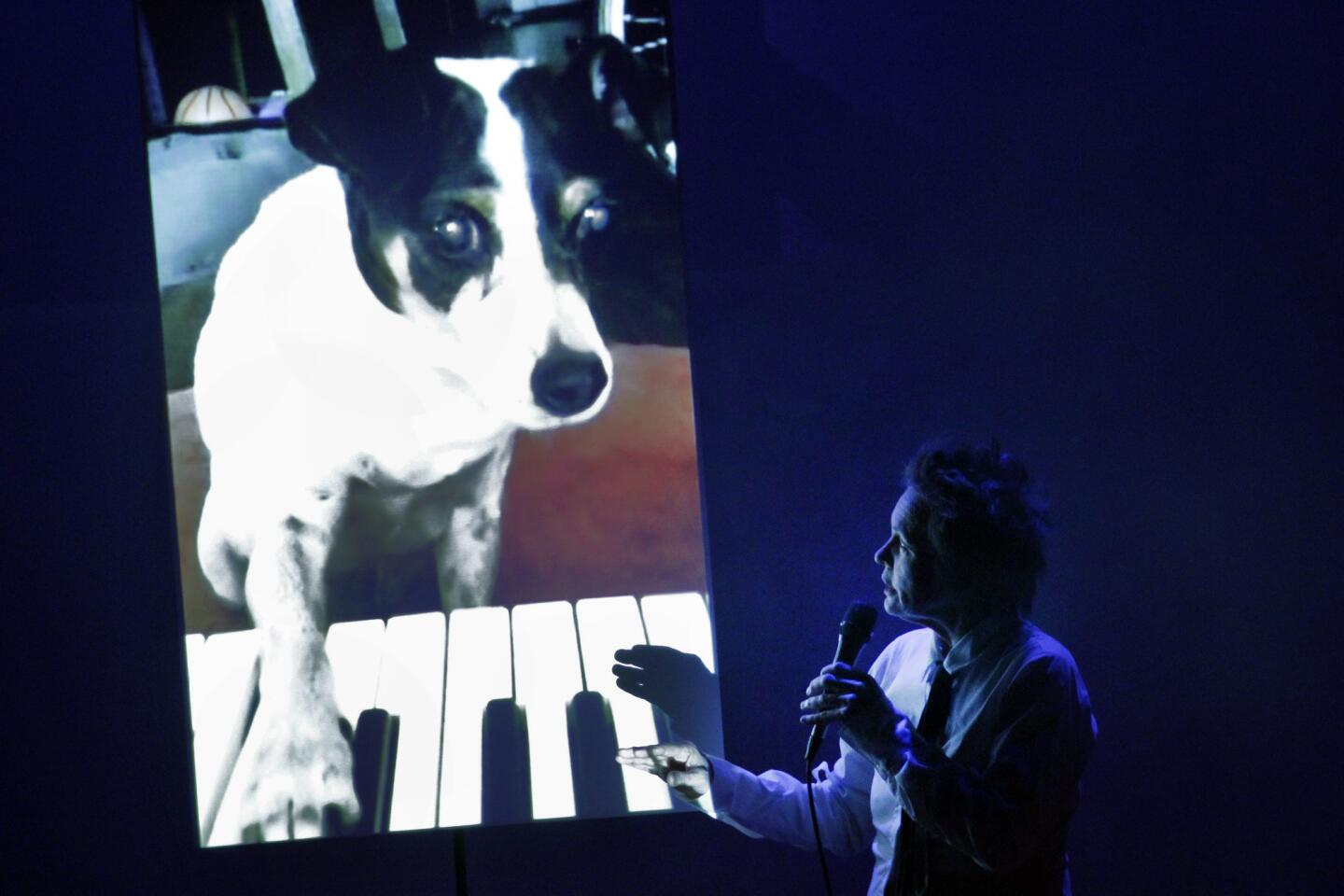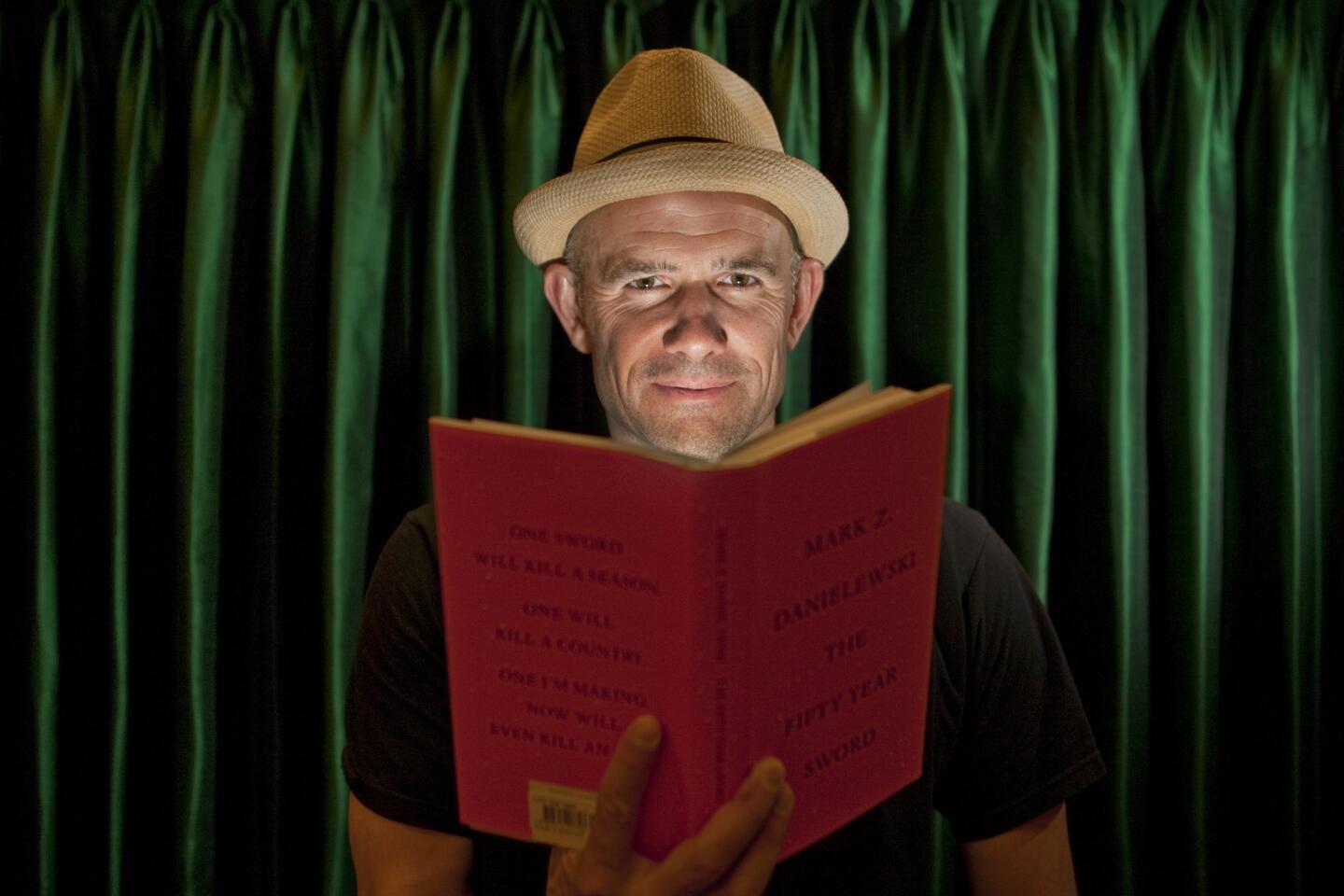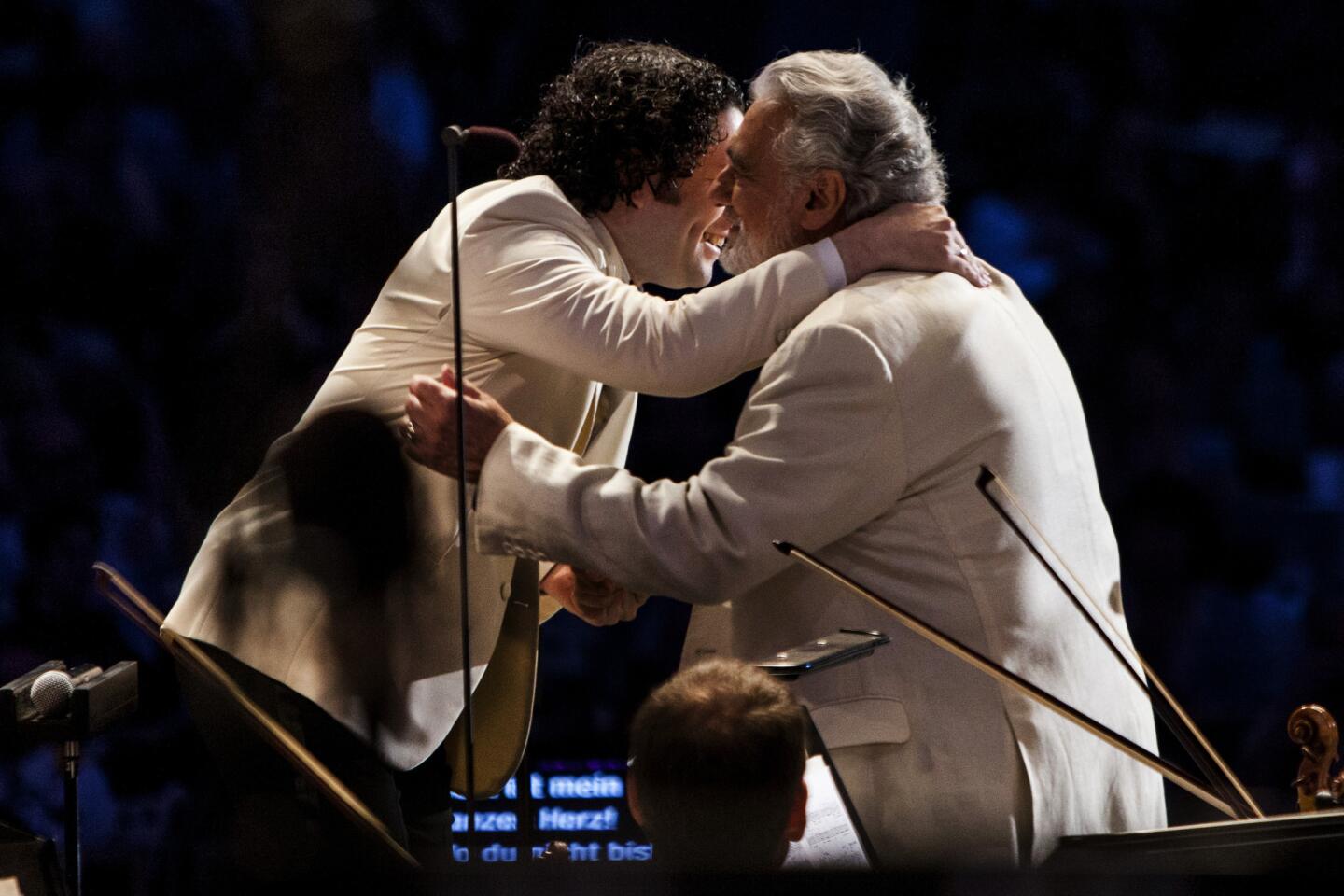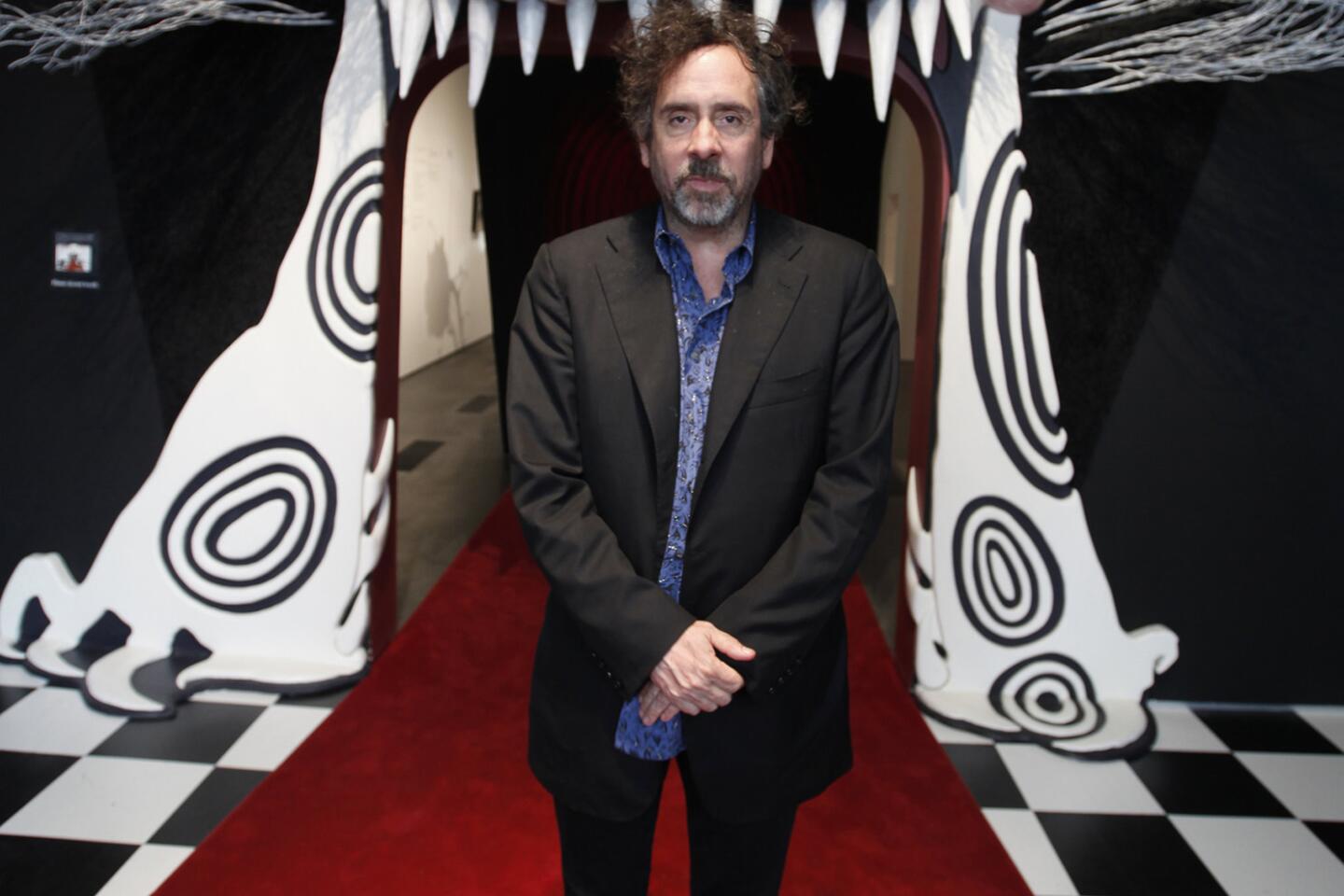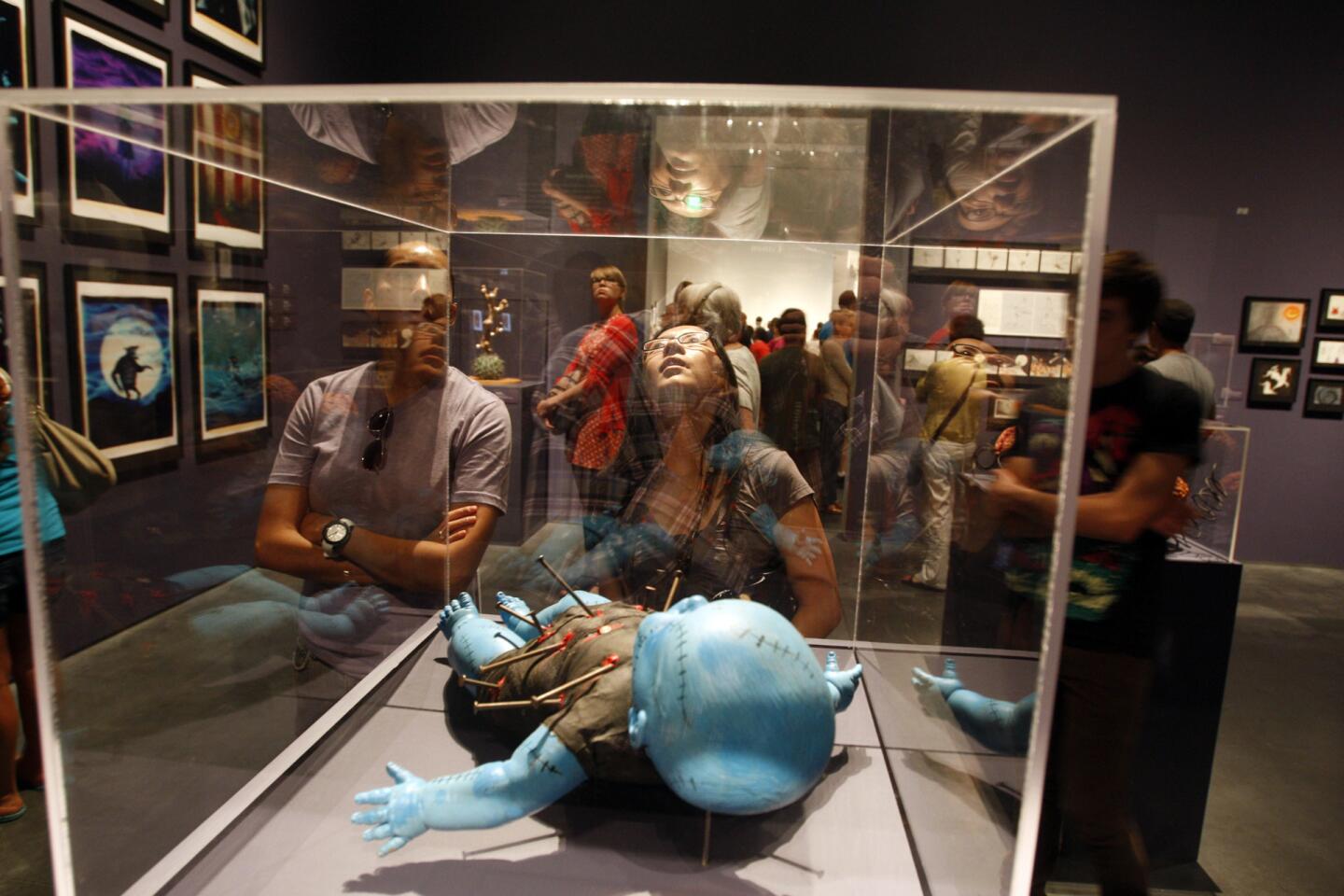Robert Sean Leonard indulges his first love: Theater
- Share via
As 2013 begins, Robert Sean Leonard is the theater world’s equivalent of a star athlete who’s just completed his contract and become a free agent. There isn’t a team that wouldn’t want him; all he has to do is pick the best fit and sign.
What’s missing — this being stage acting instead of professional sports — is the chance for a big payday.
But that’s all right with Leonard. For eight seasons ending last spring, he played Dr. James Wilson, the often-bemused sole friend of Gregory House, the brilliant, extremely eccentric and incredibly arrogant protagonist of the Fox television series, “House, M.D.”
PHOTOS: Arts and culture in pictures by The Times
He took the gig in 2004 because he needed the money. For him, “House” was just the thing — a good but not very taxing part in an unusual and well written show opposite an actor he liked and admired in Hugh Laurie. He didn’t realize going in that it would be like winning the lottery.
Leonard’s return to acting for love, not money — that is, stage acting — comes at the Old Globe in San Diego, where he’ll be Henry Higgins in George Bernard Shaw’s “Pygmalion.”
When he says that he pulled down as much as $2.4 million for a 24-episode season of “House,” he’s not boasting, but marveling. First, at how lavish the rewards can be for something as nonessential, in his view, as acting, and second, at how lucky his ride has been.
Theaters have been his professional workplace since he was a 14-year-old understudy at New York’s Public Theater. Now he is at a crossroads of sorts, and maybe that’s why he waxes a bit philosophical about it all as he shares a big, worn, brown, leather chair with Bradley, a tan Chihuahua mix that he and his wife, Gabriella Salick, brought home years ago from a Manhattan animal shelter.
Nearby, in this house on a horse ranch in Thousand Oaks, is a hearth with Christmas stockings hung for nearly the whole family, dogs included. Leonard and his 4-year-old, Eleanor, have a date later in the day to complete the set by making one for her 6-month-old sister, Claudia.
“When I was 23, I felt what I did had great importance, and that was part of the joy of it, walking on stages performing Shaw or O’Neill or whatever,” Leonard says. “I’ve changed. Maybe it’s being 43. Maybe it’s having family and kids. I love what I do, but I wouldn’t even put it on a par with school teaching or even fixing power lines at this point. Maybe I’d put it on a par with the guy fixing sandwiches in the deli.
PHOTOS: Arts and culture in pictures by The Times
“I feel what I do can give people pleasure, at best, or maybe help them have an insight into their own lives,” he says. “After seeing a very good production of ‘Our Town’ [in which Leonard played opposite Alan Alda in London when he was 22], maybe people will look in on their kids sleeping and just look at them for five minutes.”
He says he took the part at the Old Globe because he wanted to do a play (“Born Yesterday” on Broadway in 2011 was his lone theatrical turn during the “House” years), because he loves Shaw (performing in “Candida” in 1993 earned him the first of three Tony nominations) and because his friend, director Nicholas Martin, asked.
Leonard said it hadn’t occurred to himthat playing Henry Higgins is a role reversal from “House.” Having been the sensitive, comparatively level-headed sidekick to Laurie’s scabrous and scandalous ace diagnostician, now he gets to be the brilliant, eccentric, arrogant one. Paxton Whitehead plays the levelheaded sidekick, Col. Pickering, and Charlotte Parry is Eliza Doolittle, the Cockney flower girl Higgins undertakes to turn into a proper lady spouting perfect English as a testament to his own genius as a world-renowned expert on dialects and elocution.
The parallel with “House” had, in fact, occurred to Martin, who’d directed Leonard in a 1998 off-Broadway production of Shaw’s “You Never Can Tell.” He thought the connection might help lure the actor to San Diego as opposed to stepping right back to Broadway, where Leonard has done a dozen plays.
“He has a blend of sensitivity and masculinity, with a real intelligence, that few actors can match,” Martin said. “One thing you can’t teach or suggest in actors is charisma and simpatico, and Bobby’s always had it.”
Jack O’Brien, the former Old Globe artistic director who first brought Leonard there in 1993 as Edgar in “King Lear” and later directed him in his Tony-winning turn as poet A.E. Housman in Tom Stoppard’s “The Invention of Love,” raves about the superior technique that helps Leonard excel in complex parts for which the words must dance.
“He’s a perfect Shavian actor. His mind moves at lightning speed, and he knows how the language works,” O’Brien says. “He has a set of lungs that are leather, and he can get to the ends of those [long] lines. There are 12 to 15 actors you want every time you cast a show, the people who can really do it. I would get him every chance I got.”
Leonard wasn’t shaped by a high-powered actor training program. Nor does he come from a showbiz family — although he earned a Tony nomination playing the tortured scion of a notably dysfunctional one in a revered 2003 Broadway production of Eugene O’Neill’s “Long Day’s Journey Into Night” that also starred Vanessa Redgrave, Brian Dennehy and Philip Seymour Hoffman.
Leonard’s mother and father, now retired, were a nurse and a teacher; his sister and brother are an English teacher and a cop. All are back in New Jersey, and the previously New York-based Leonard says that after the “House” years in Southern California, he feels the tug of family back East. For now, he continues to live rent-free on the horse ranch where his wife, the daughter of a Los Angeles physician, grew up.
She’s more famous than he is in some circles, Leonard says — a former Princeton and Columbia University classics scholar who has won horse jumping championships on the international equestrian circuit. They were introduced by a producer at Malaparte, the New York City stage company he founded with Ethan Hawke after they’d become friends acting together in “Dead Poets Society.”
“He said, ‘I only know one person on earth who goes out less than you do — my cousin Gabby,’” Leonard recalled. “We were a perfect match. We’re very boring people. We love being home and reading and occasionally watching a ‘Law & Order’ if we have a spare hour.”
Leonard appeared steadily in films and television movies before “House,” and he doesn’t intend to focus solely on theater now.
During the interview he was still sporting a ragged beard grown for a guest-starring role fighting alien invaders alongside Noah Wyle in several episodes of the coming season of the TNT television series “Falling Skies.”
But screen stardom isn’t something he craves, having seen how hard celebrities have to work at their fame. “I don’t have it in me. There are some people who want to be adored by millions of anonymous people, and I think that’s an unfortunate desire, because from all I’ve ever read and seen in my life, I don’t think it actually ever fills the hole you think it will.”
But Leonard is not casual about acting, even if he’d rather think of it, in the grand scheme of things, as a relatively unimportant craft instead of a noble and brilliant art. Interviewed three days before the start of rehearsals for “Pygmalion,” he said that for four nights running he’d been having bad dreams about being unprepared for what he expected to be an uphill battle to seize Henry Higgins back from Rex Harrison, Alan Jay Lerner and Frederick Loewe.
Many in the audience will know the Higgins and Doolittle of “My Fair Lady,” the blockbuster 1950s musical adaptation of “Pygmalion” that also starred Audrey Hepburn. Shaw’s comedy is quite different, even apart from the fact that Higgins and his protégée are not seen flamenco-dancing through “The Rain in Spain” together.
“When I’m on stage, I want to excel. I do feel driven that way, and I’m actually quite ambitious in that regard,” Leonard said. “To have a strong sense that what you do is not vitally important to the universe, but also to be passionate about it and believe that wanting to play Henry Higgins as best you can does have importance — they both exist for me at some level.”
More to Read
The biggest entertainment stories
Get our big stories about Hollywood, film, television, music, arts, culture and more right in your inbox as soon as they publish.
You may occasionally receive promotional content from the Los Angeles Times.
